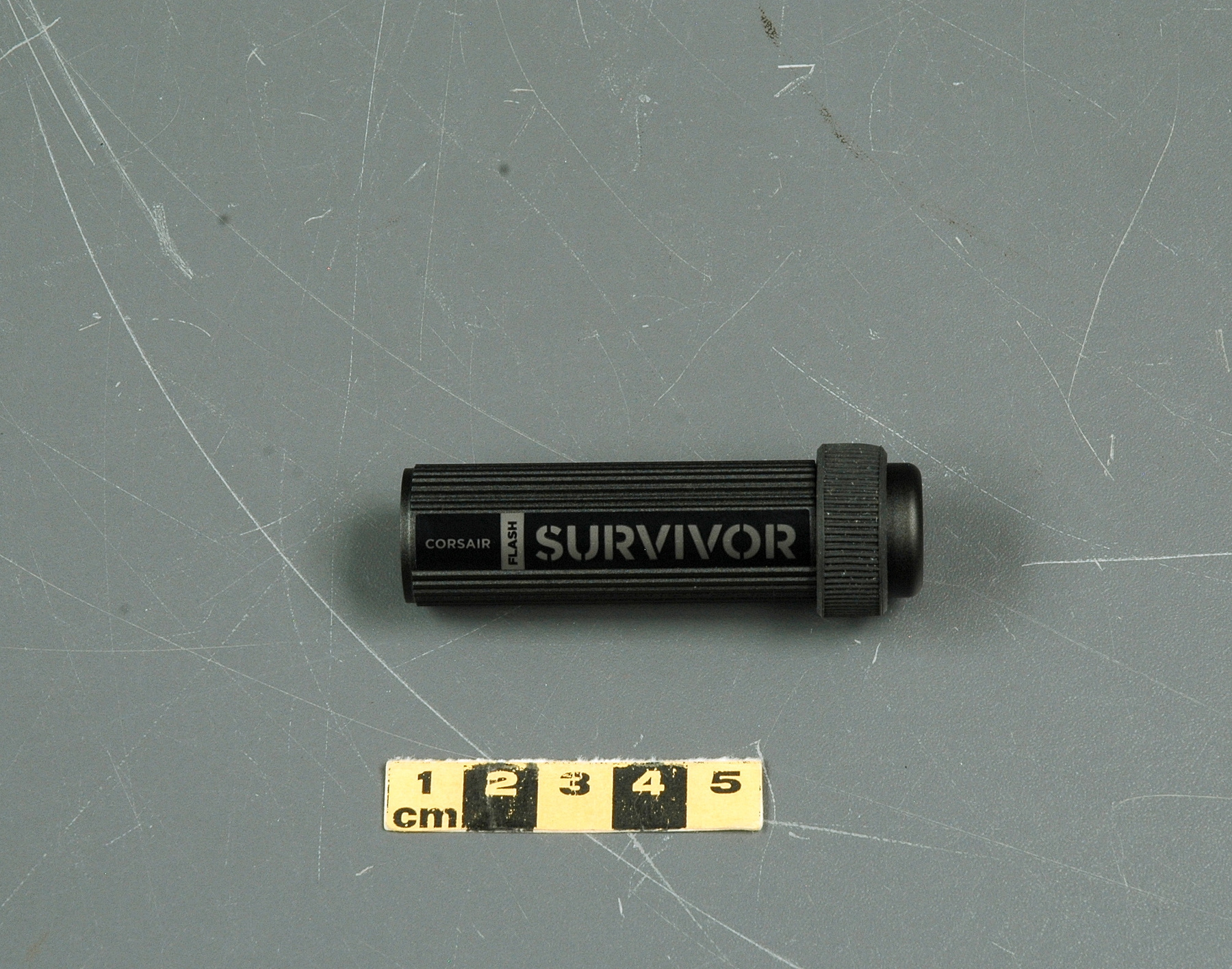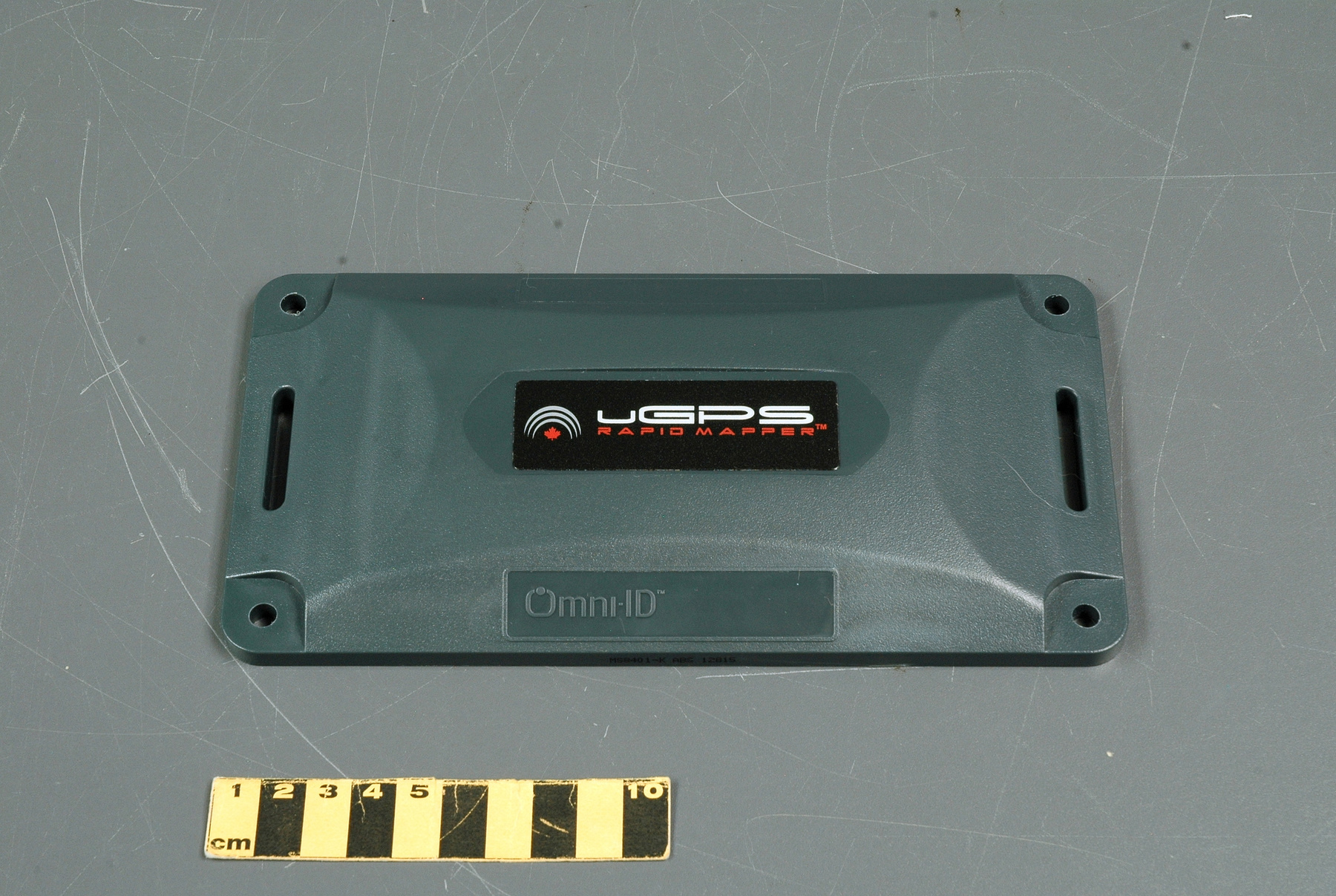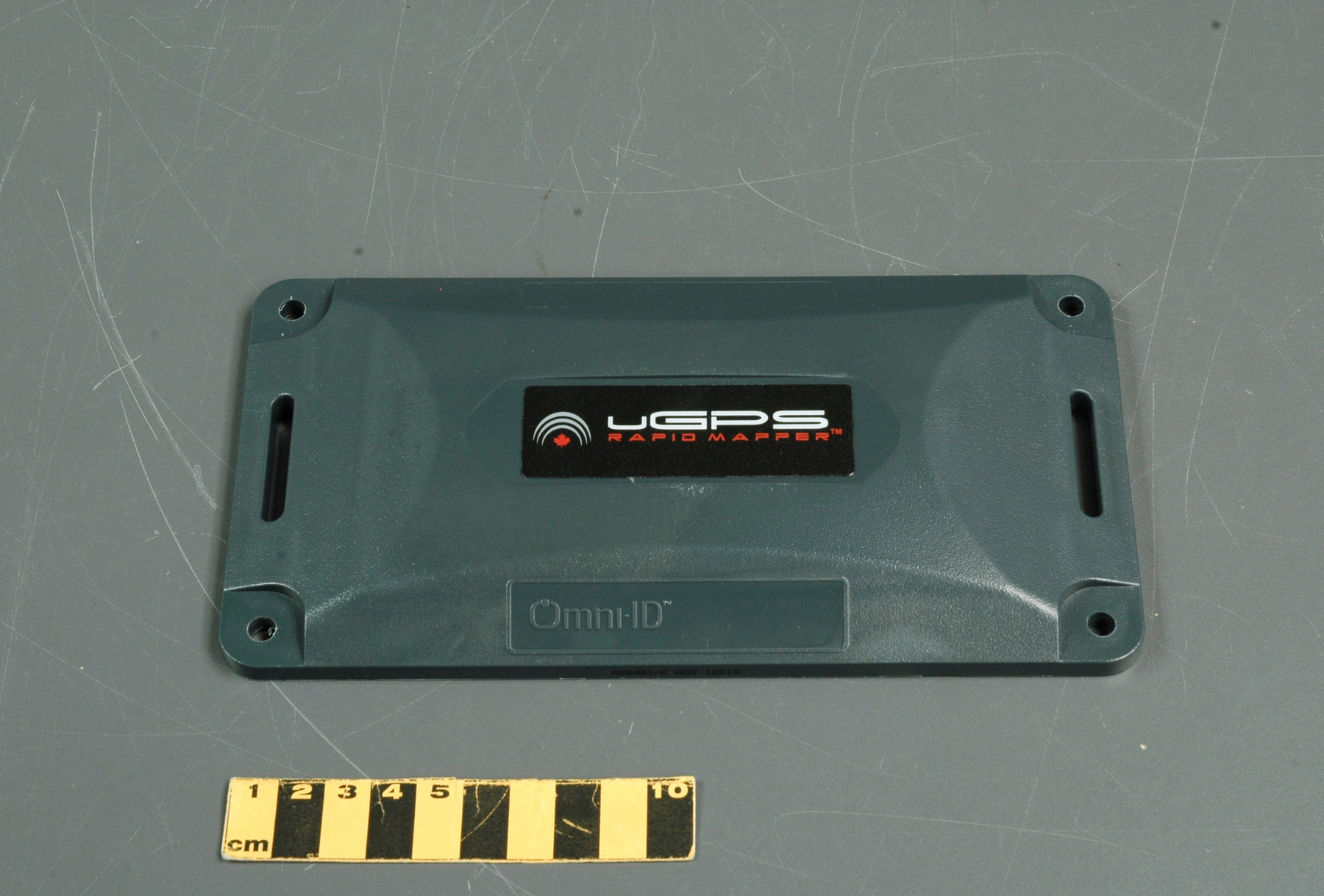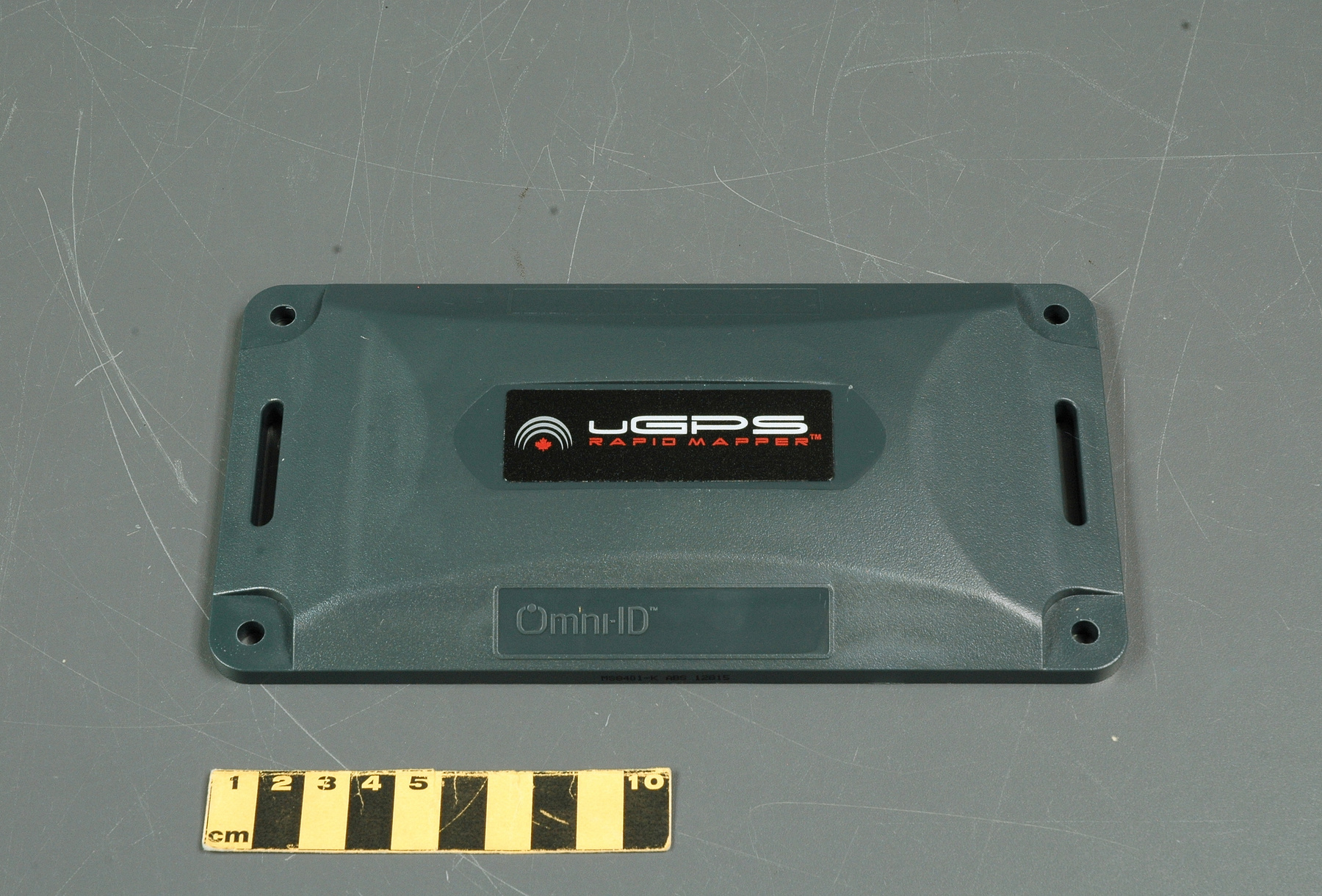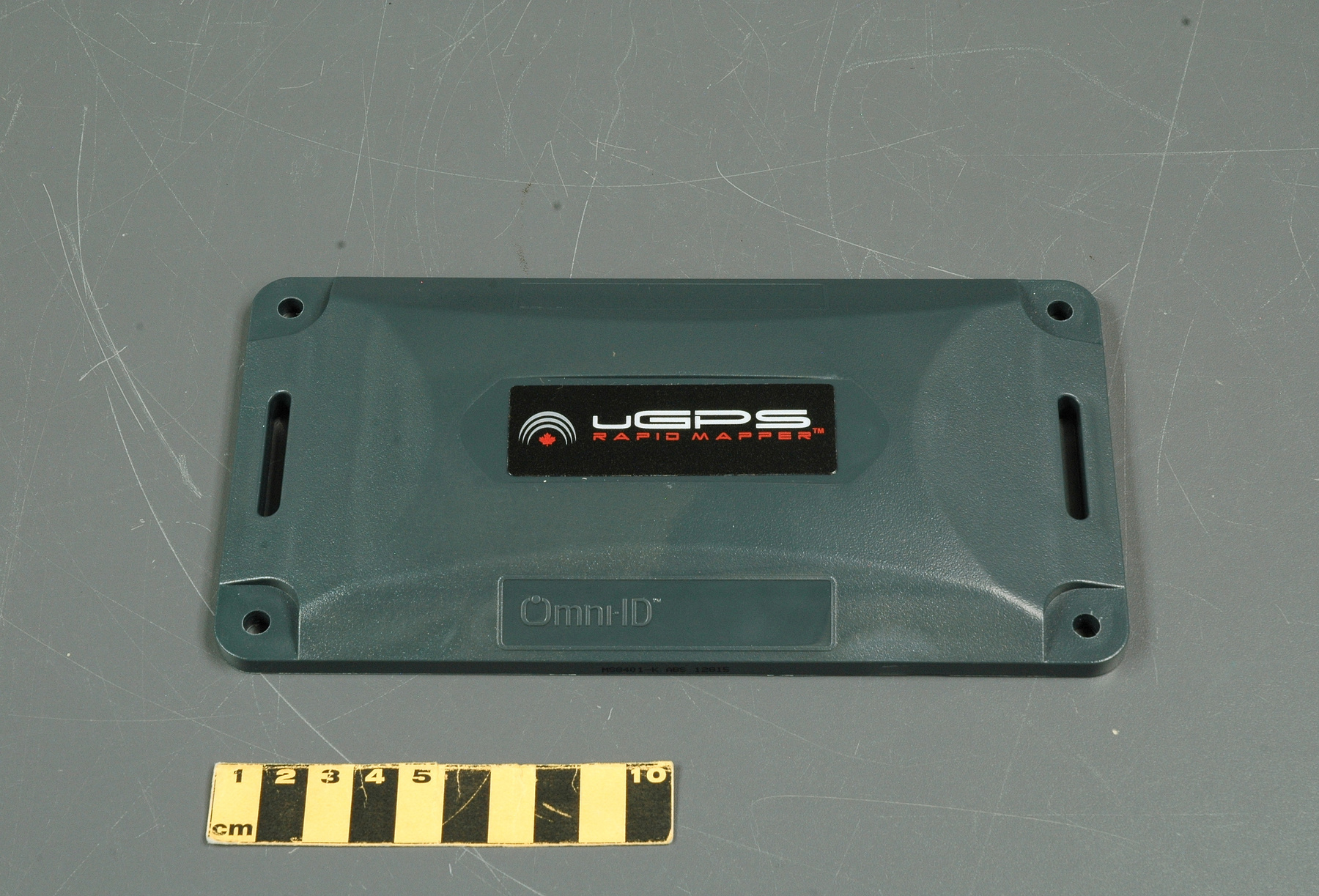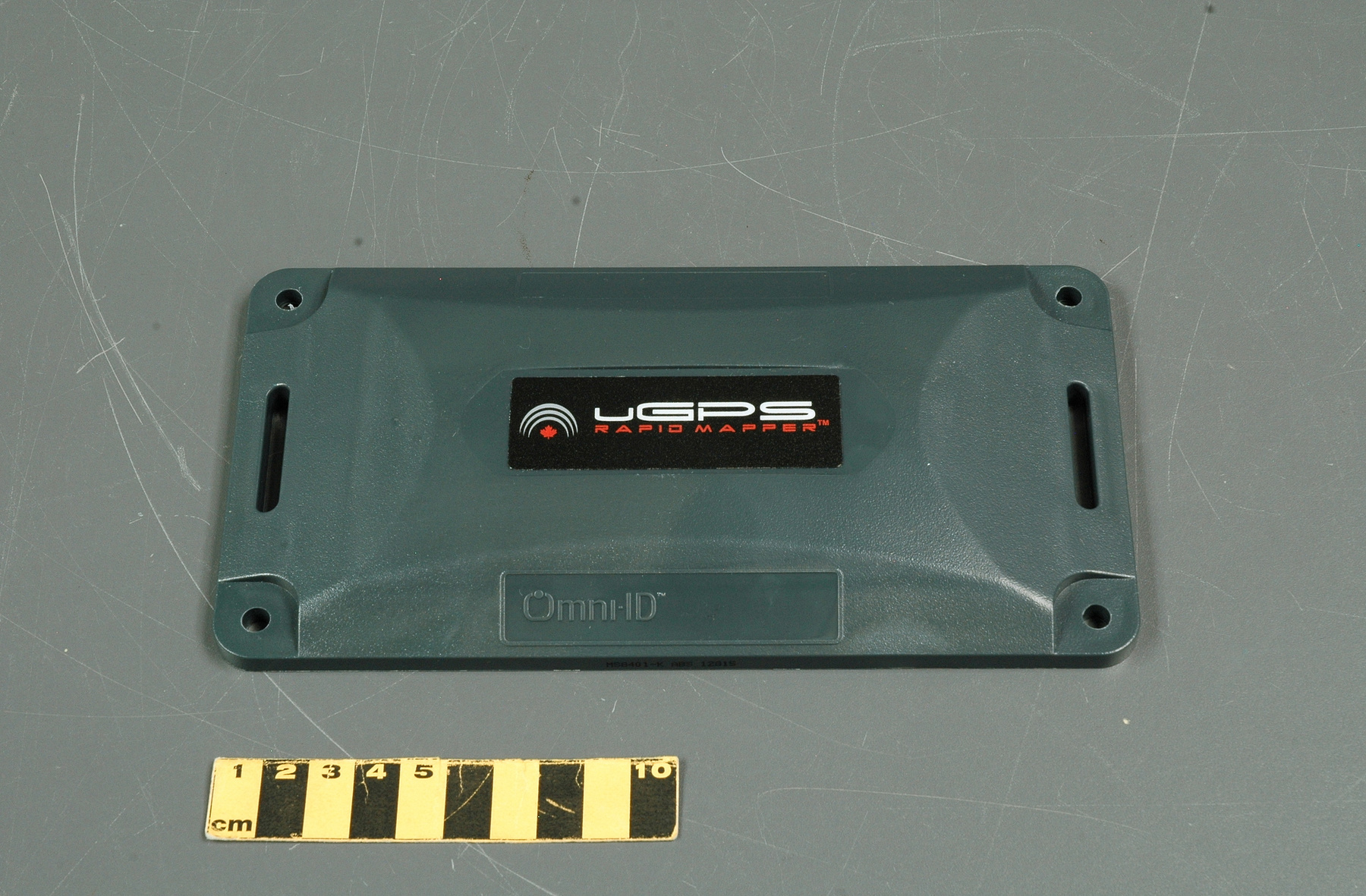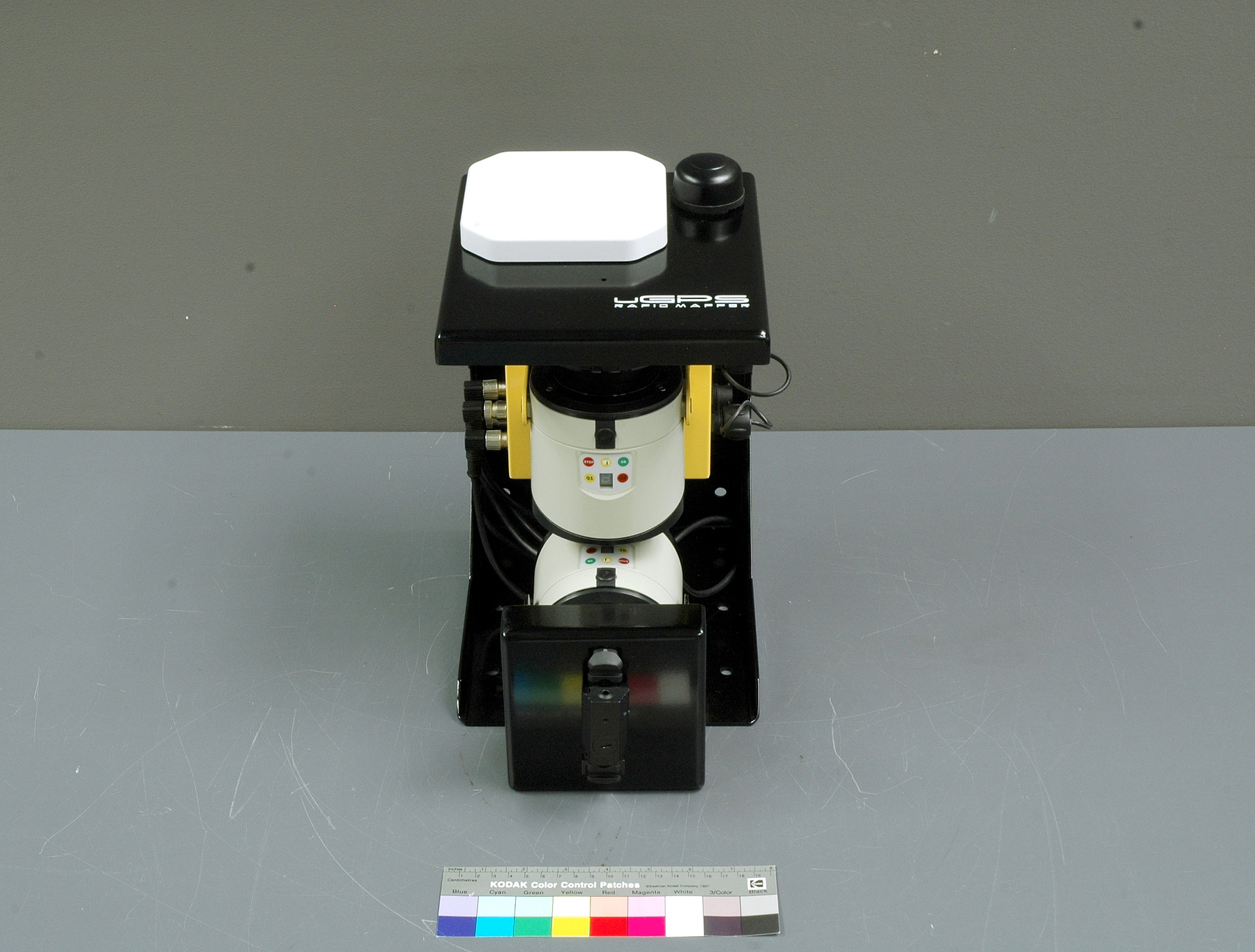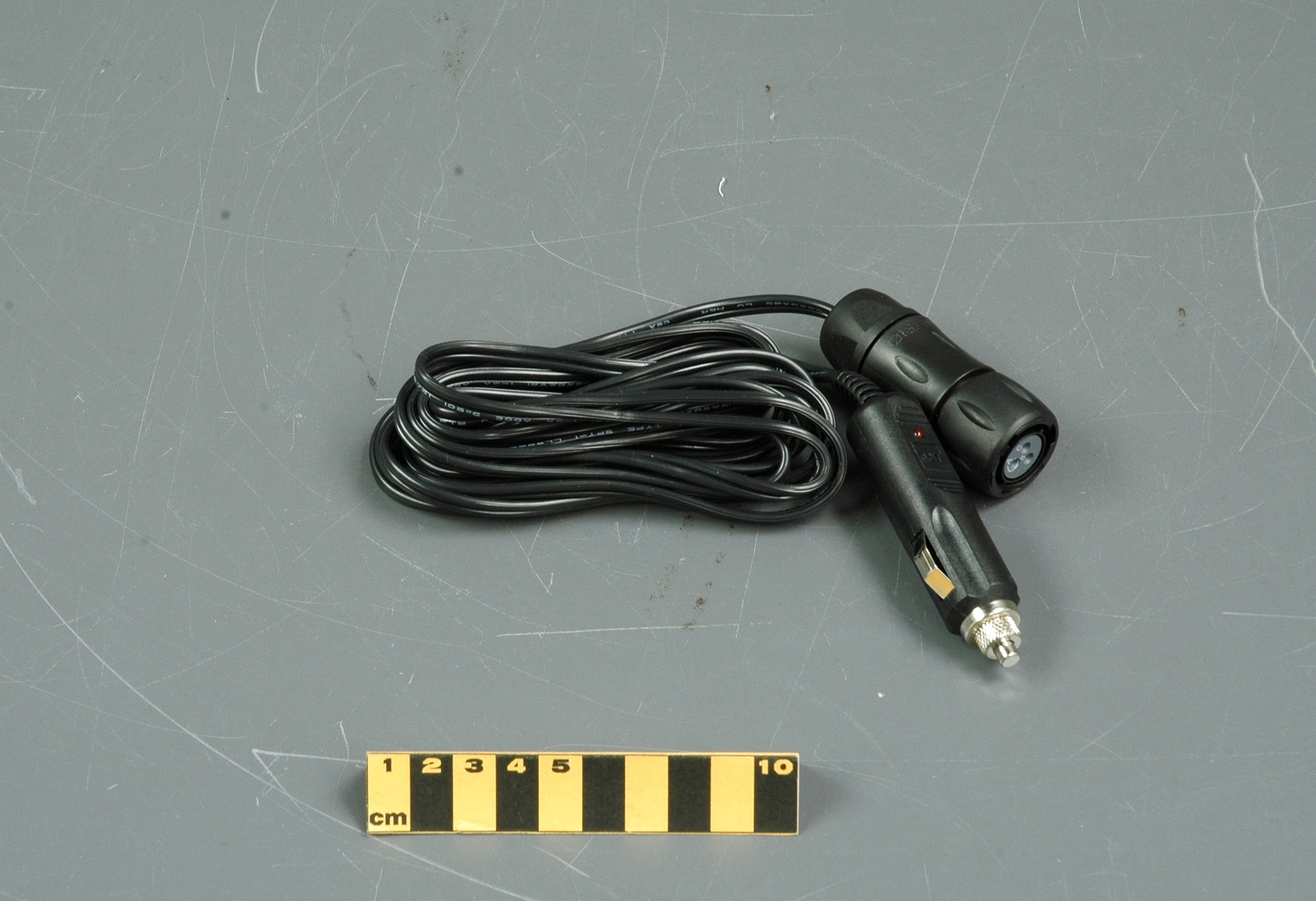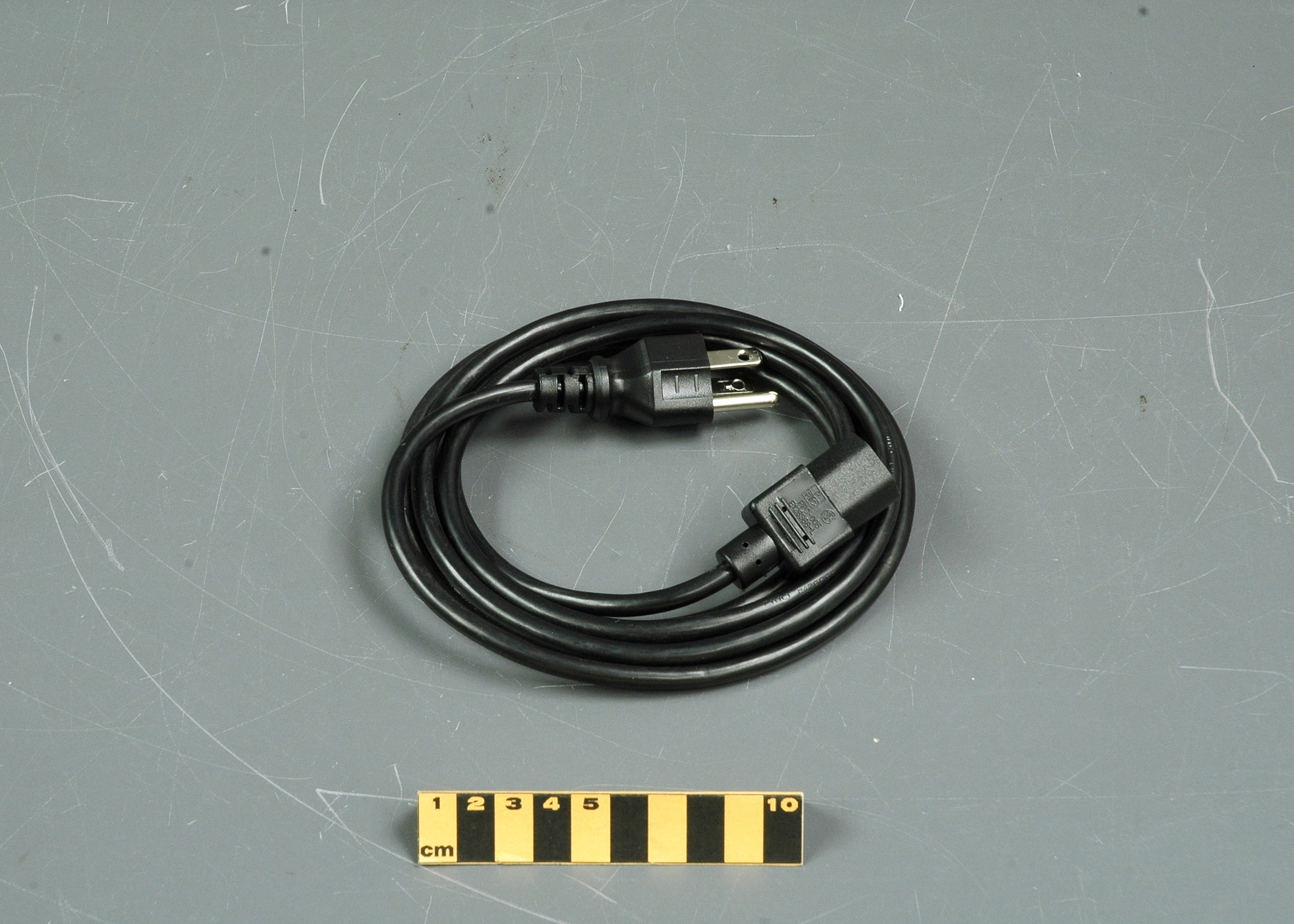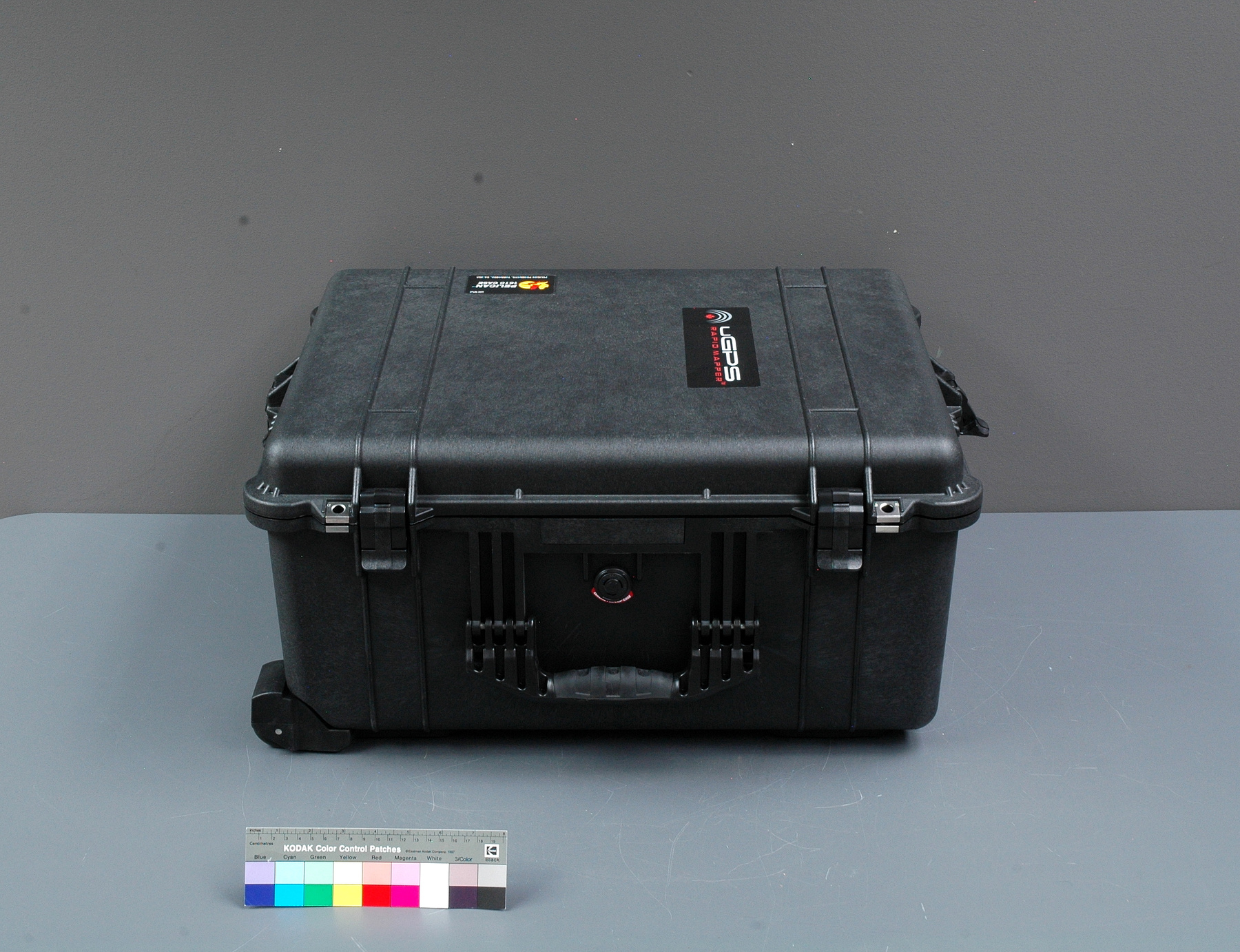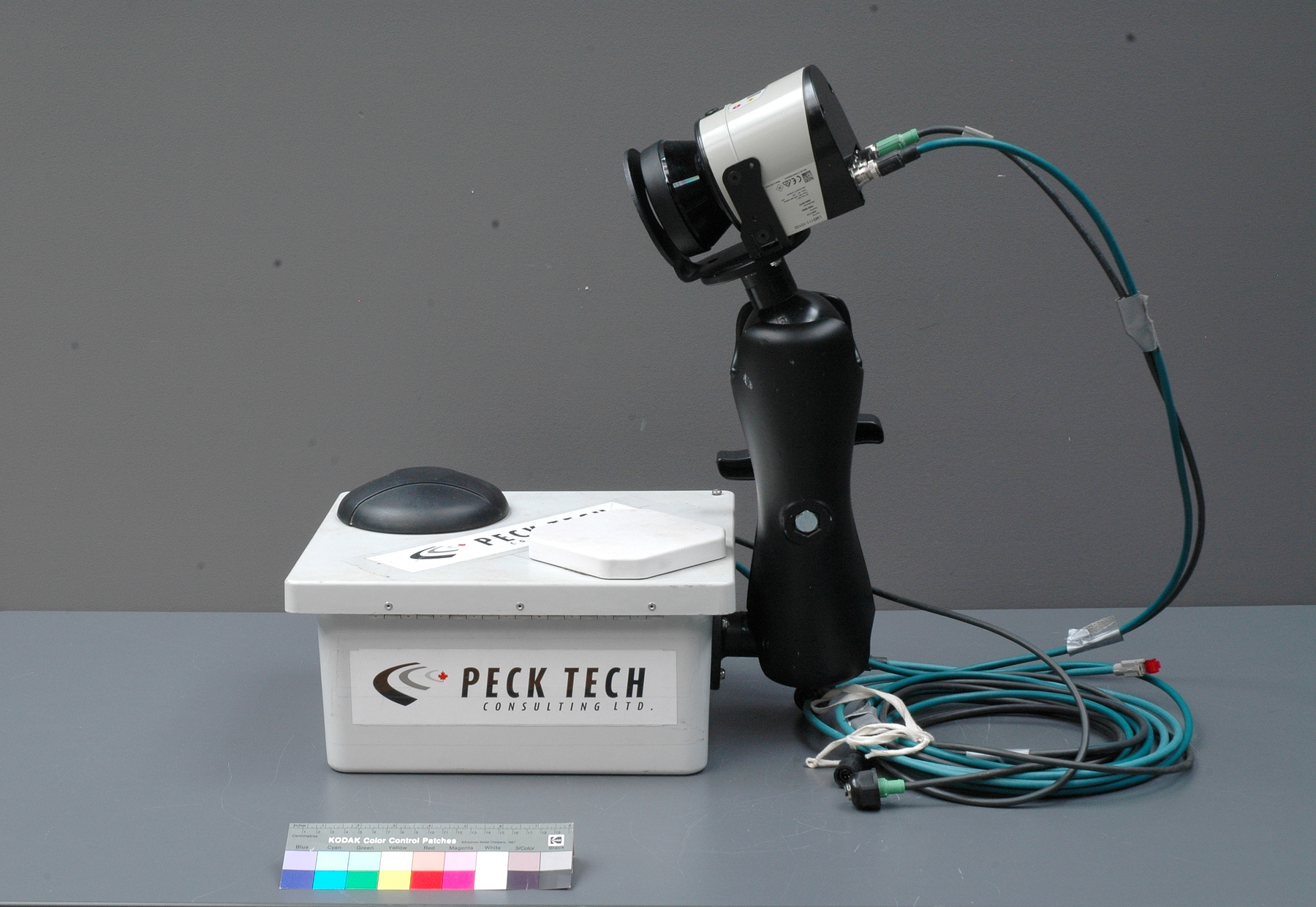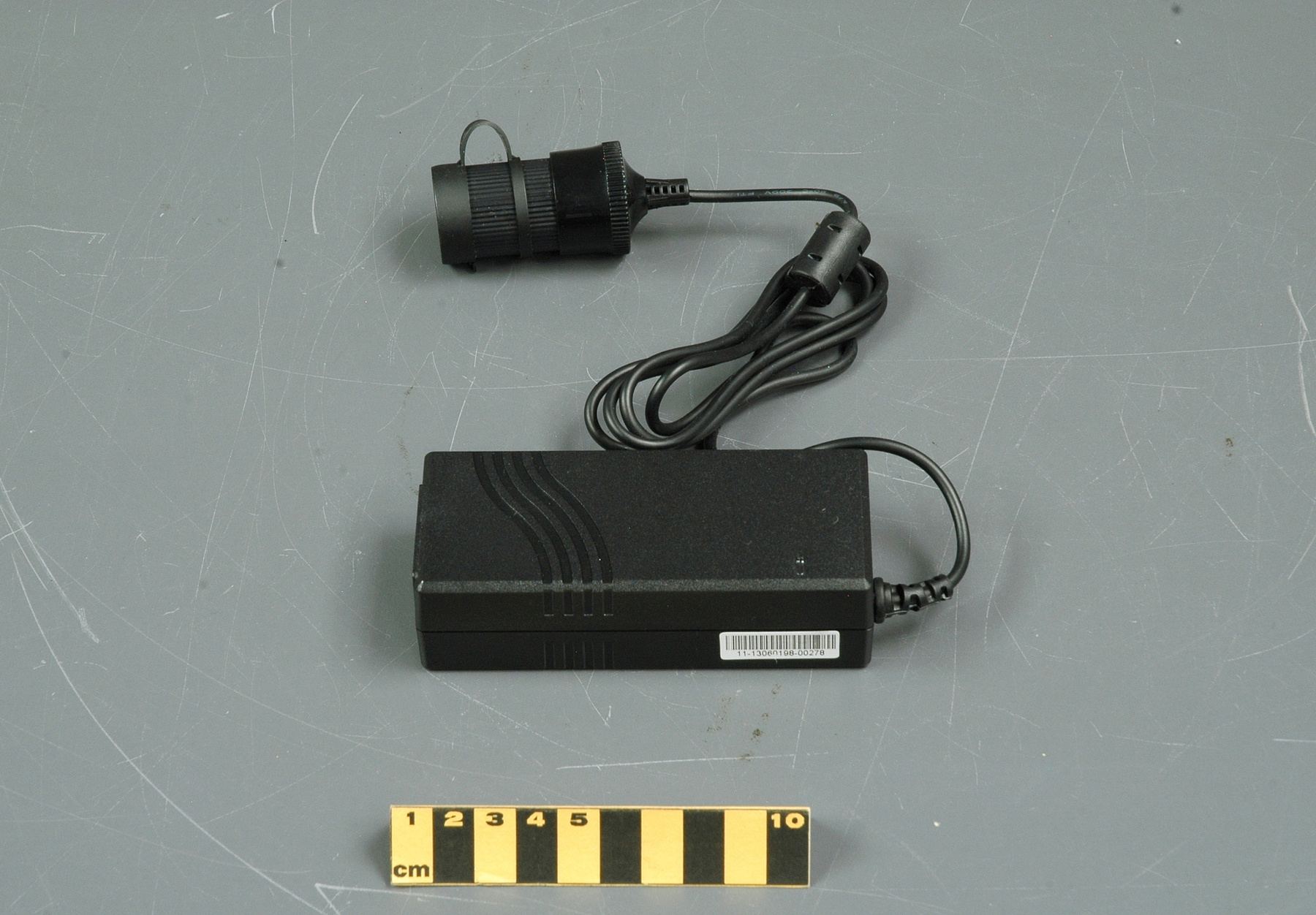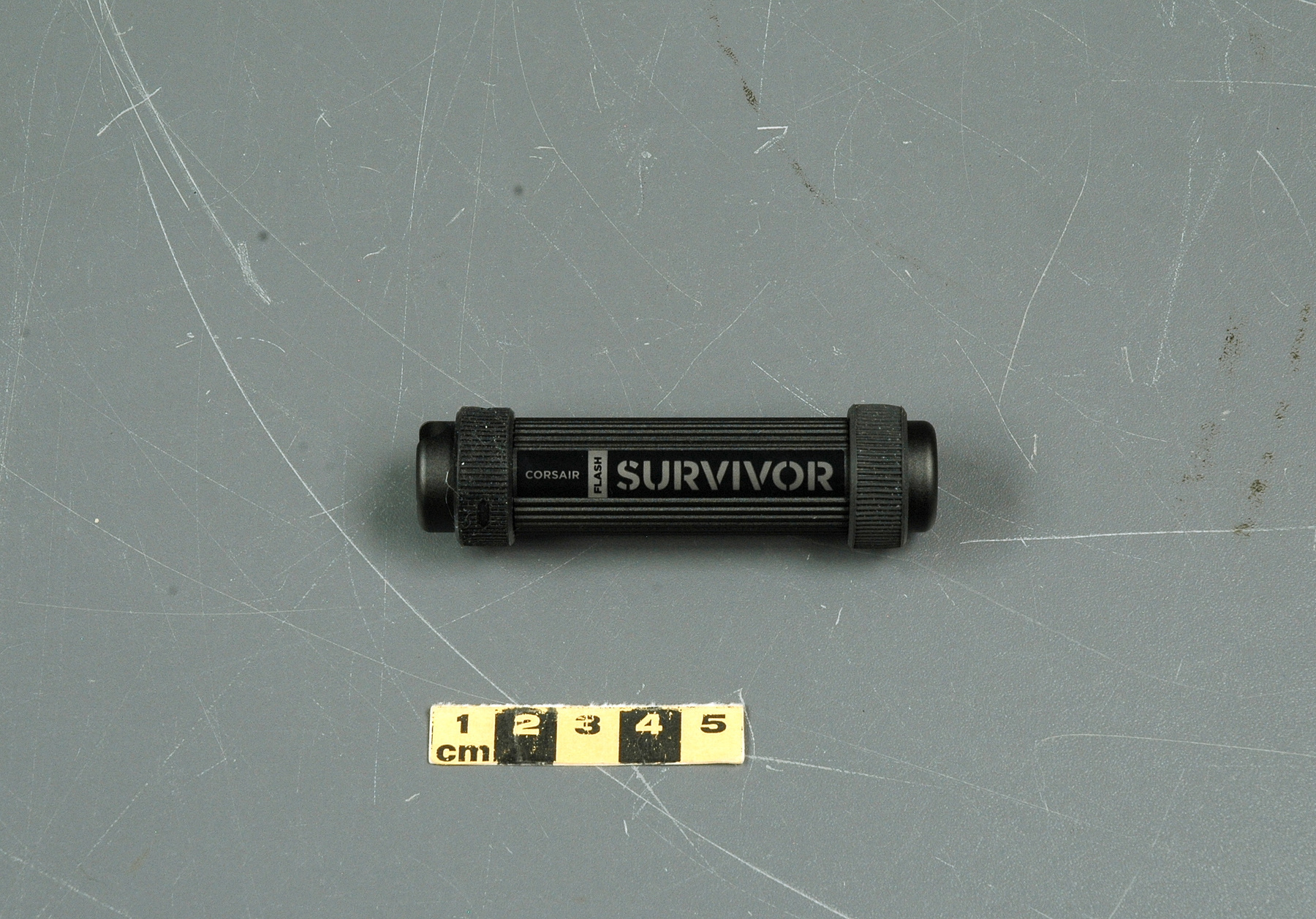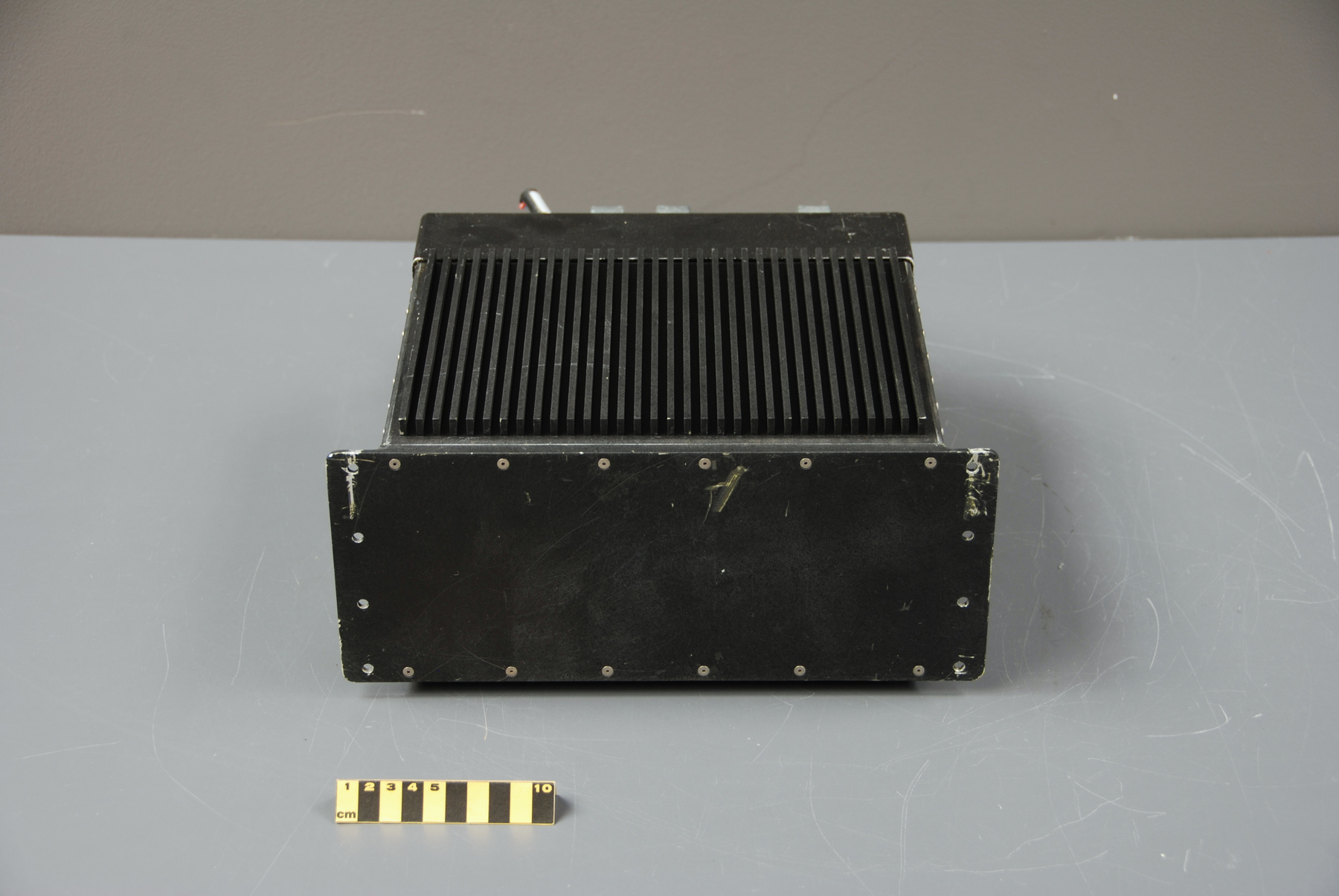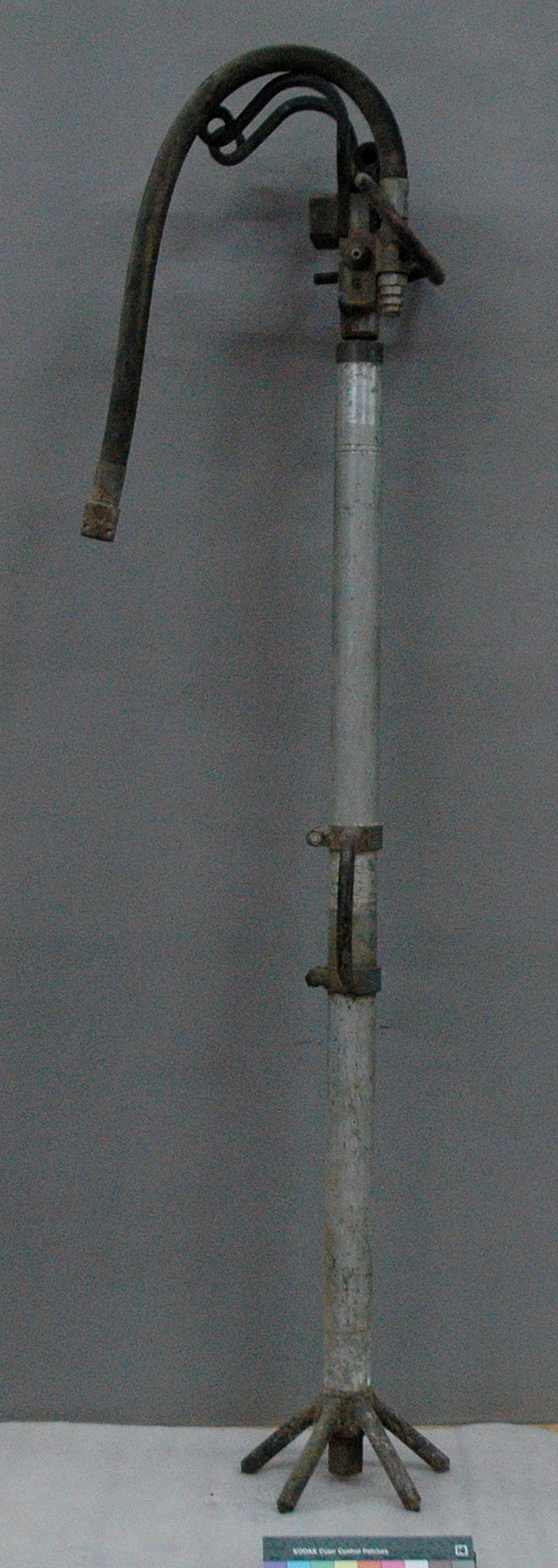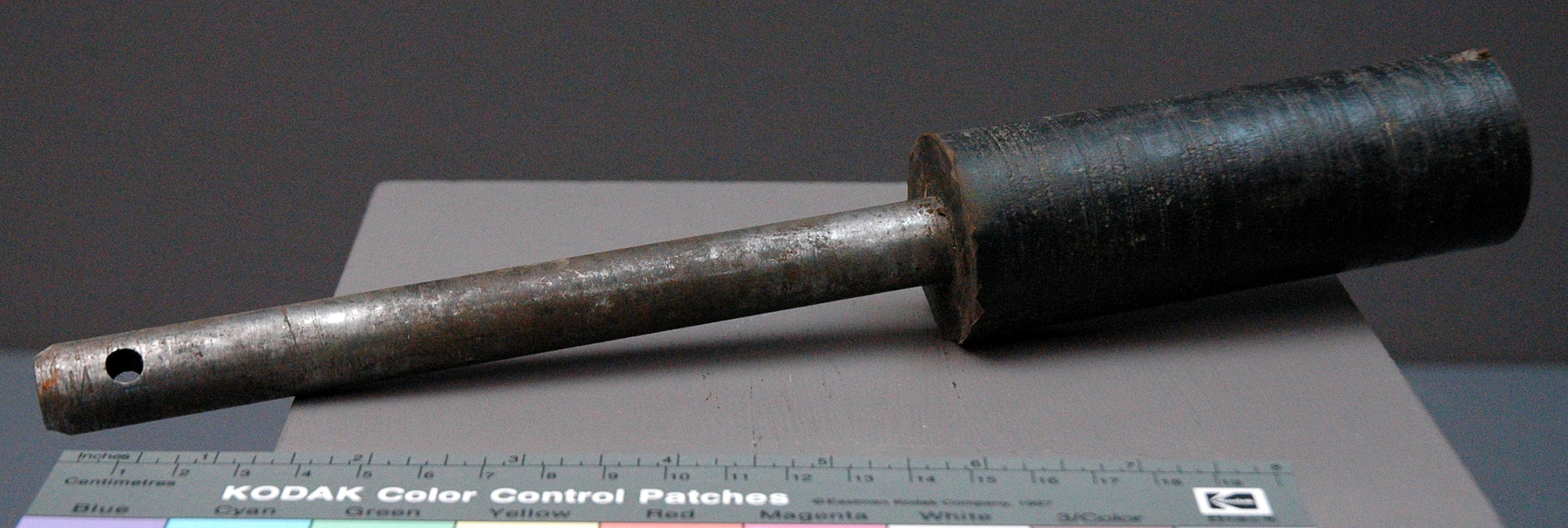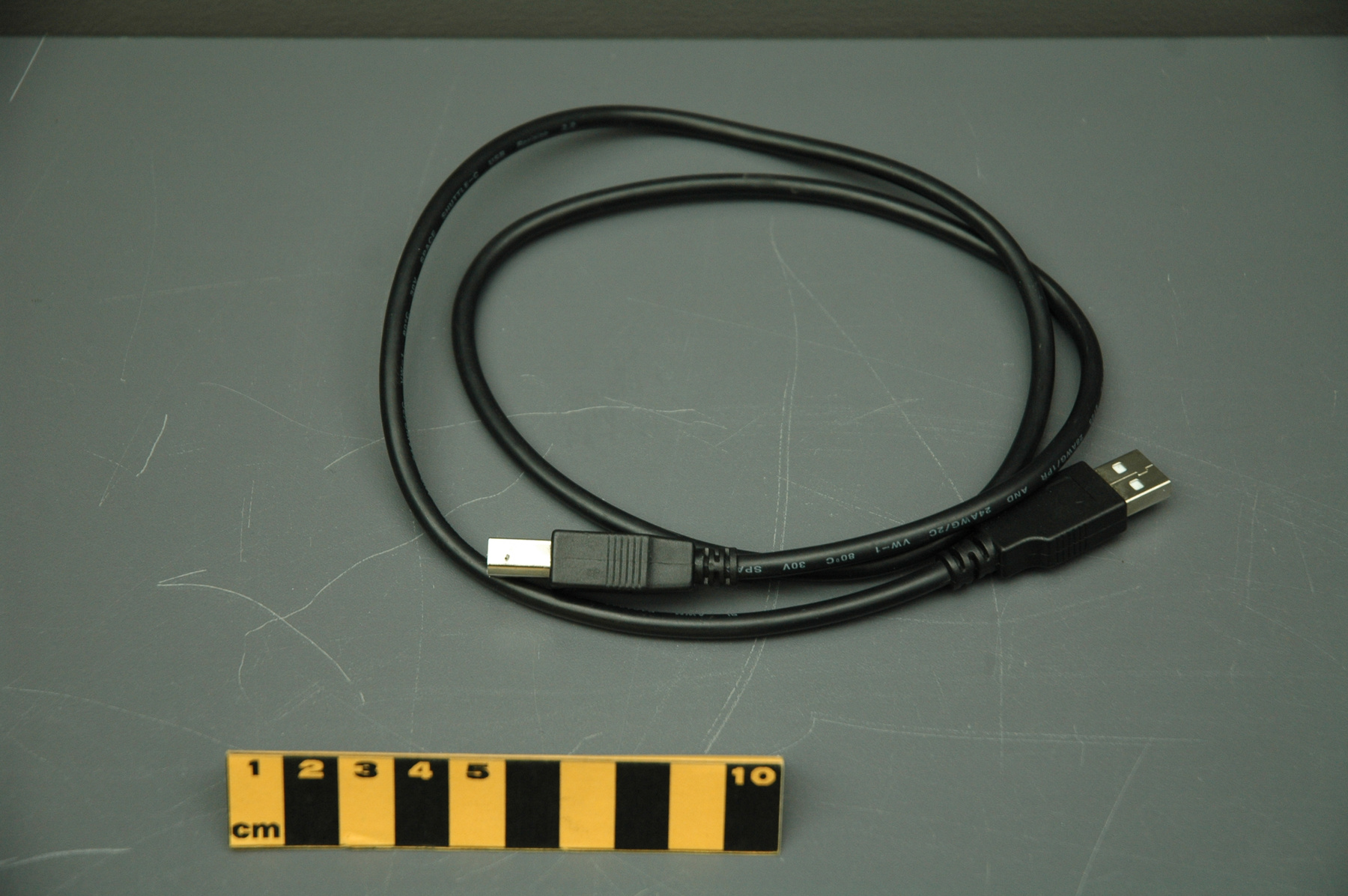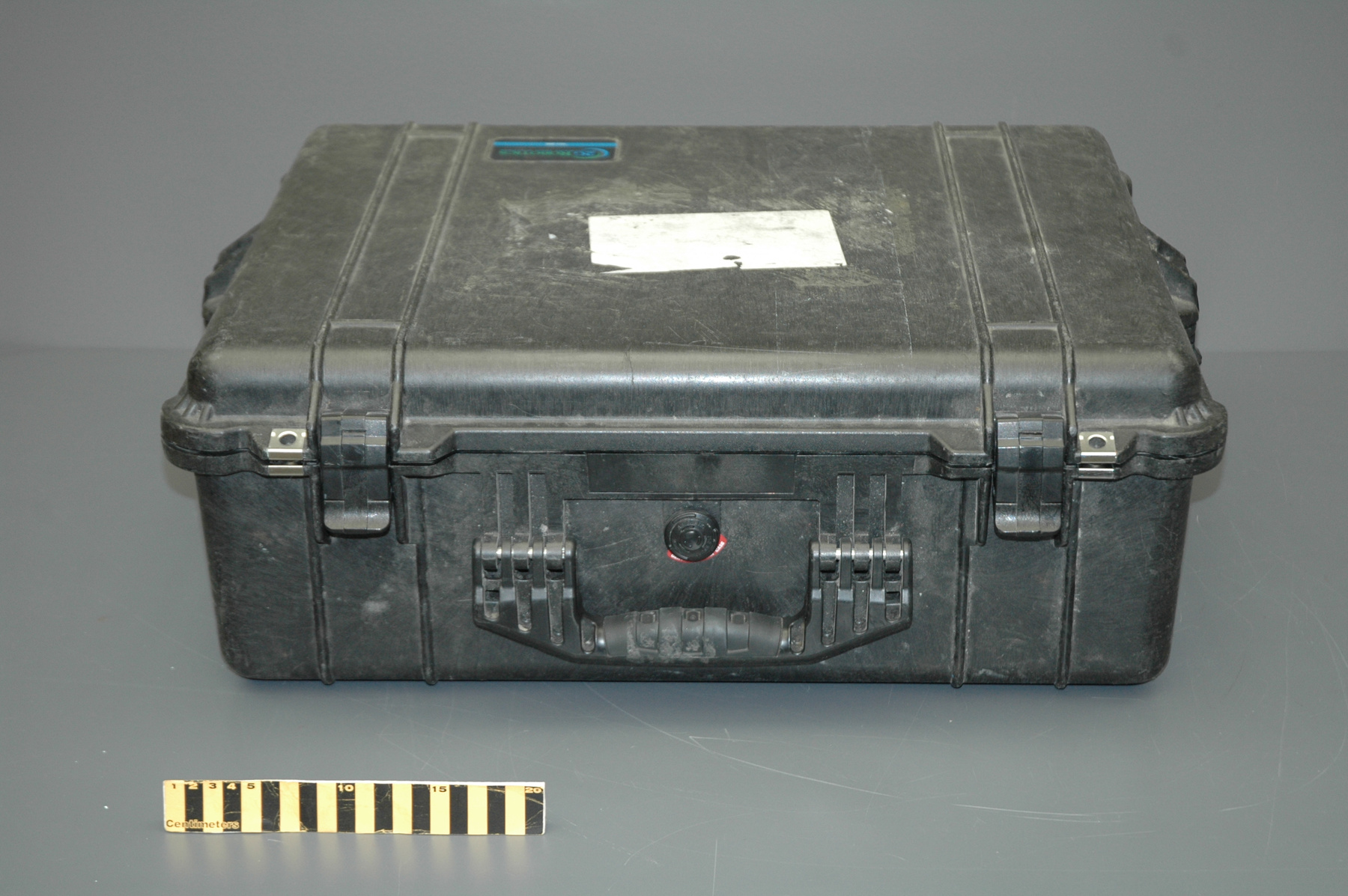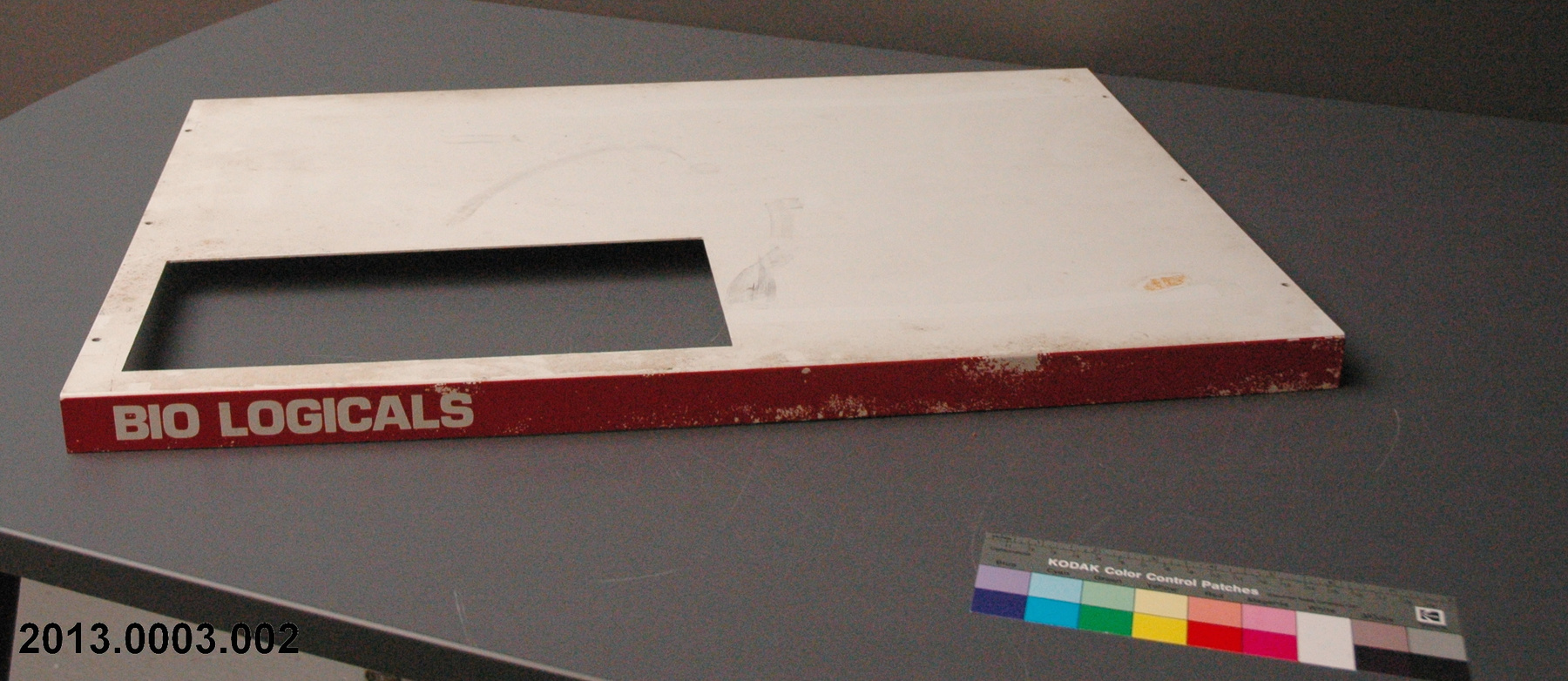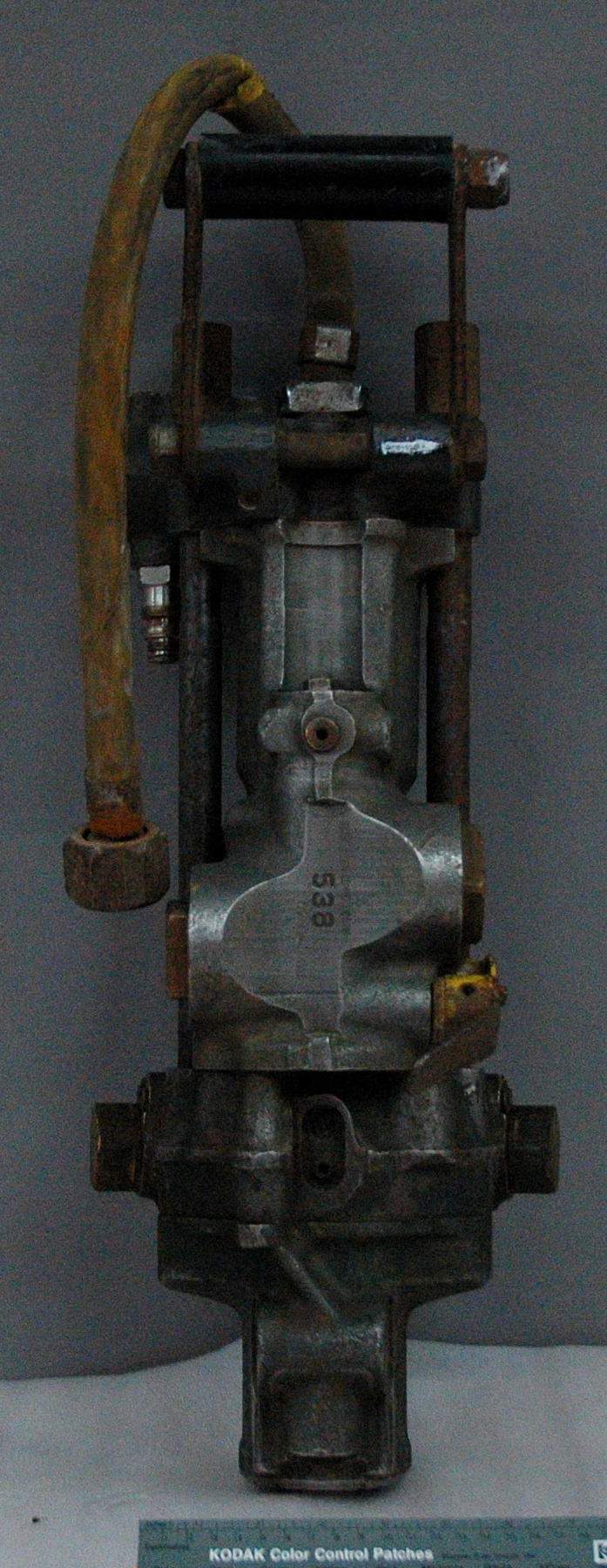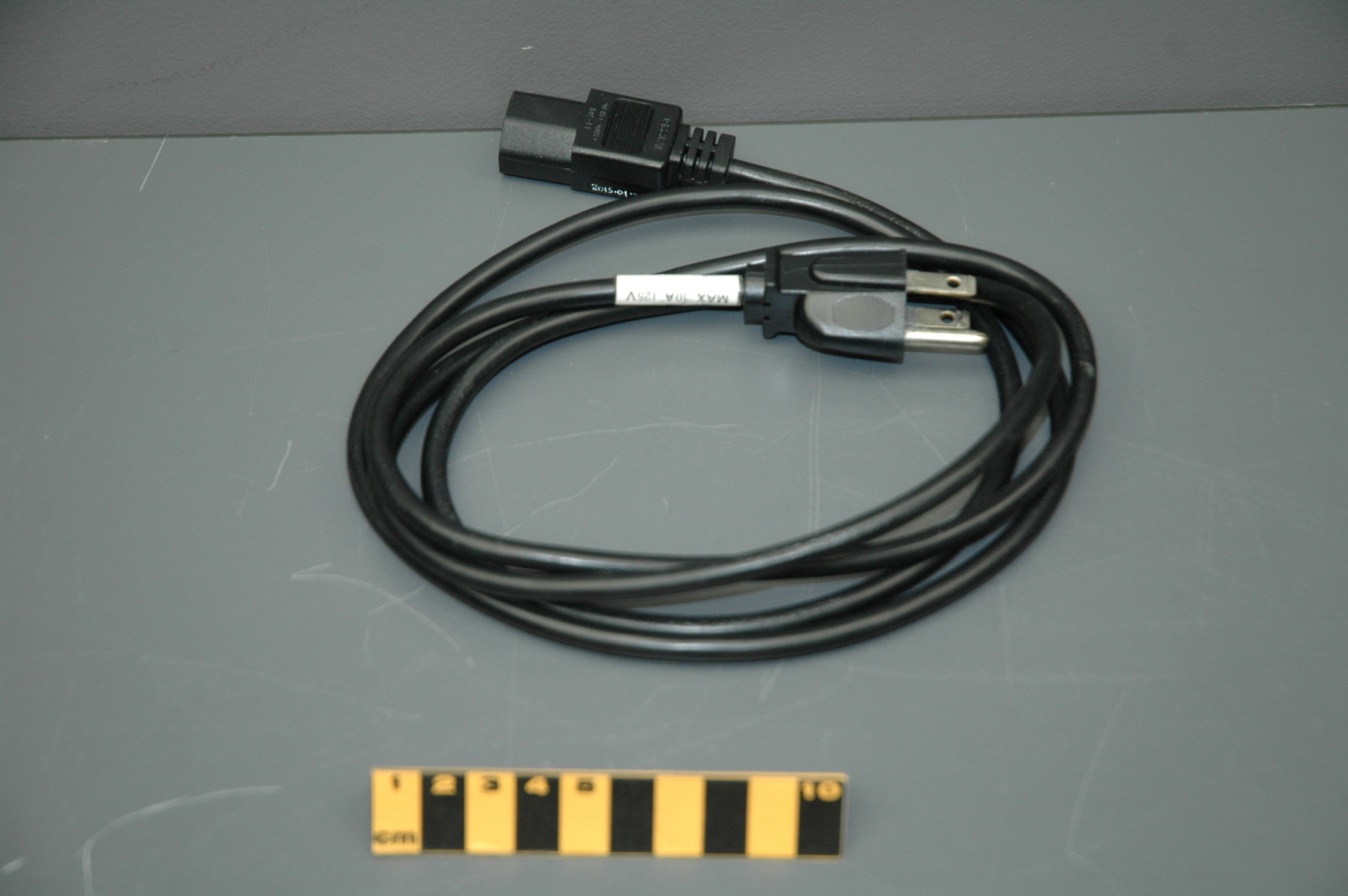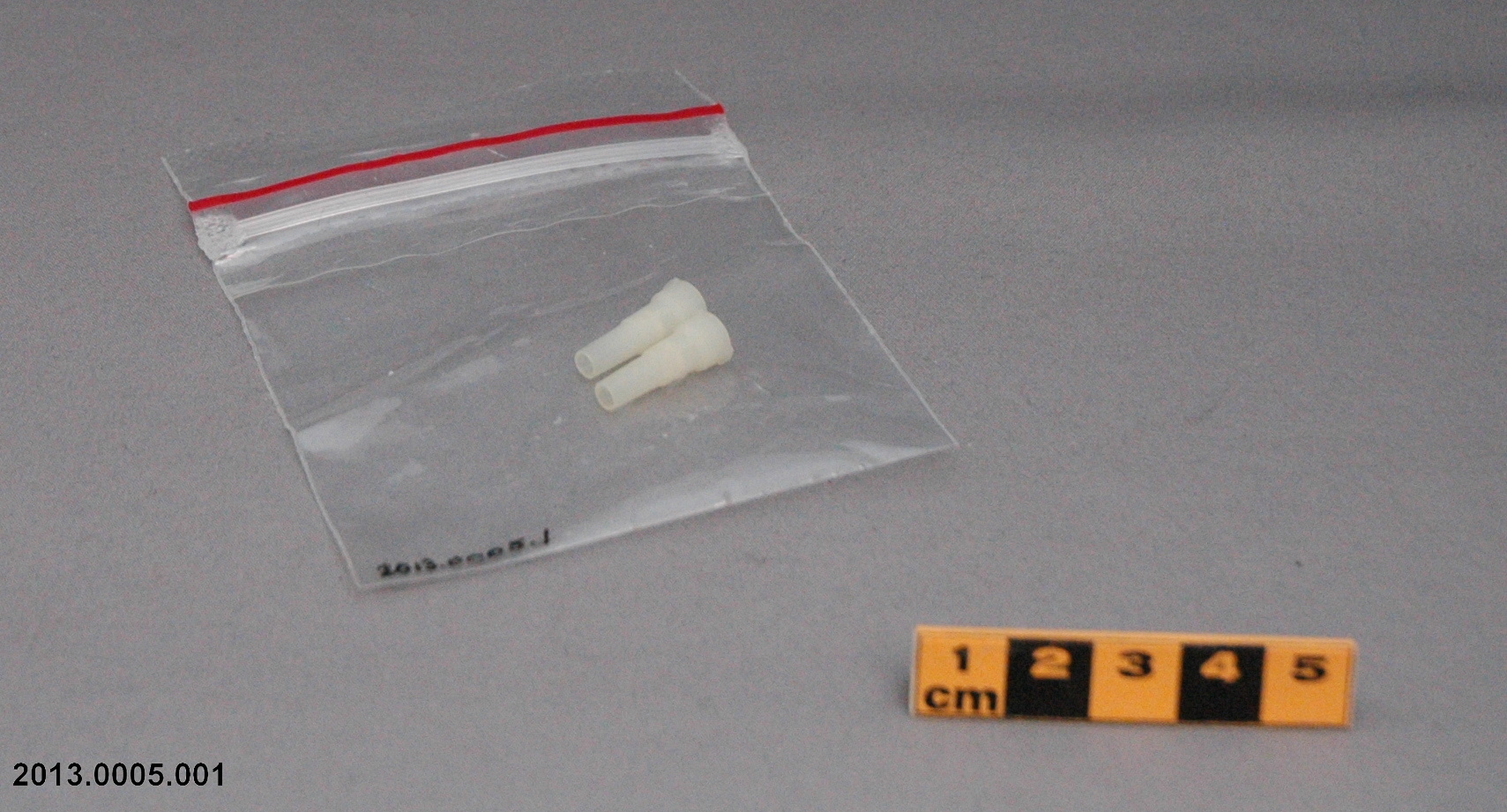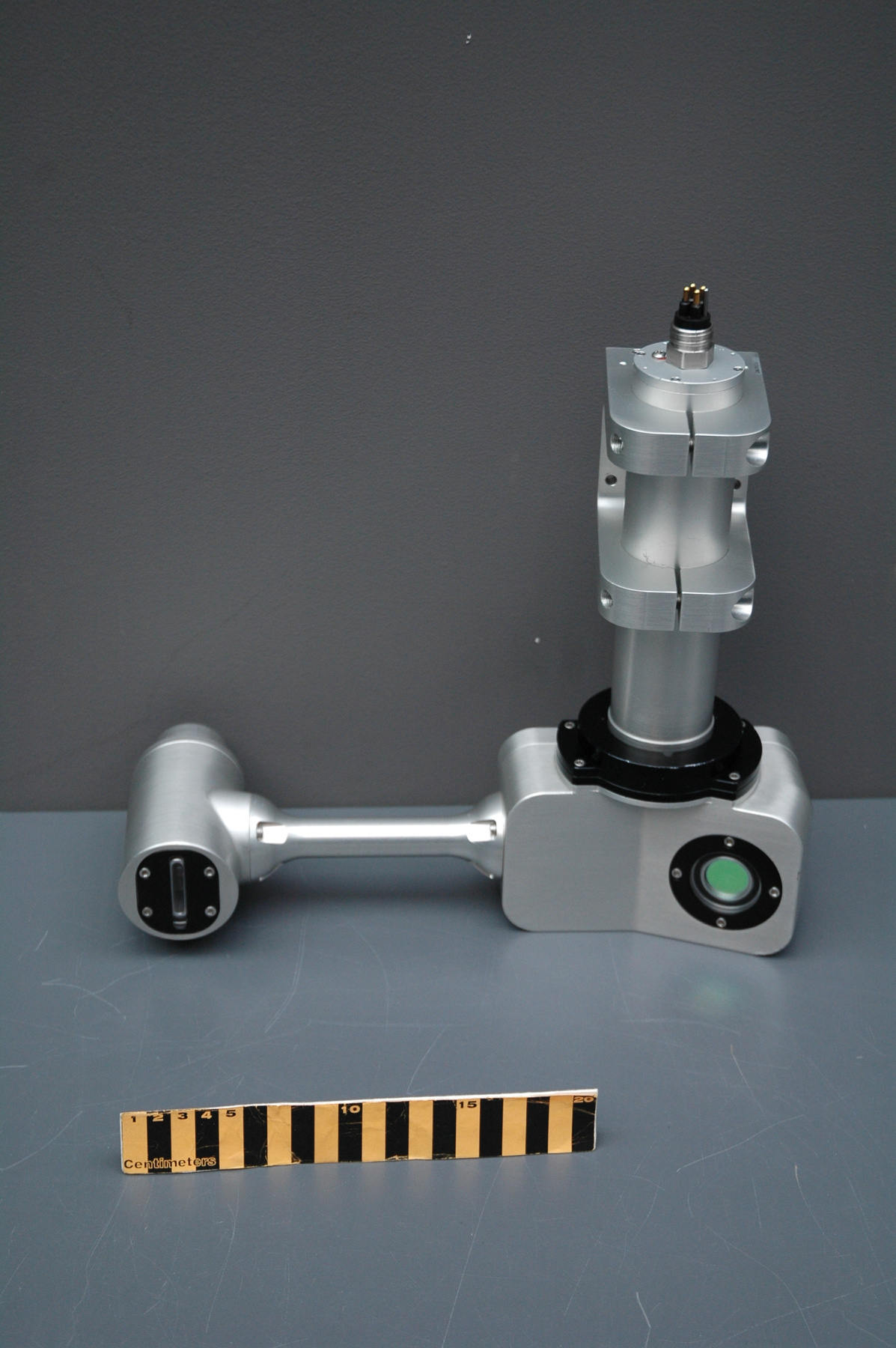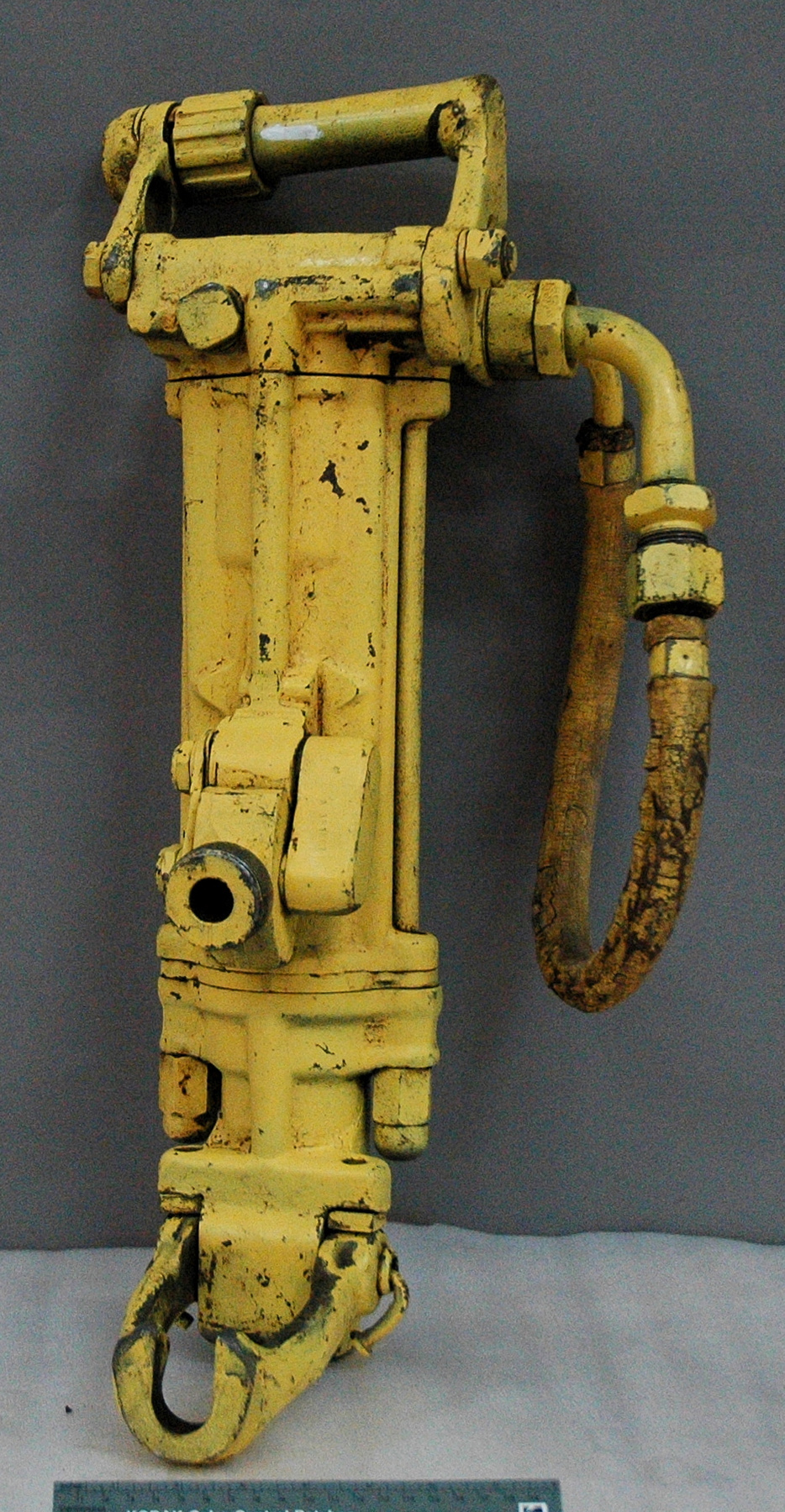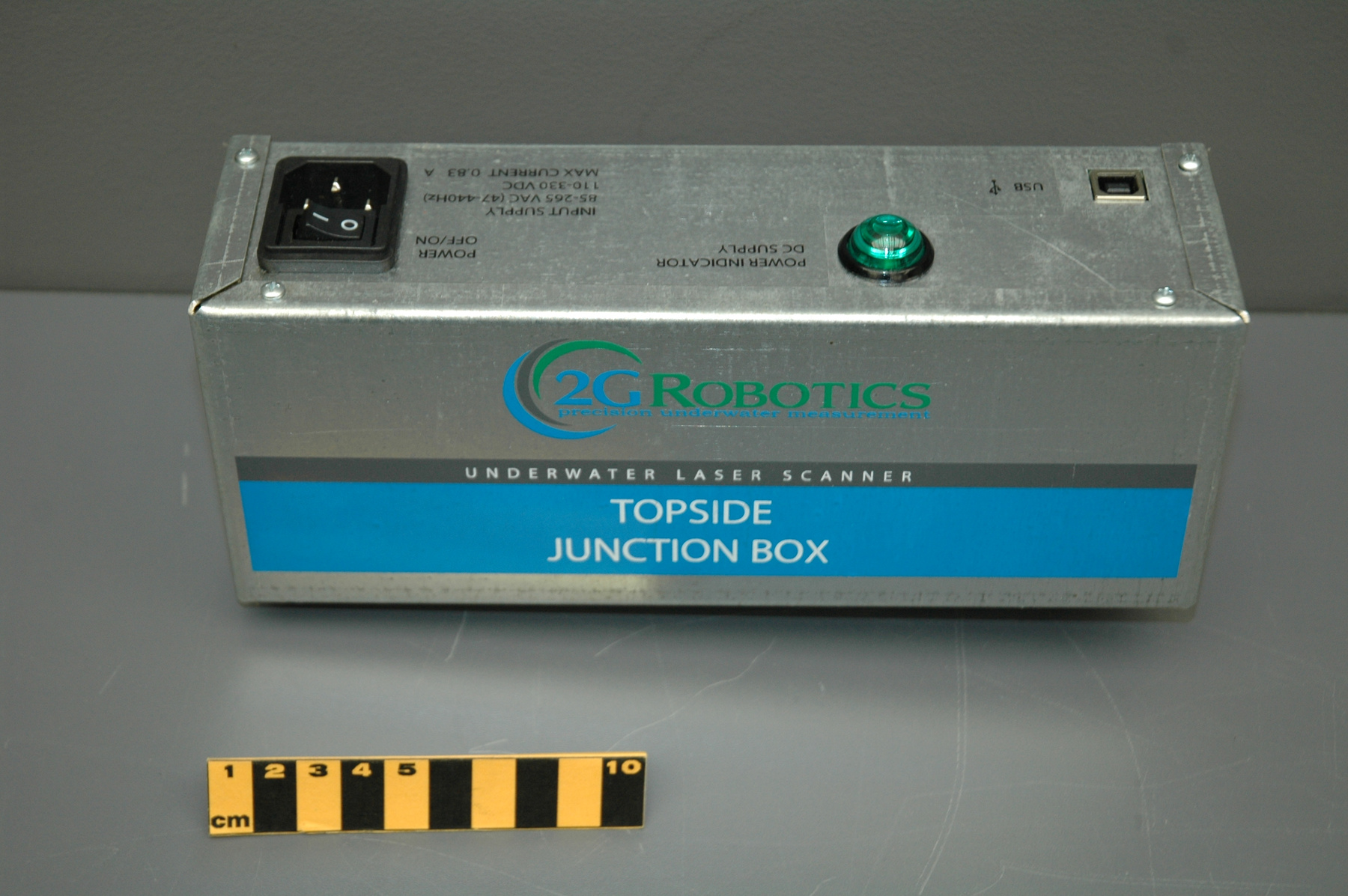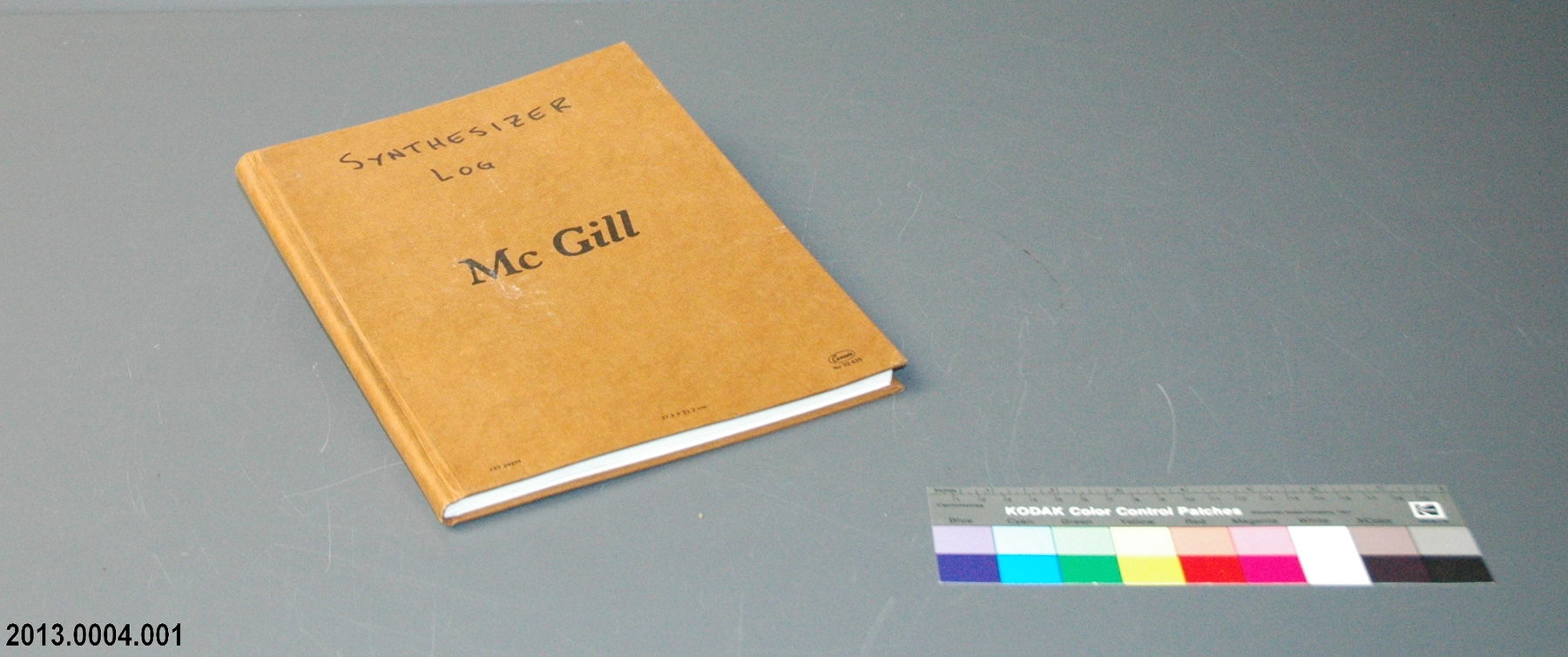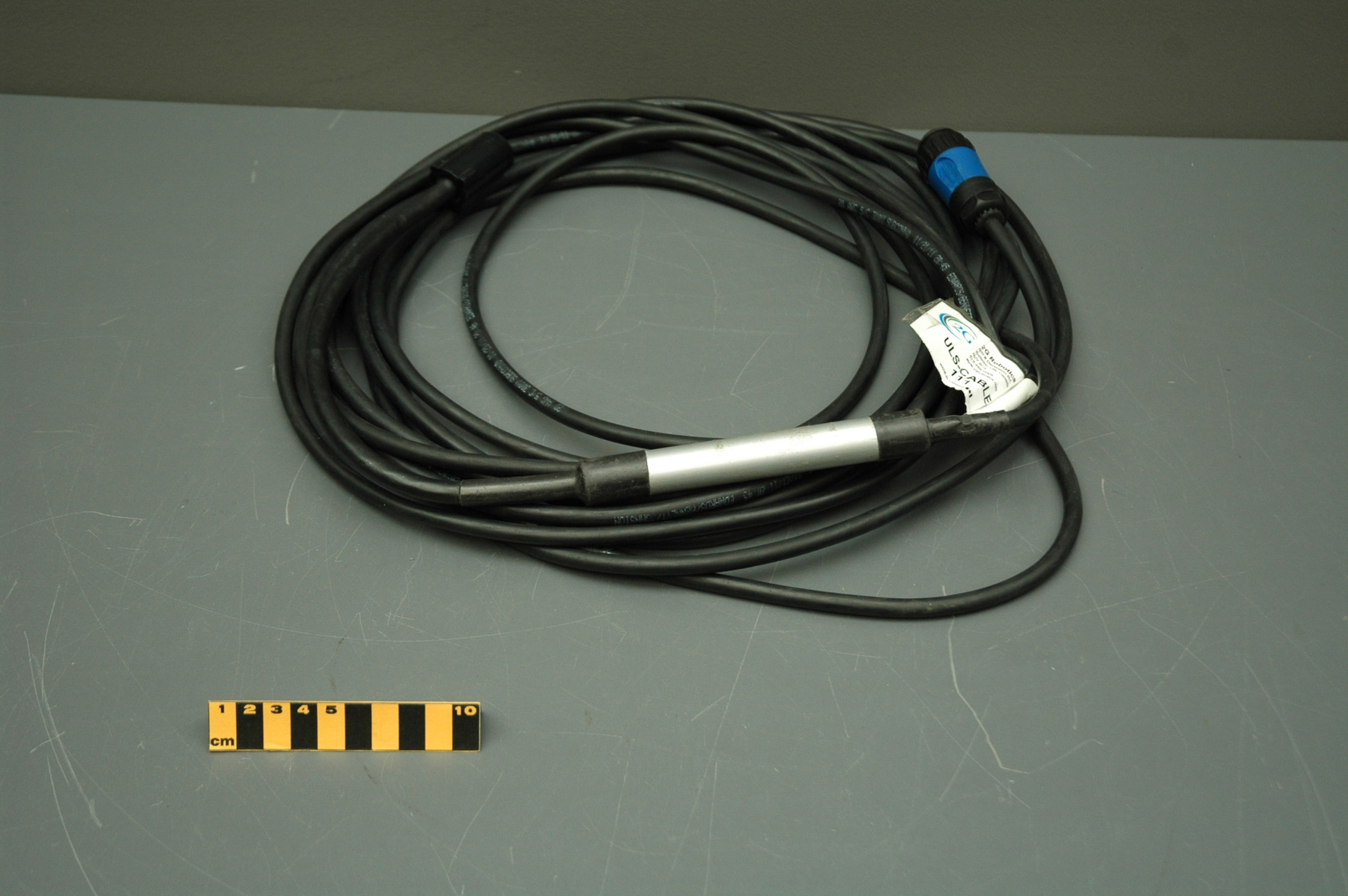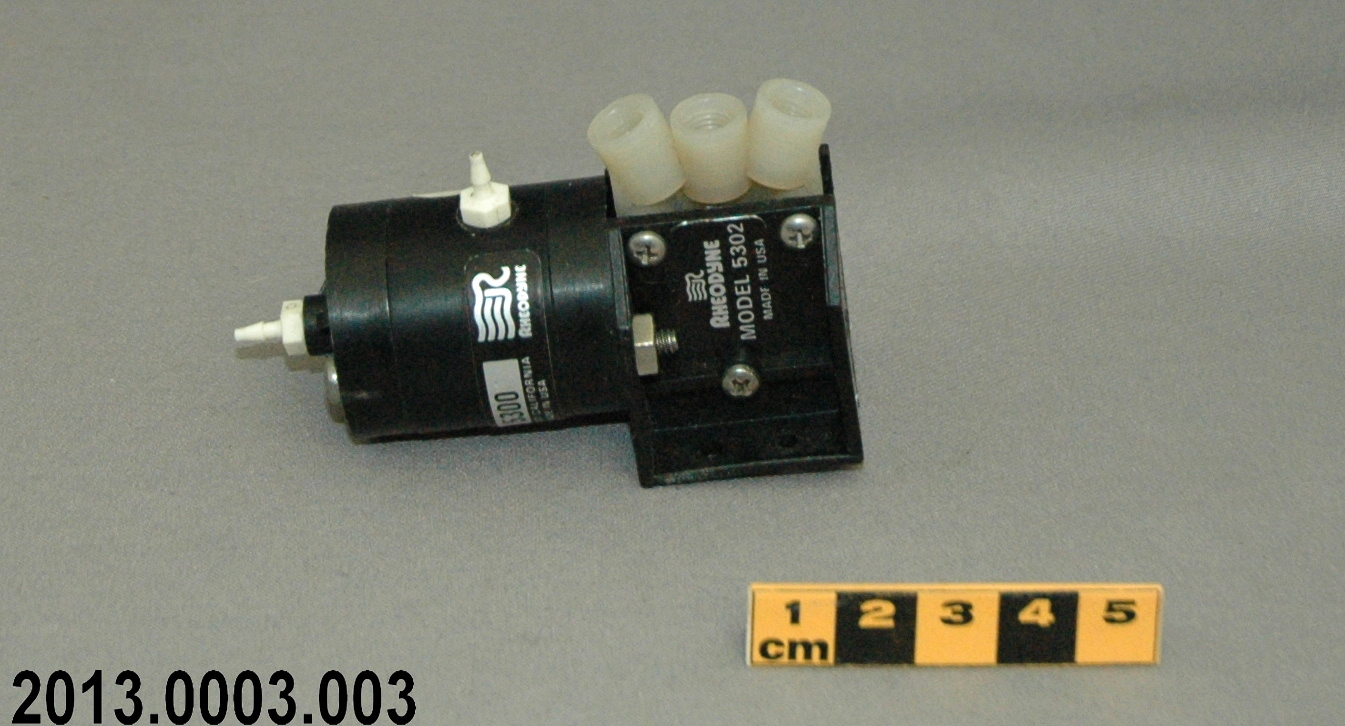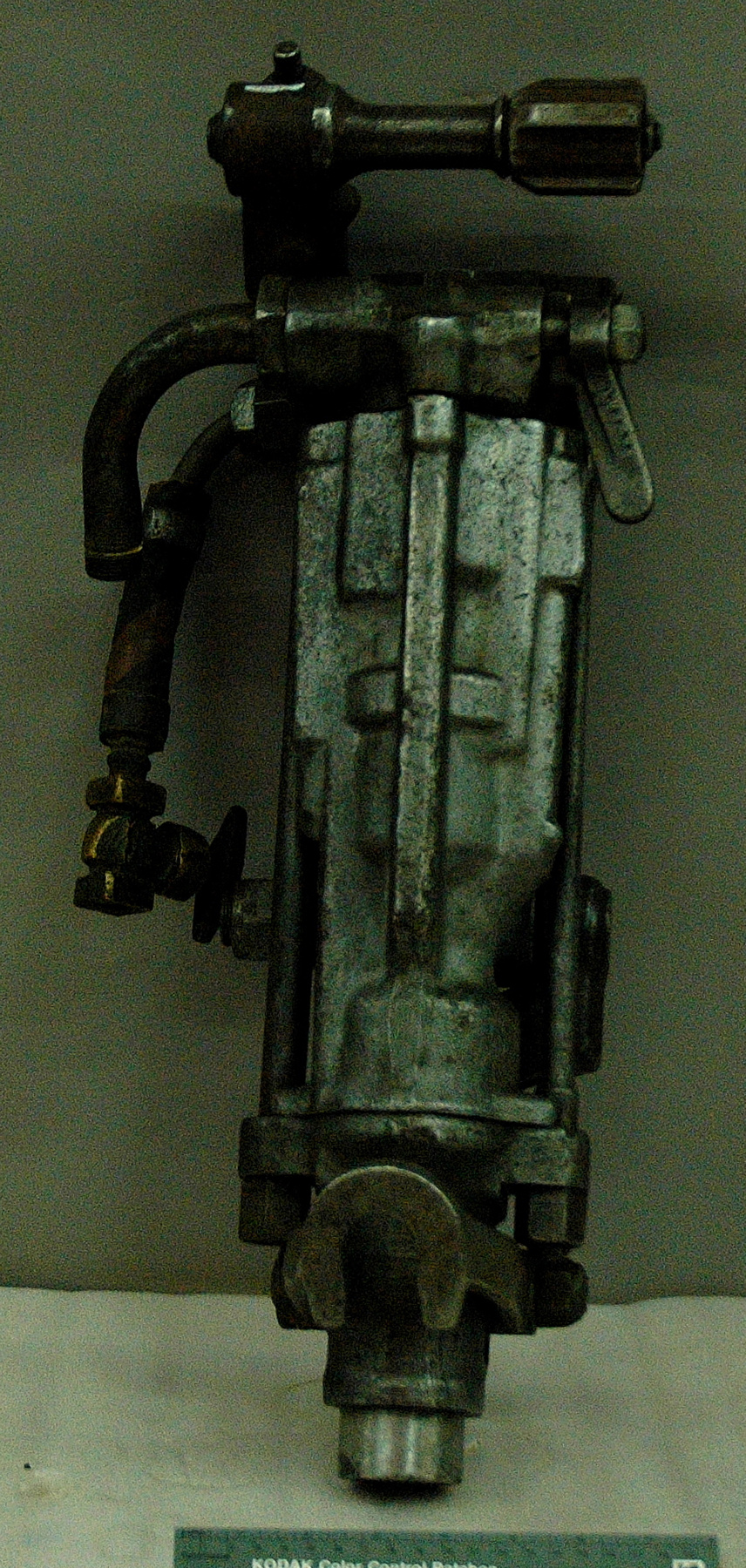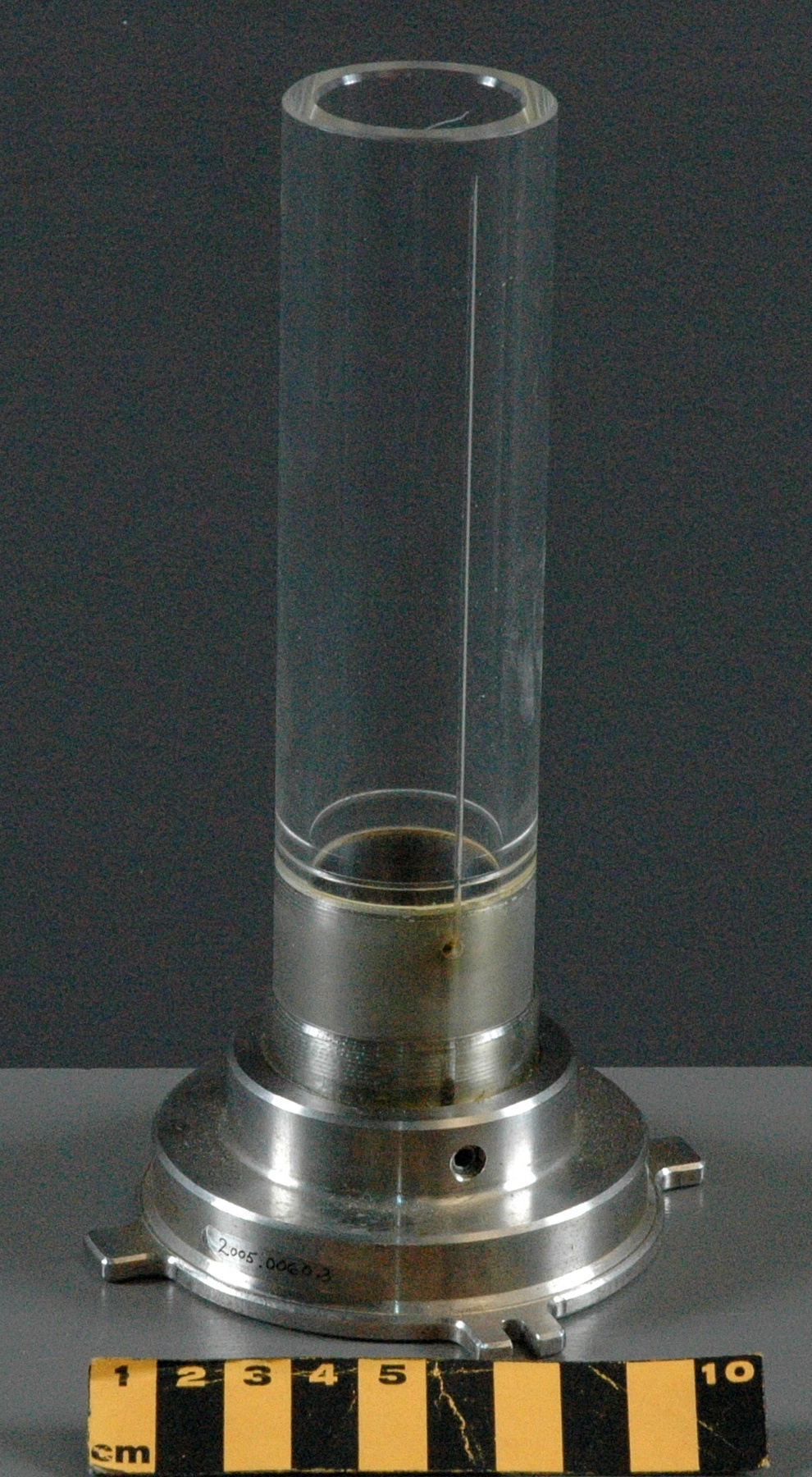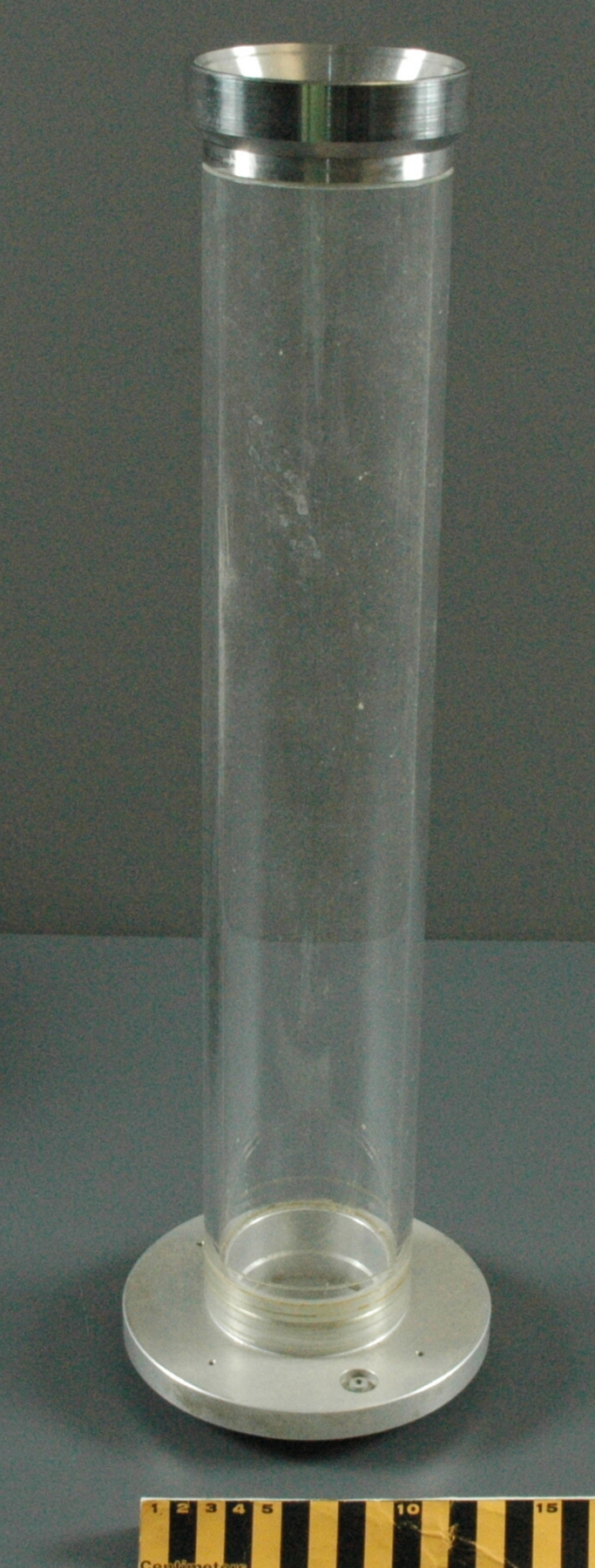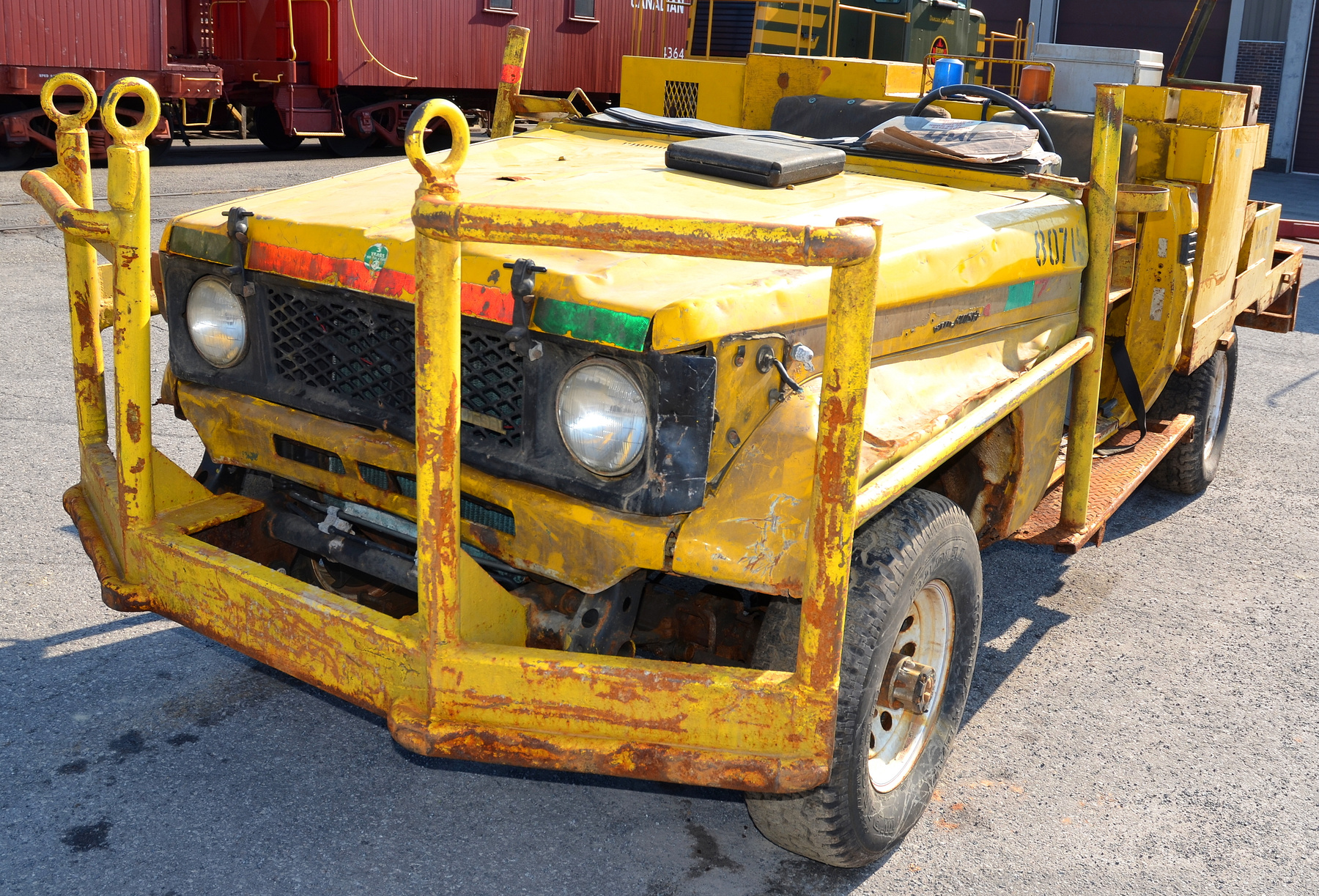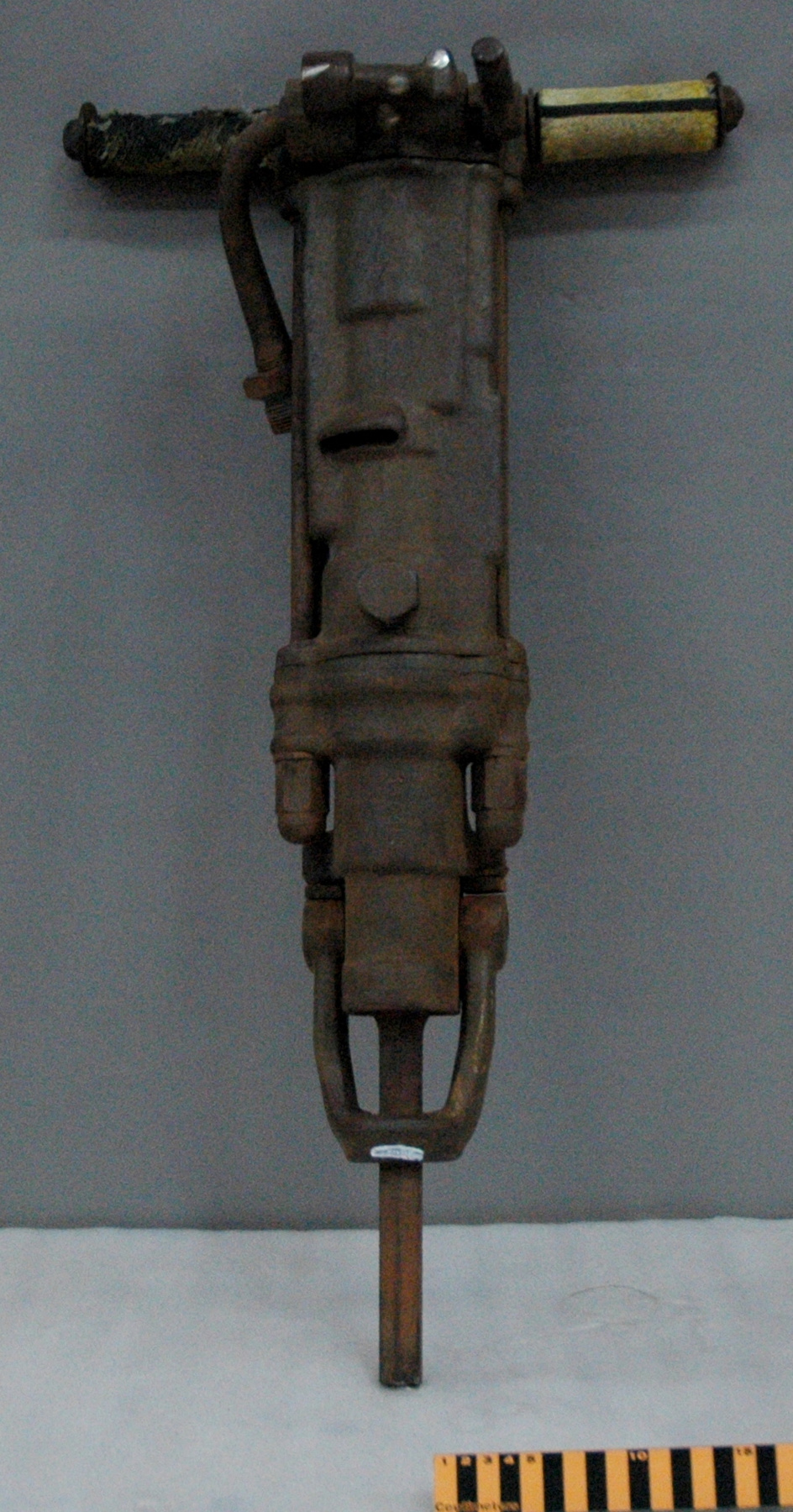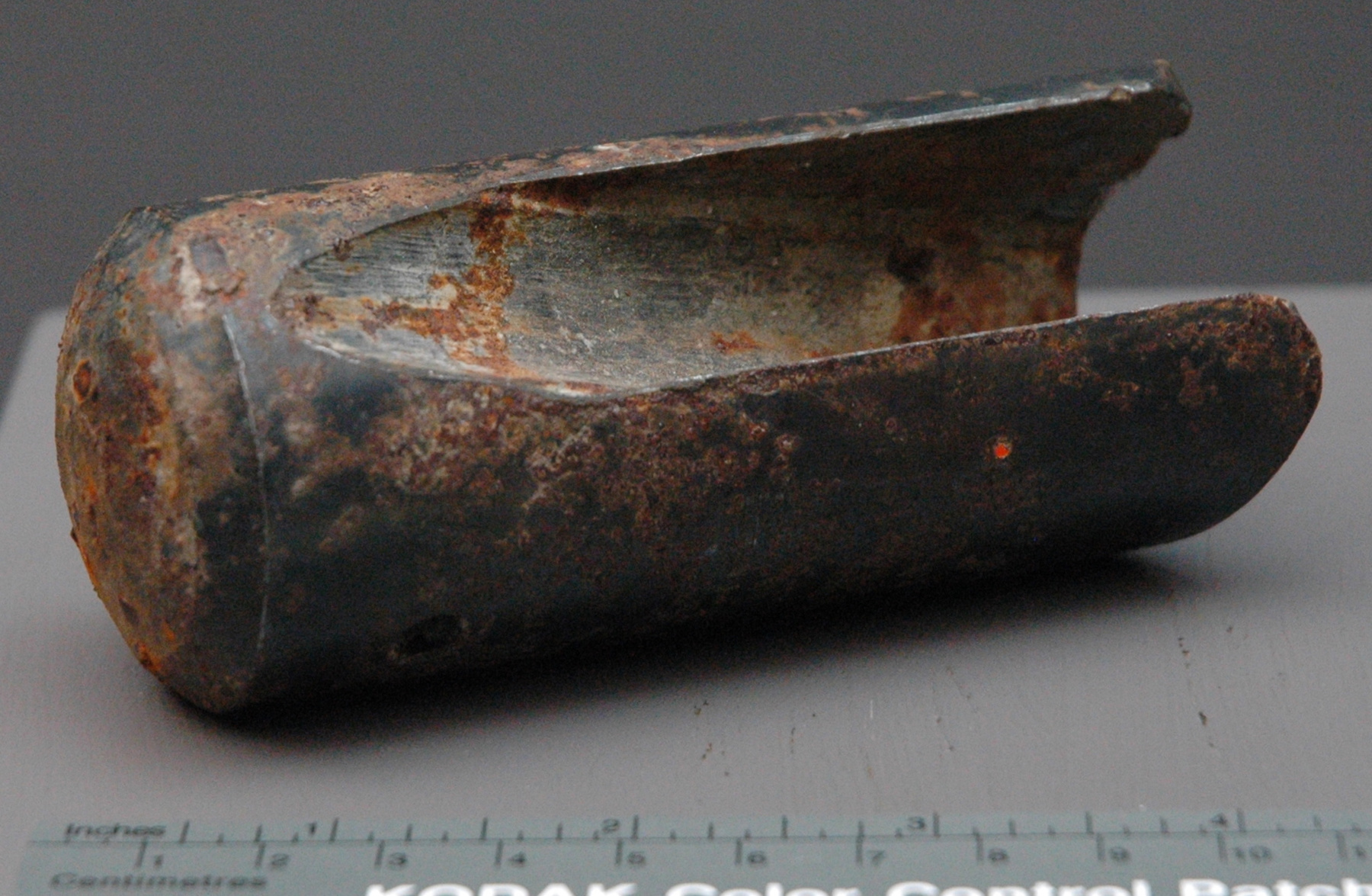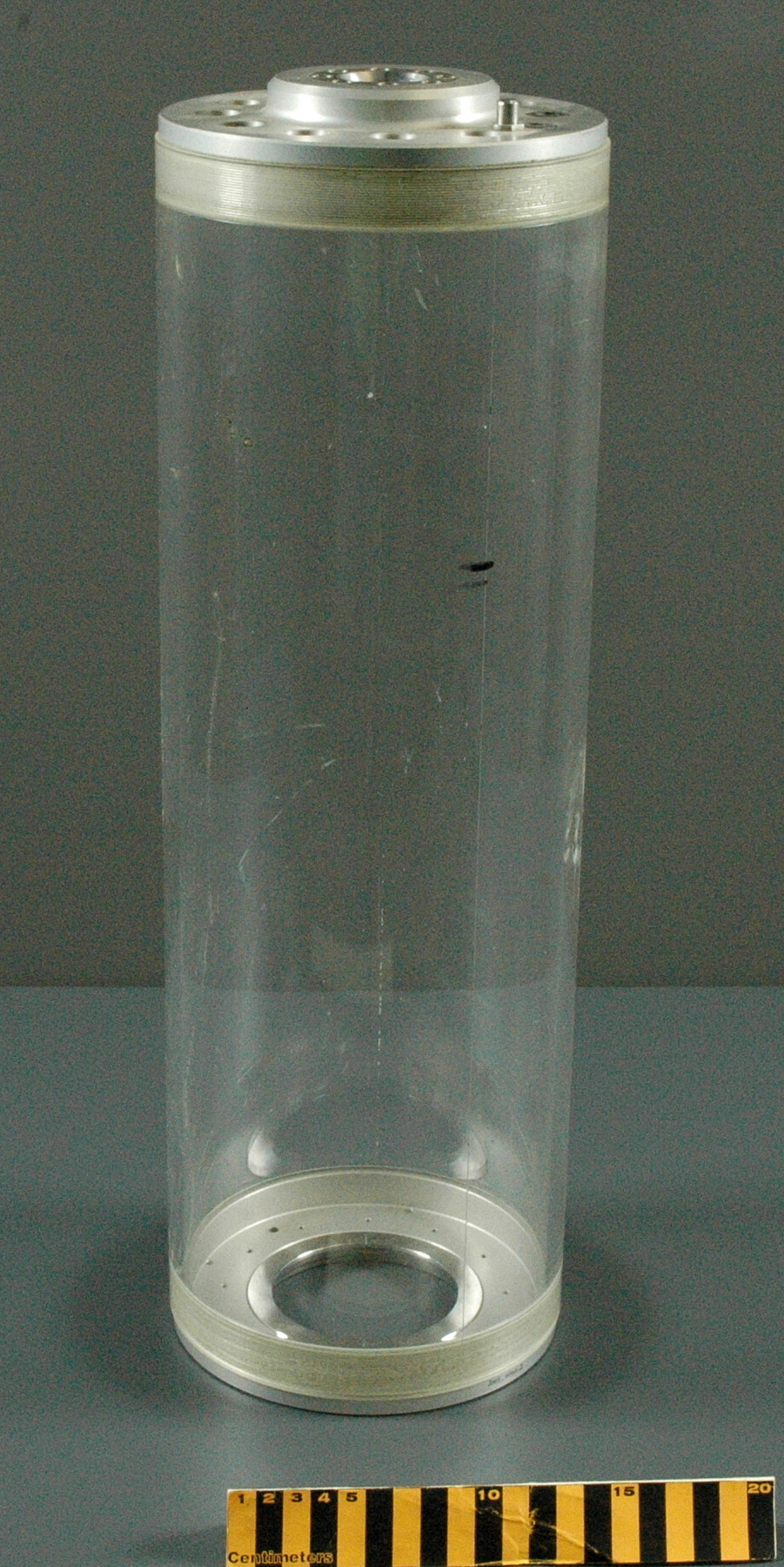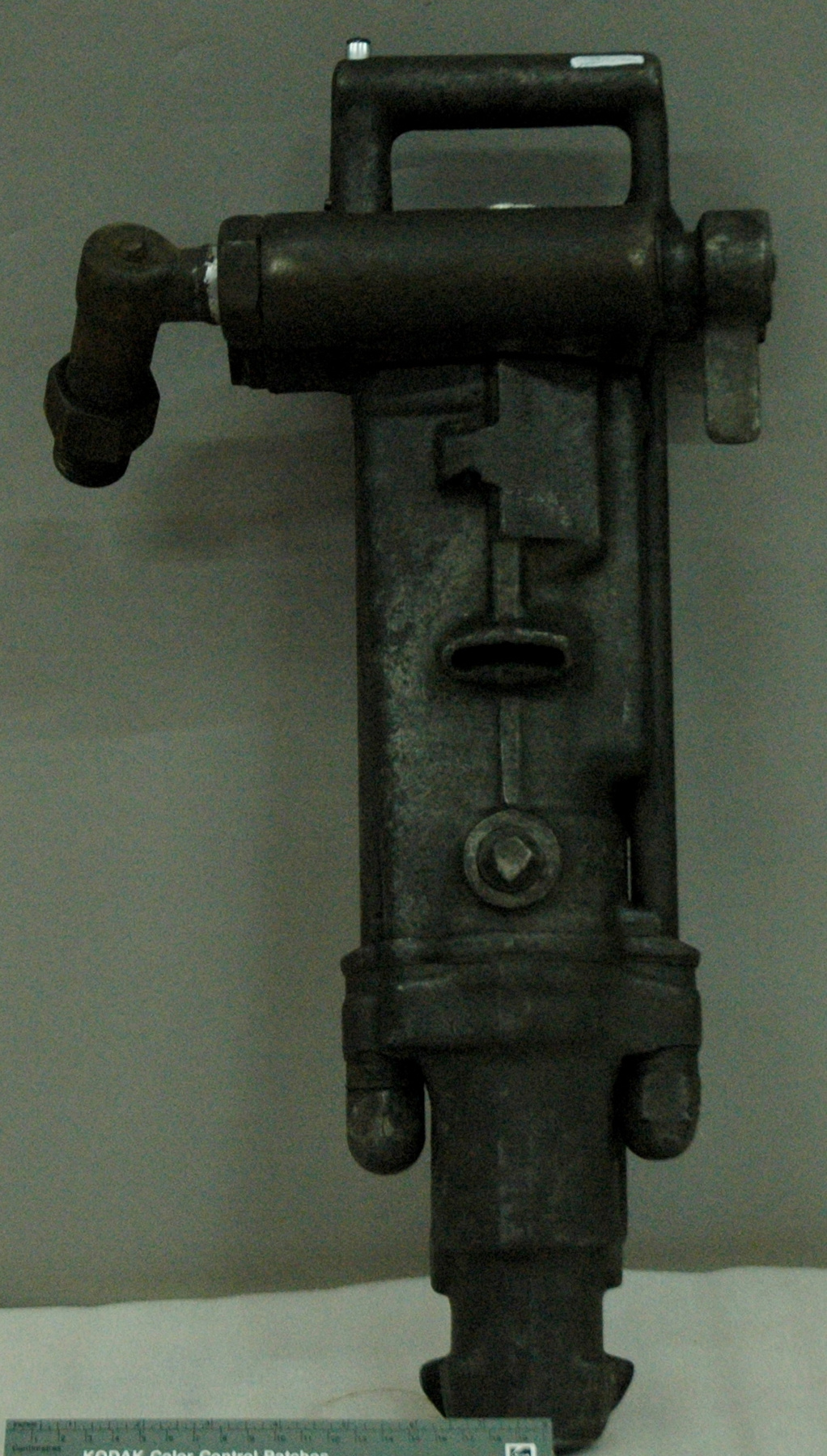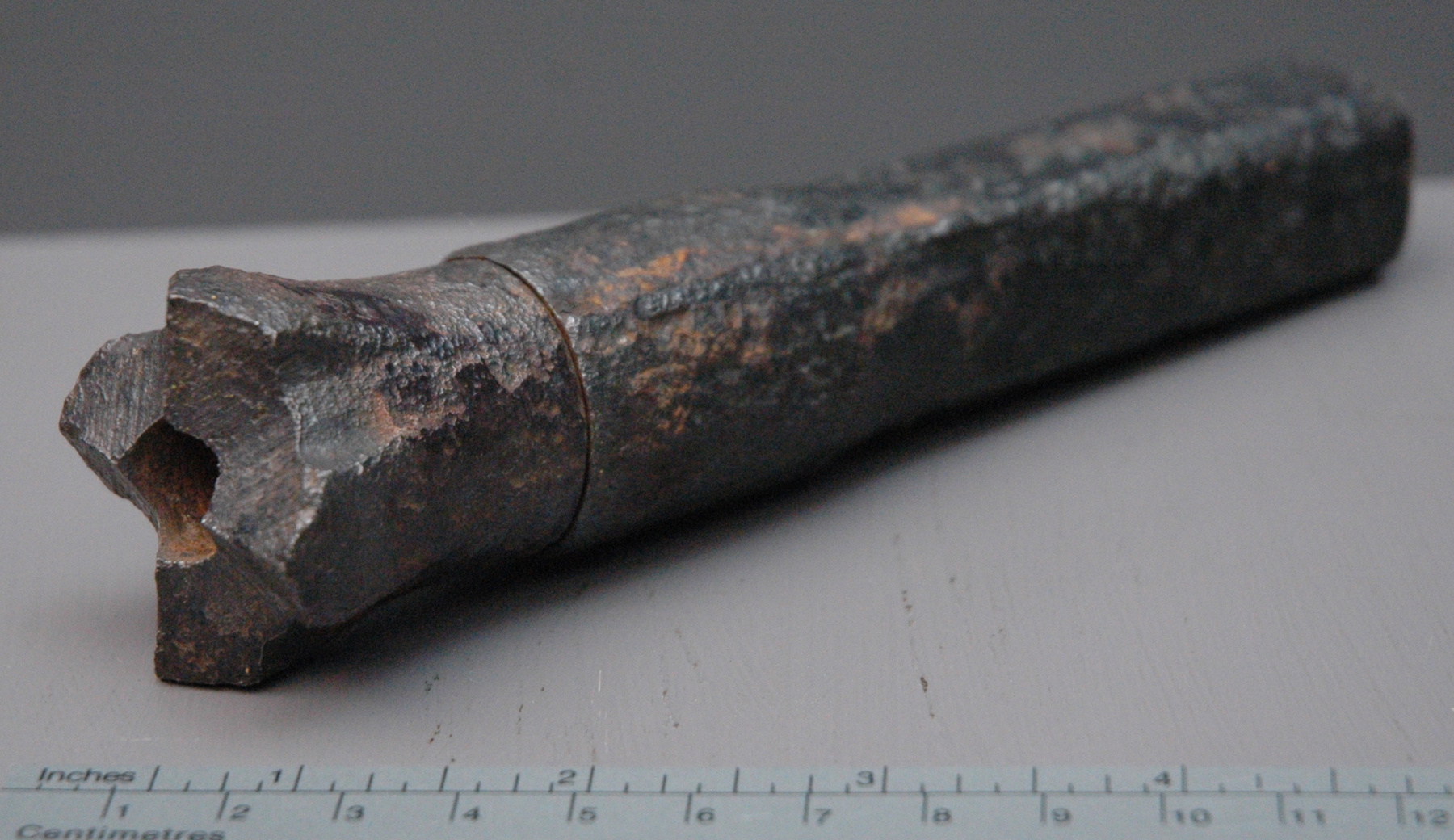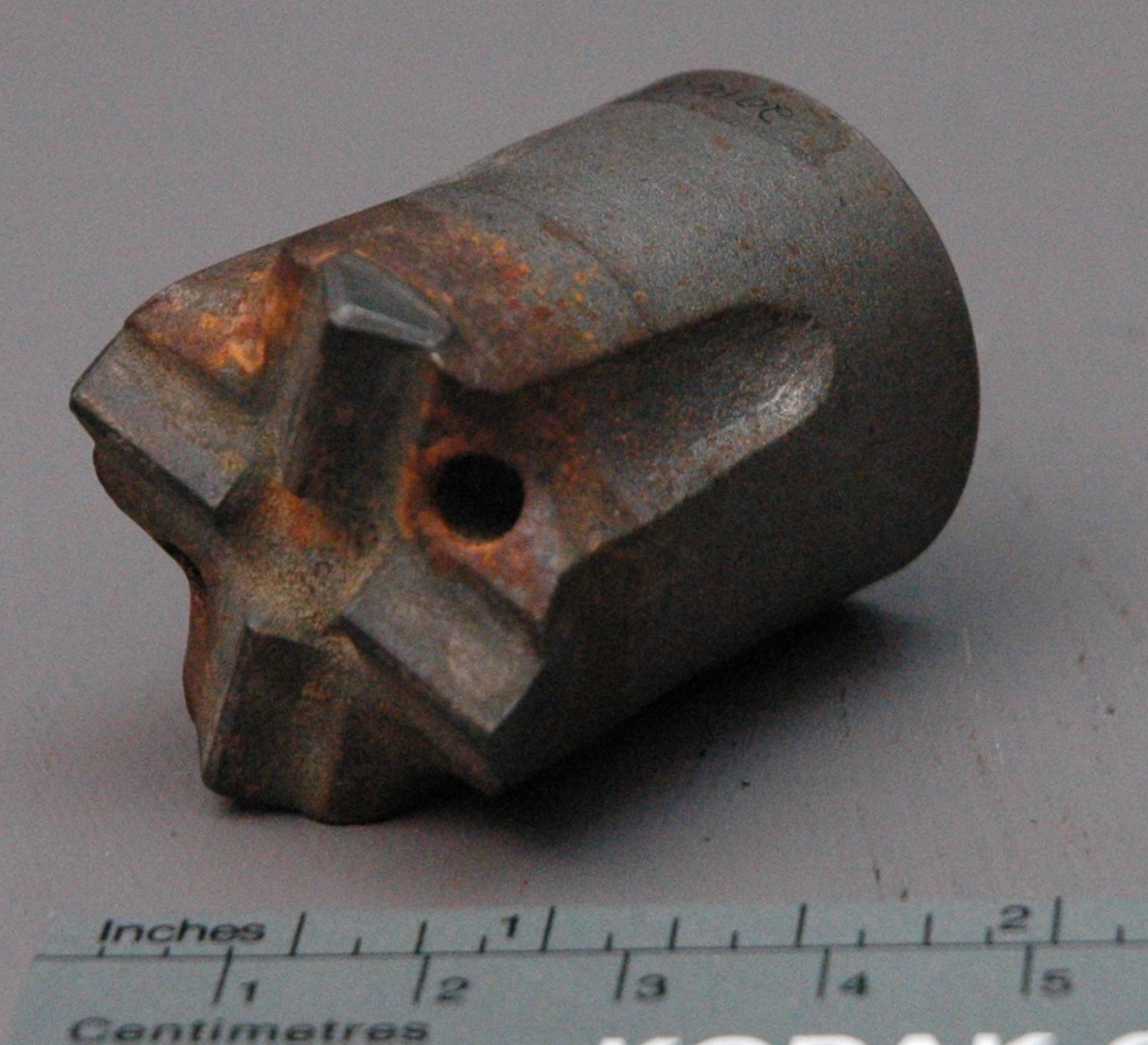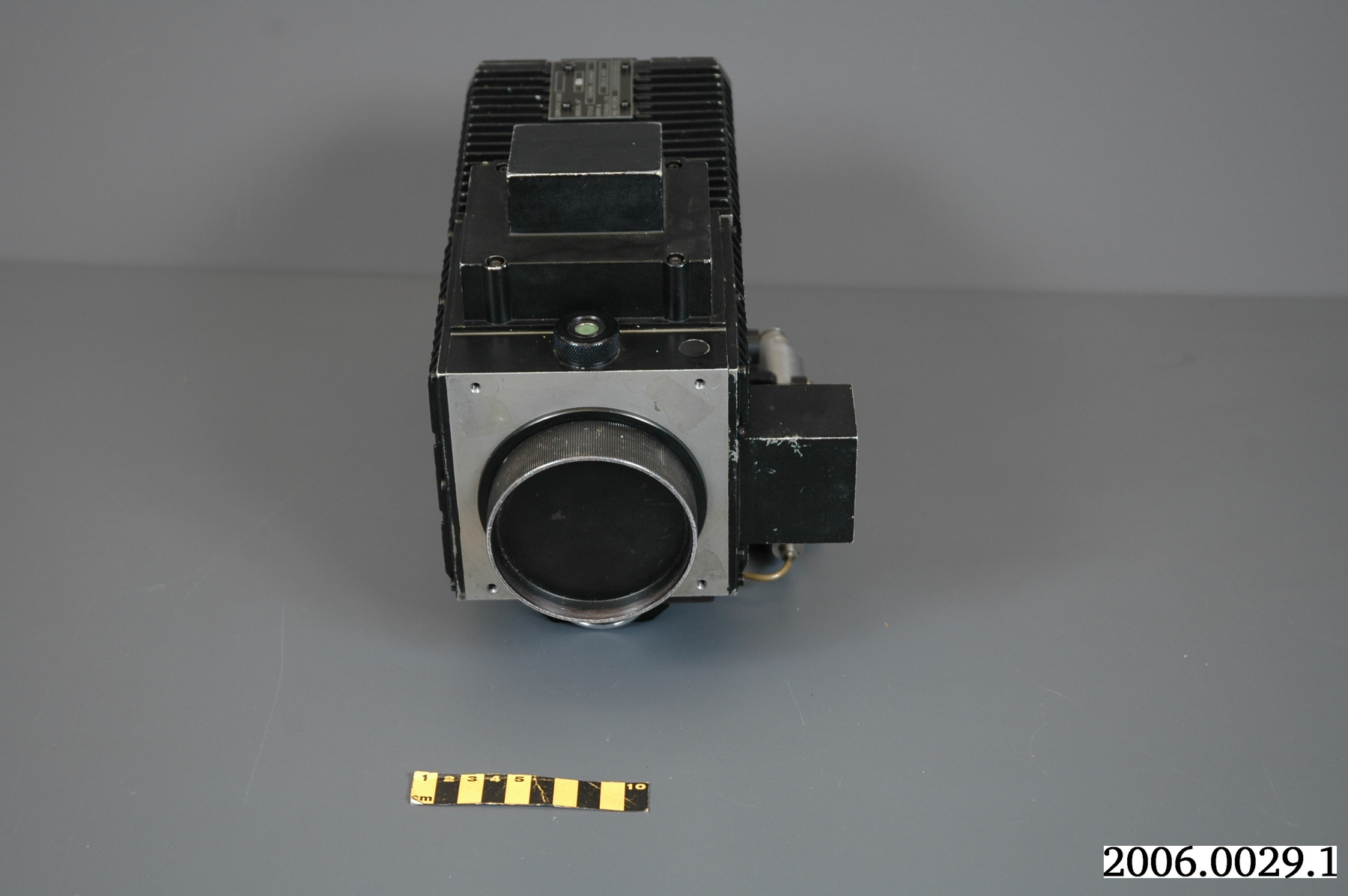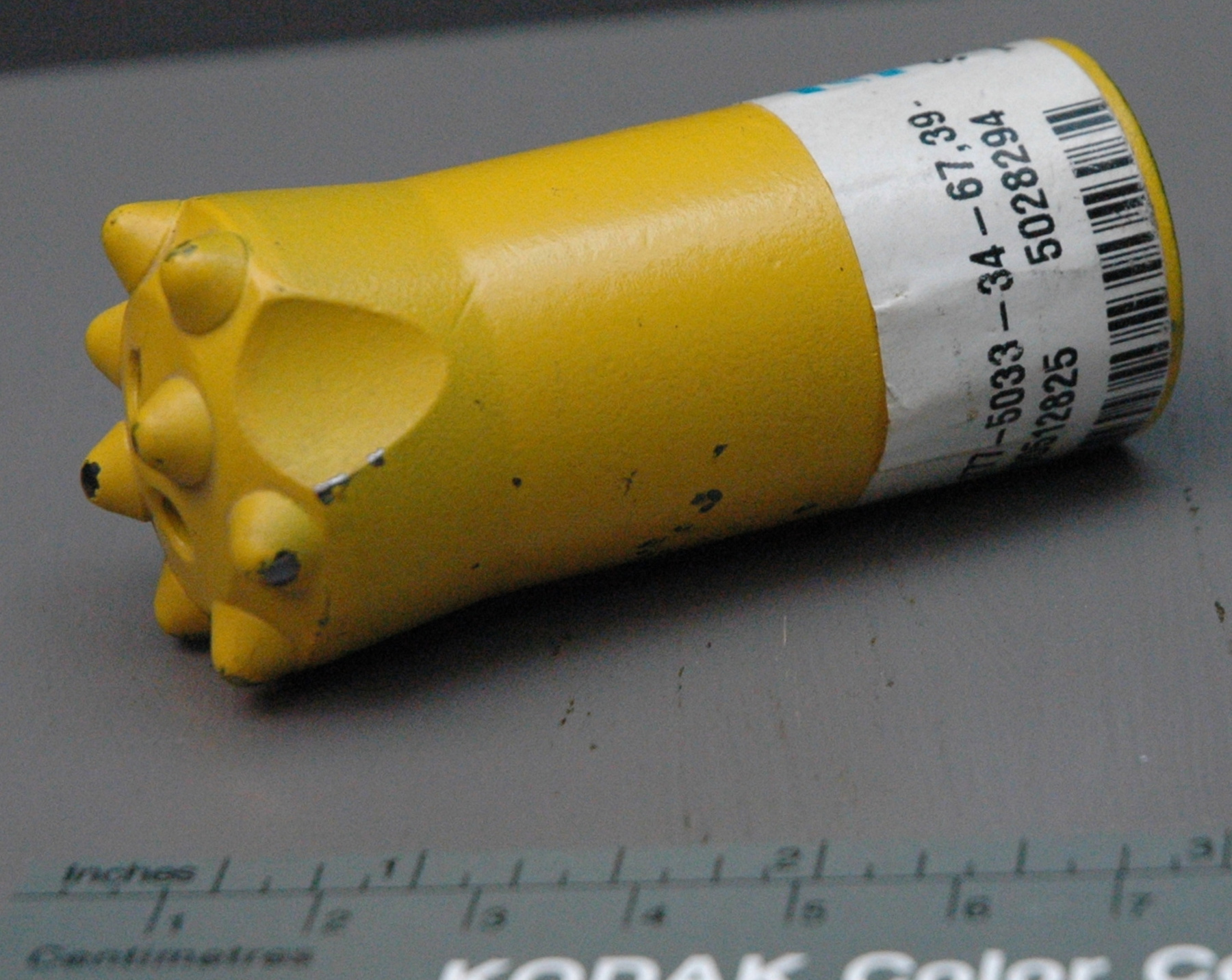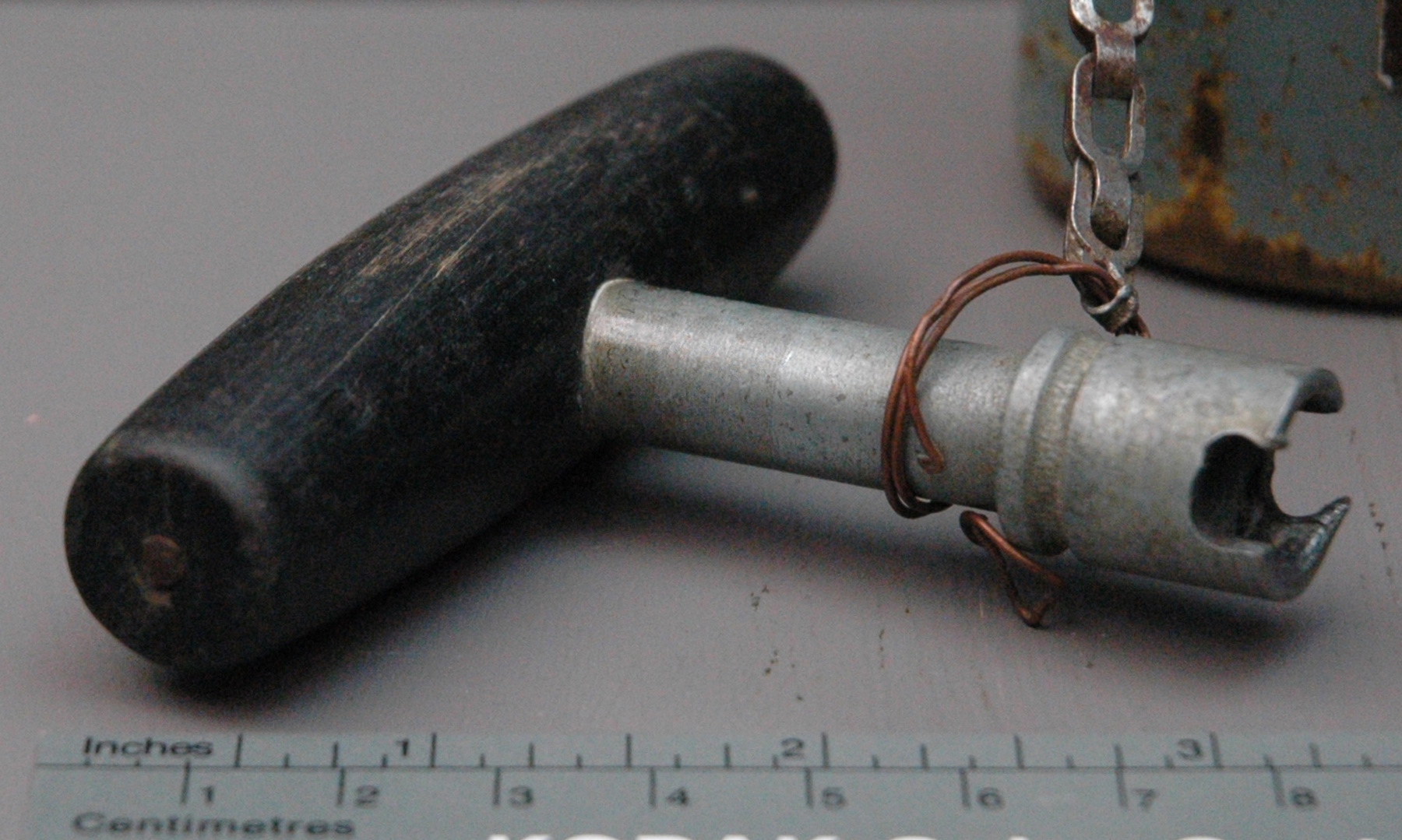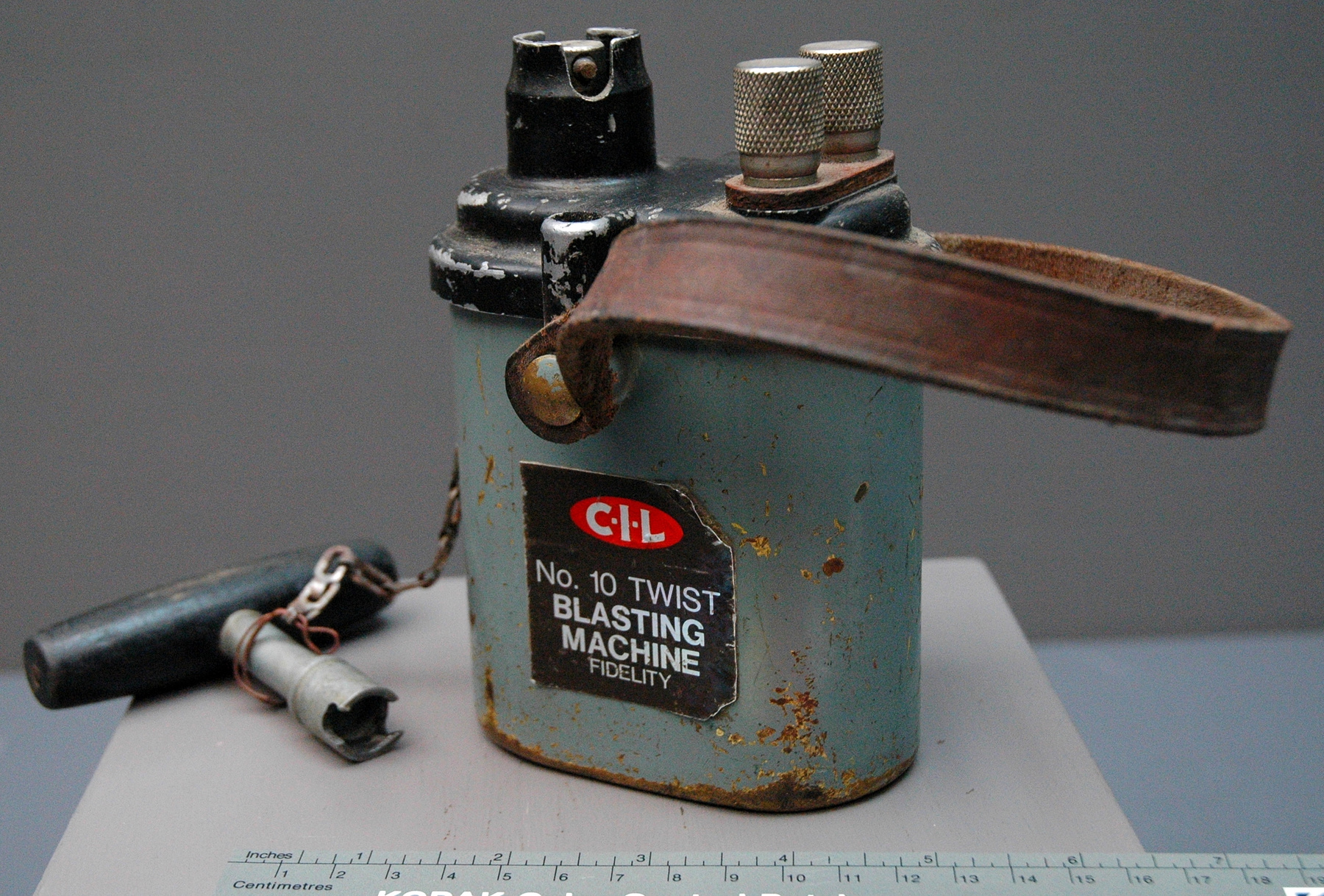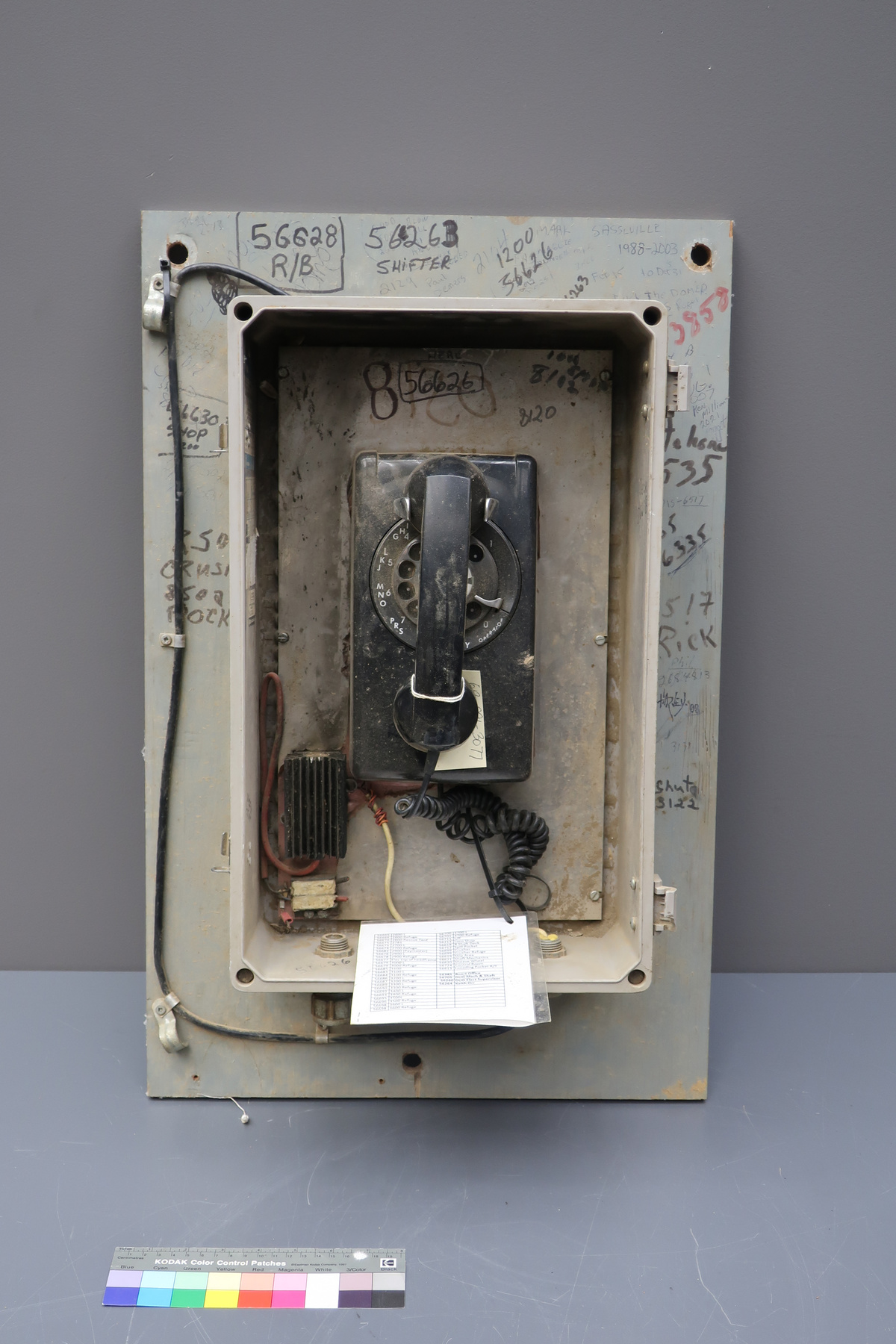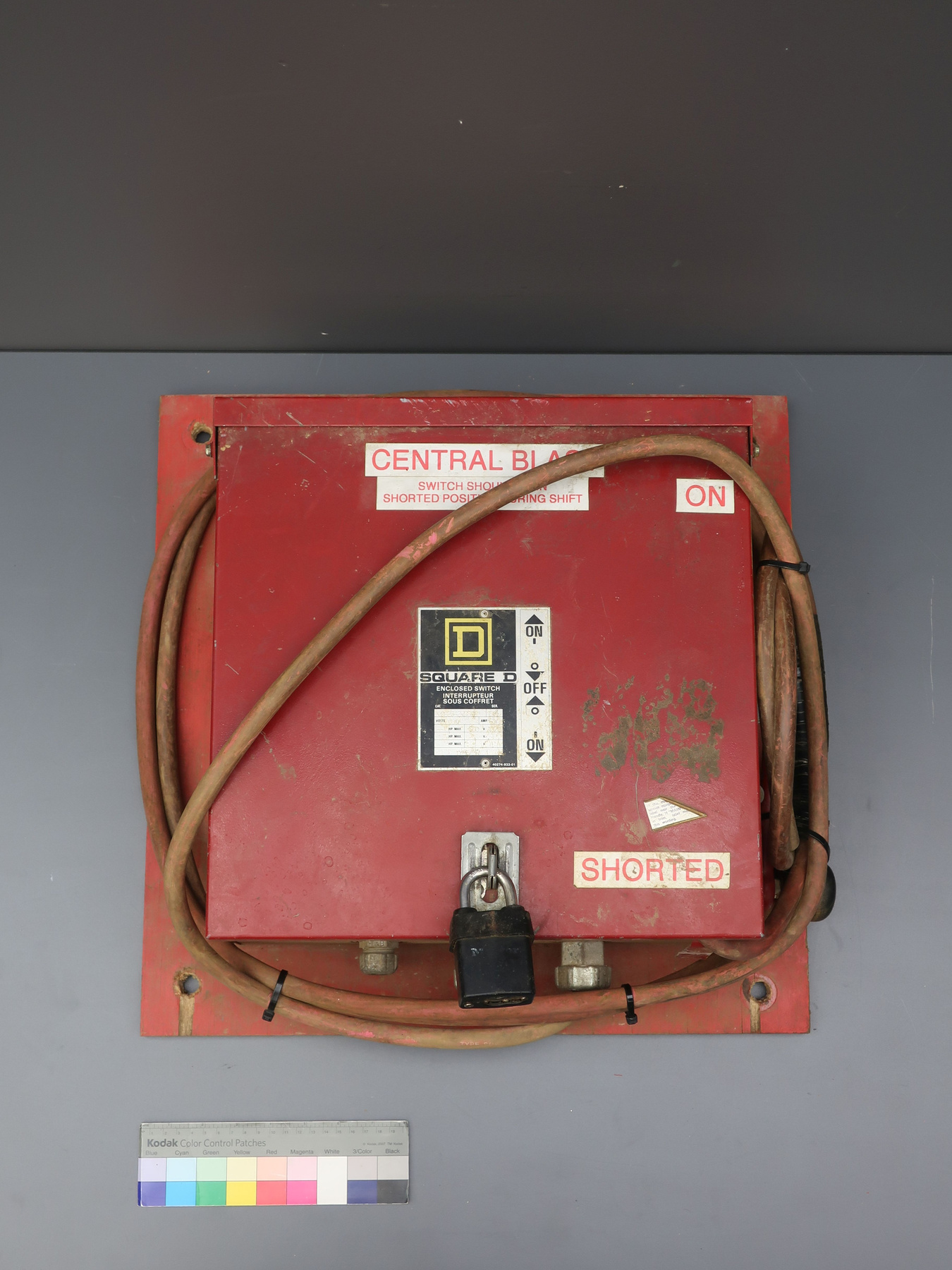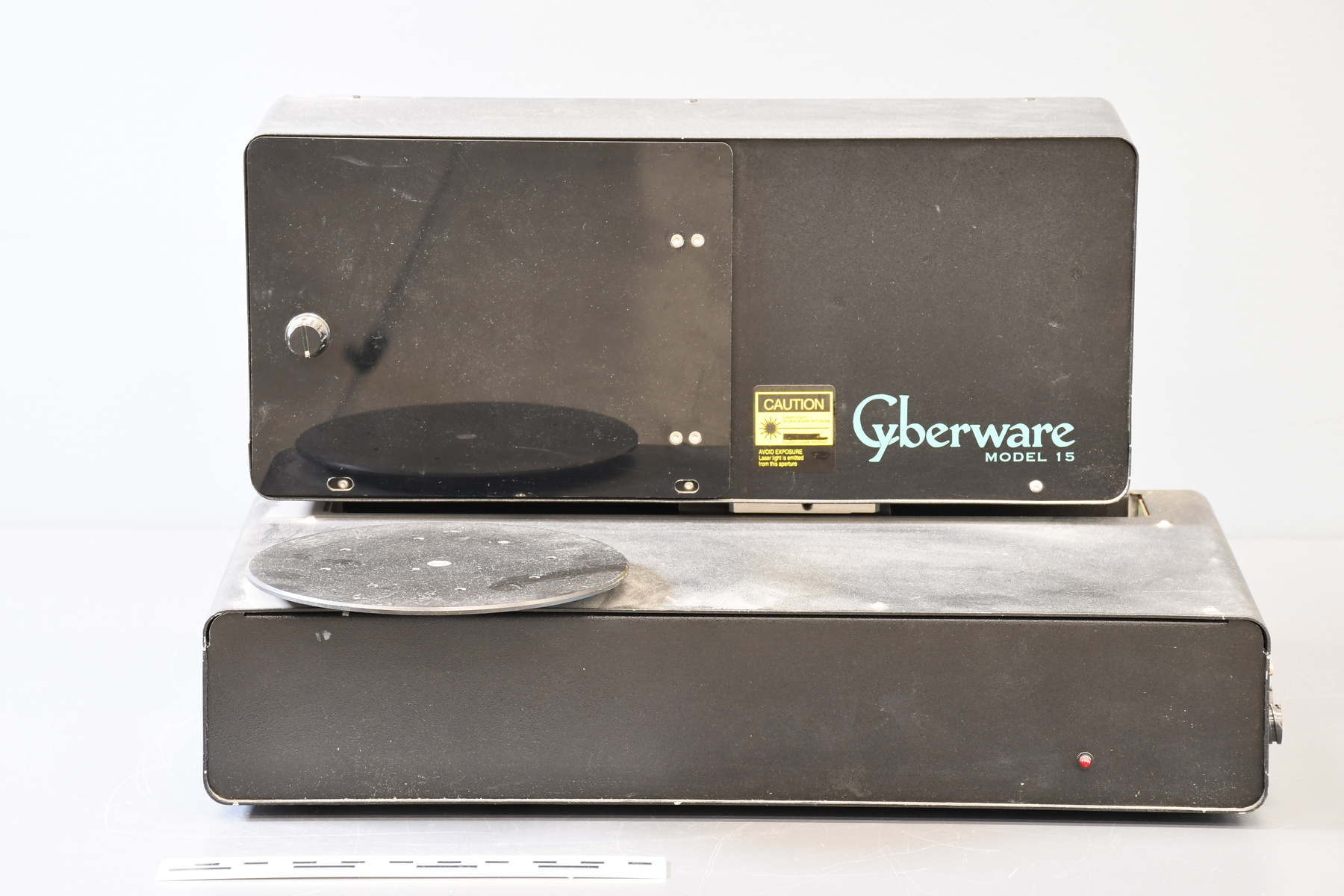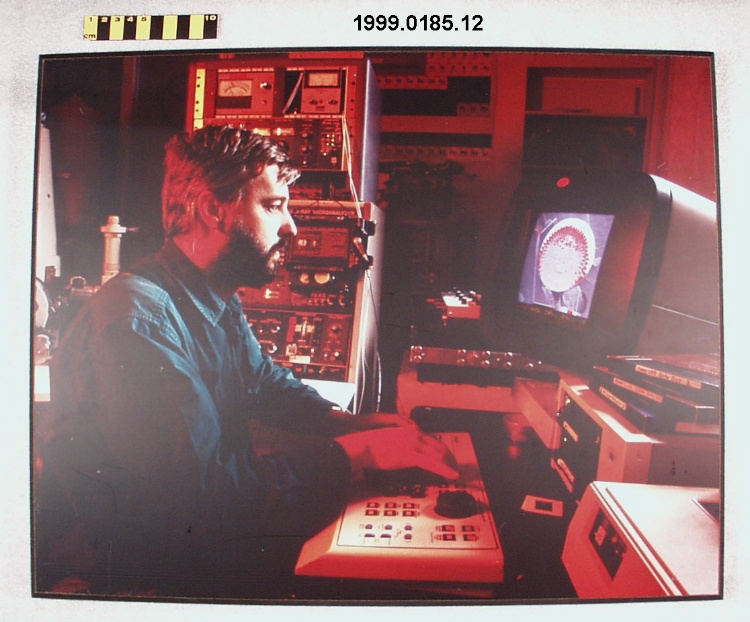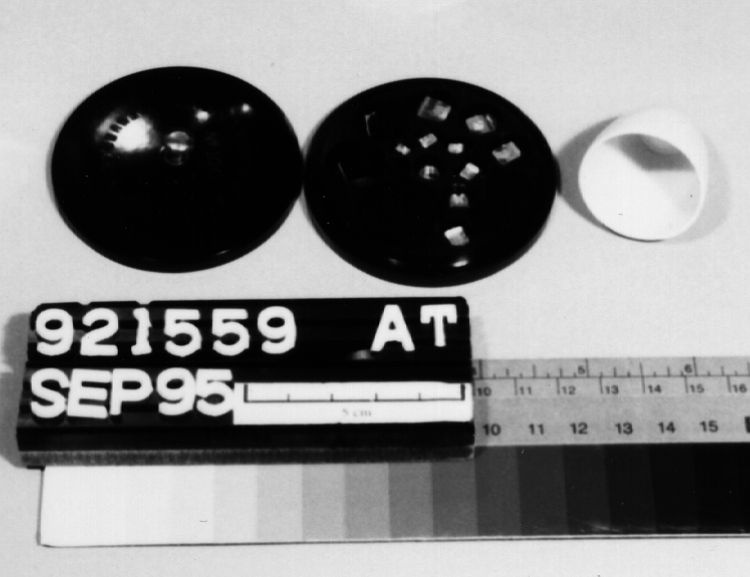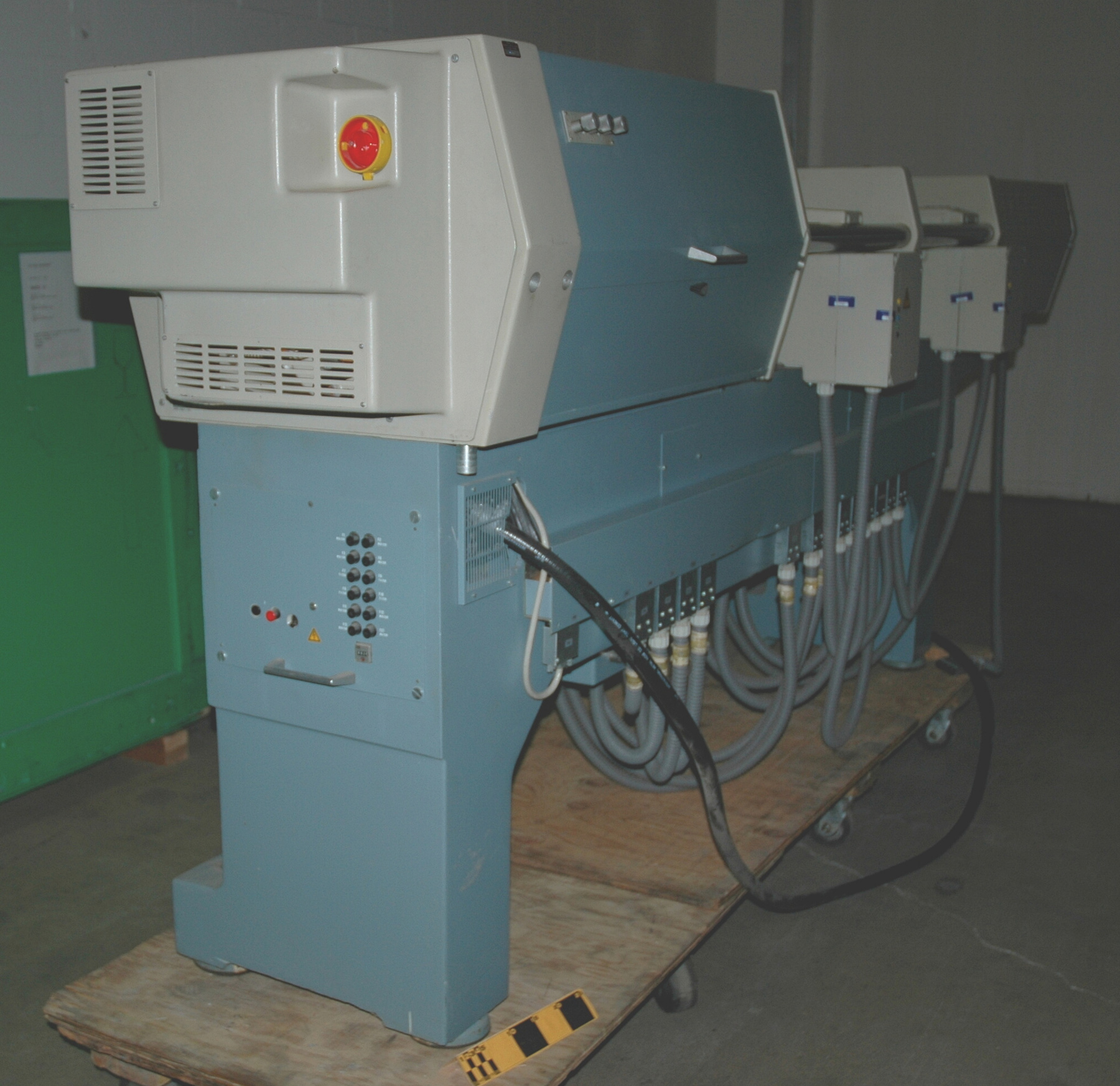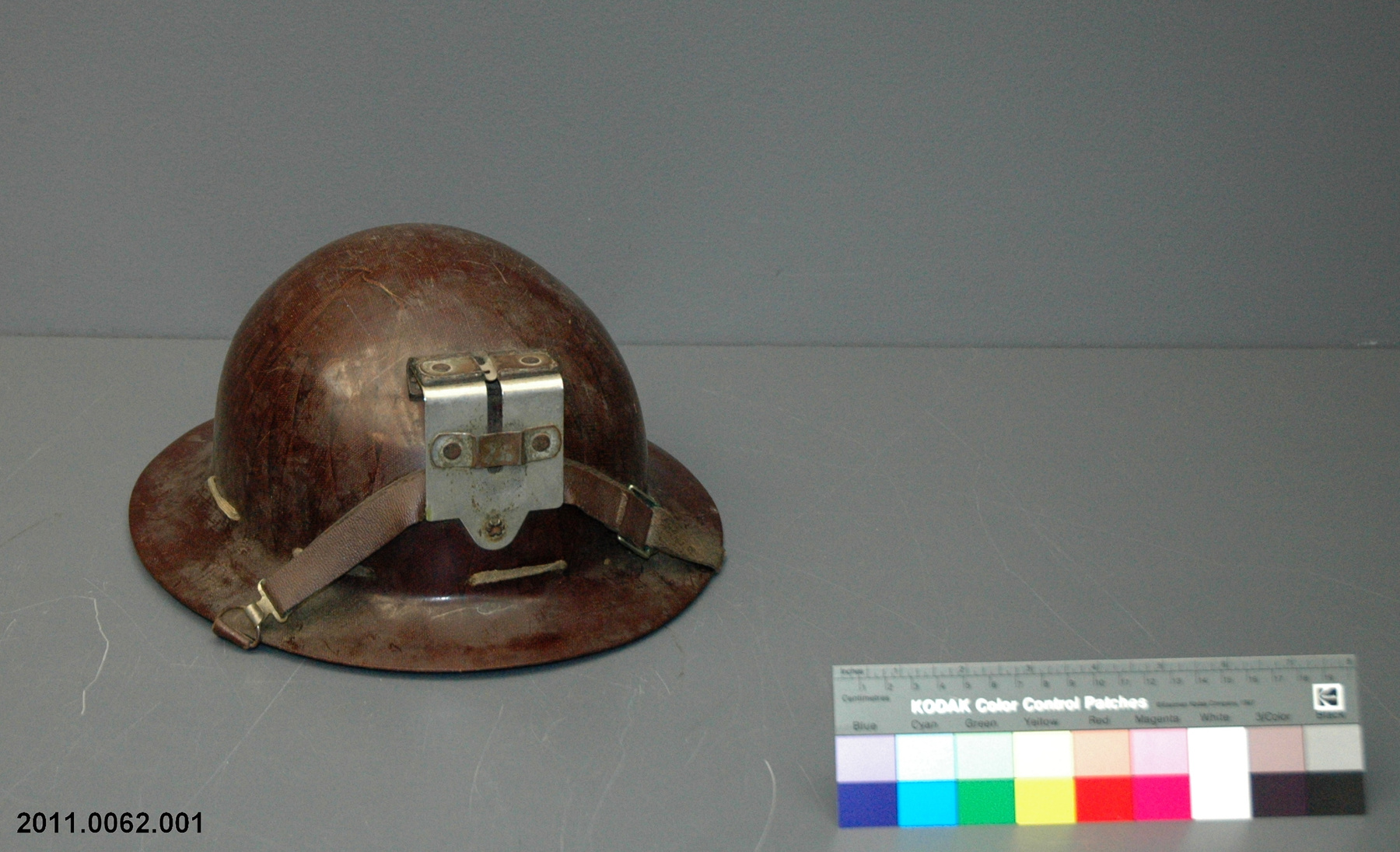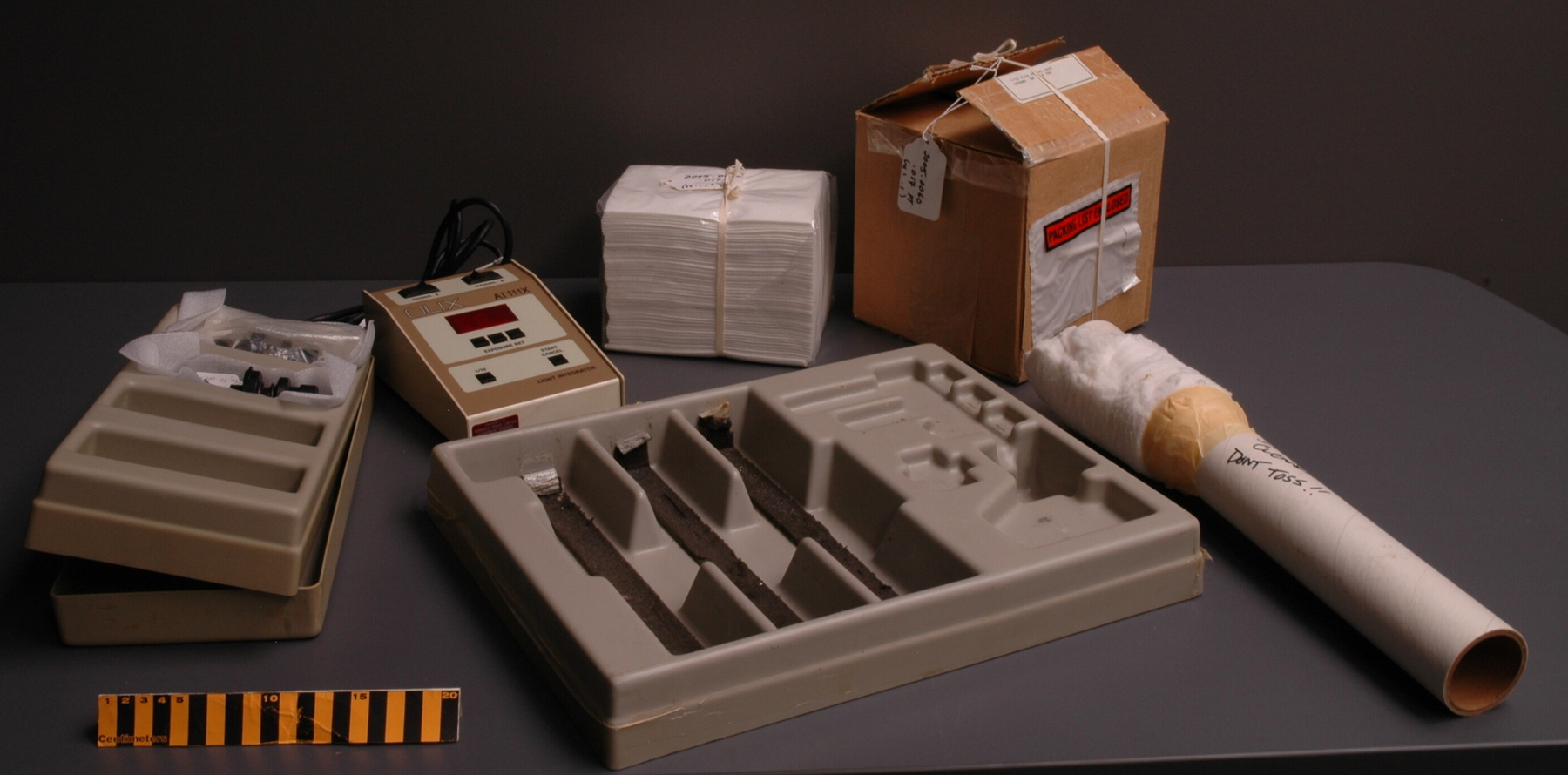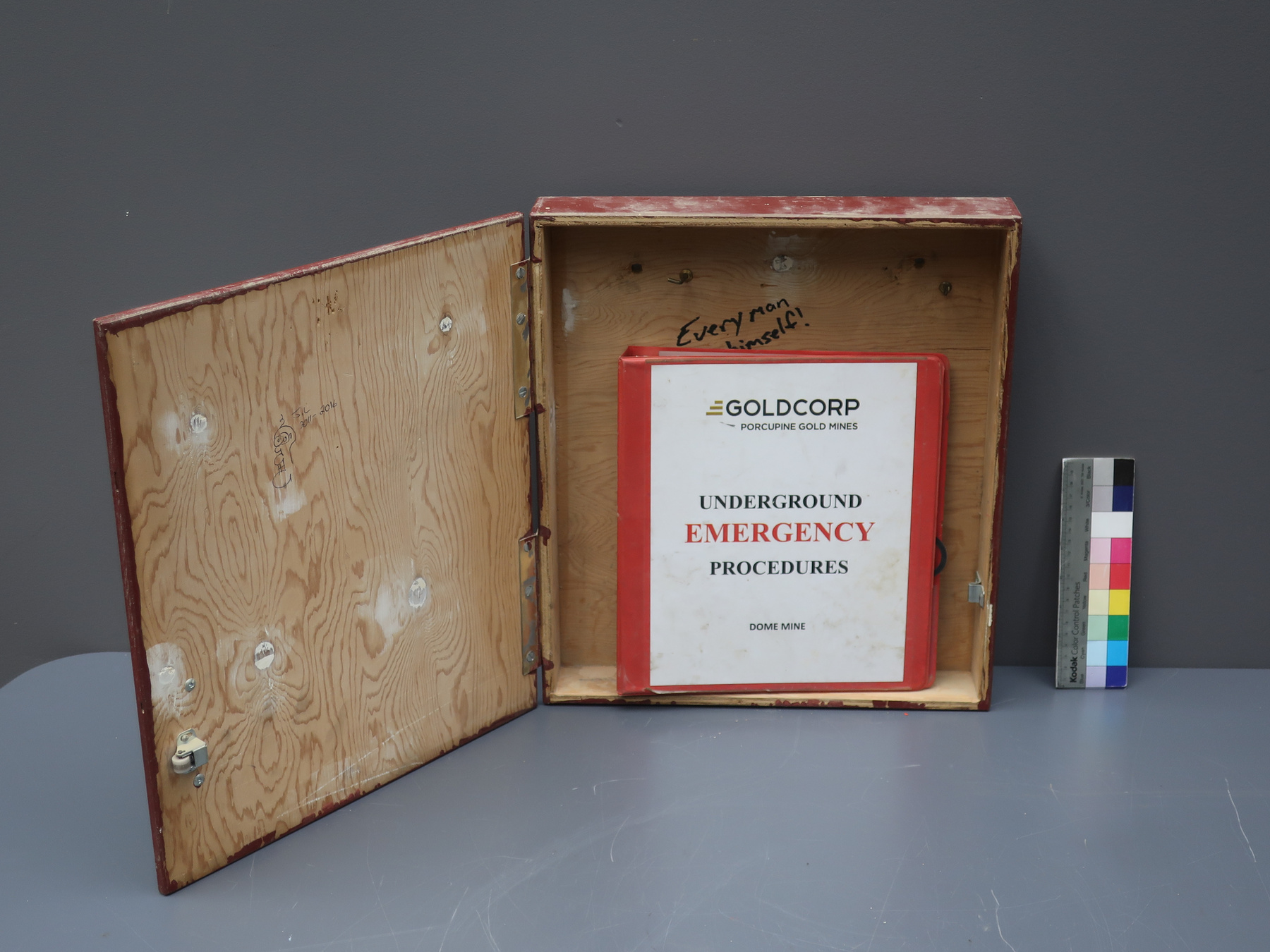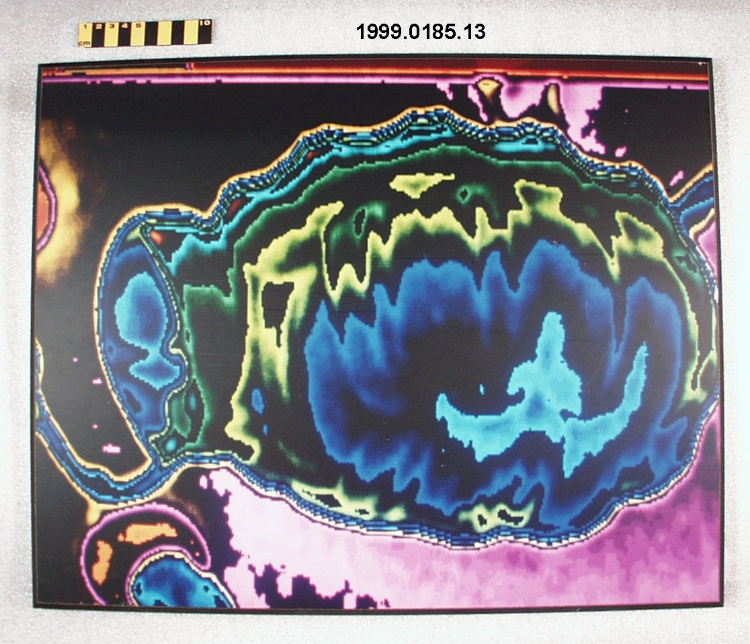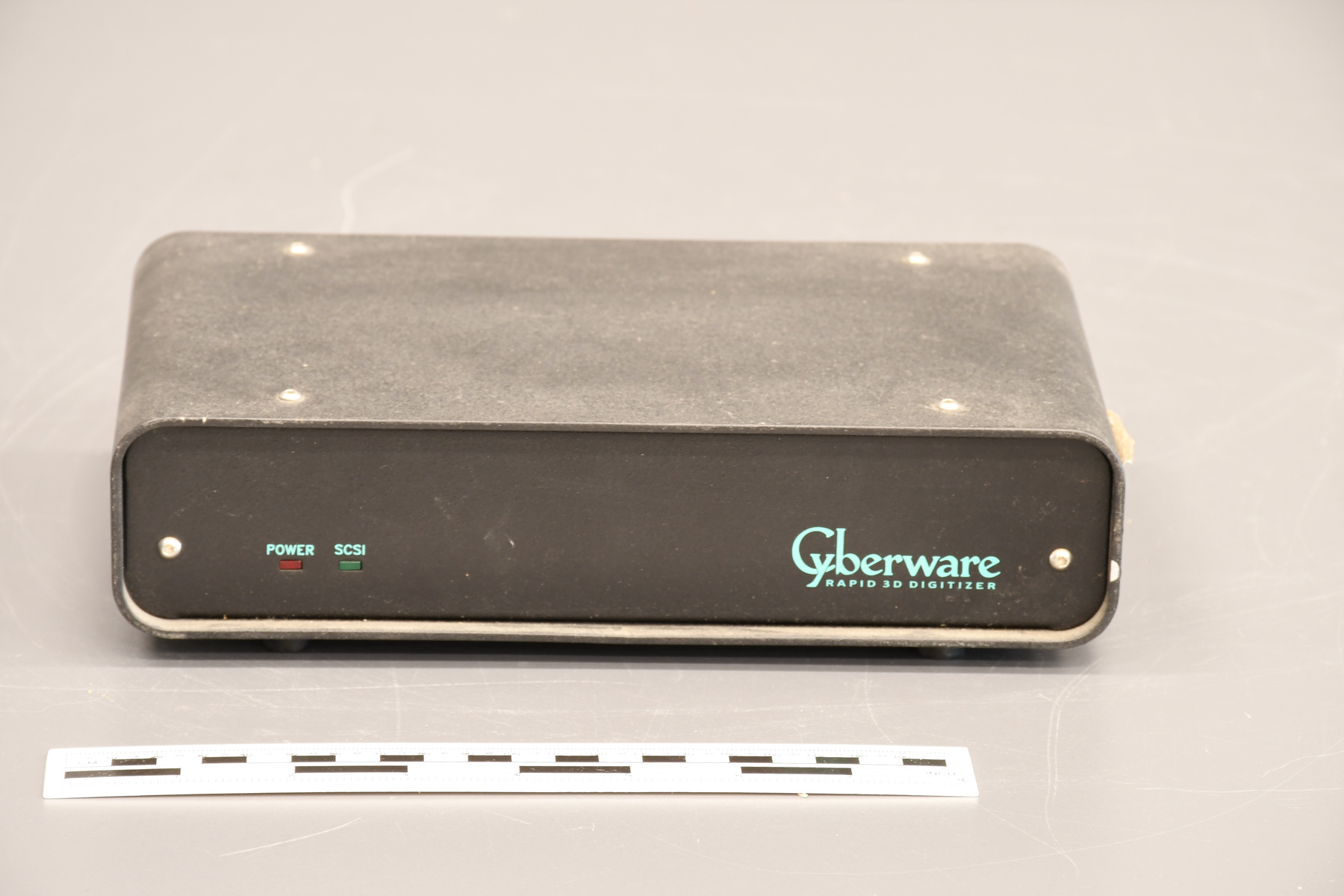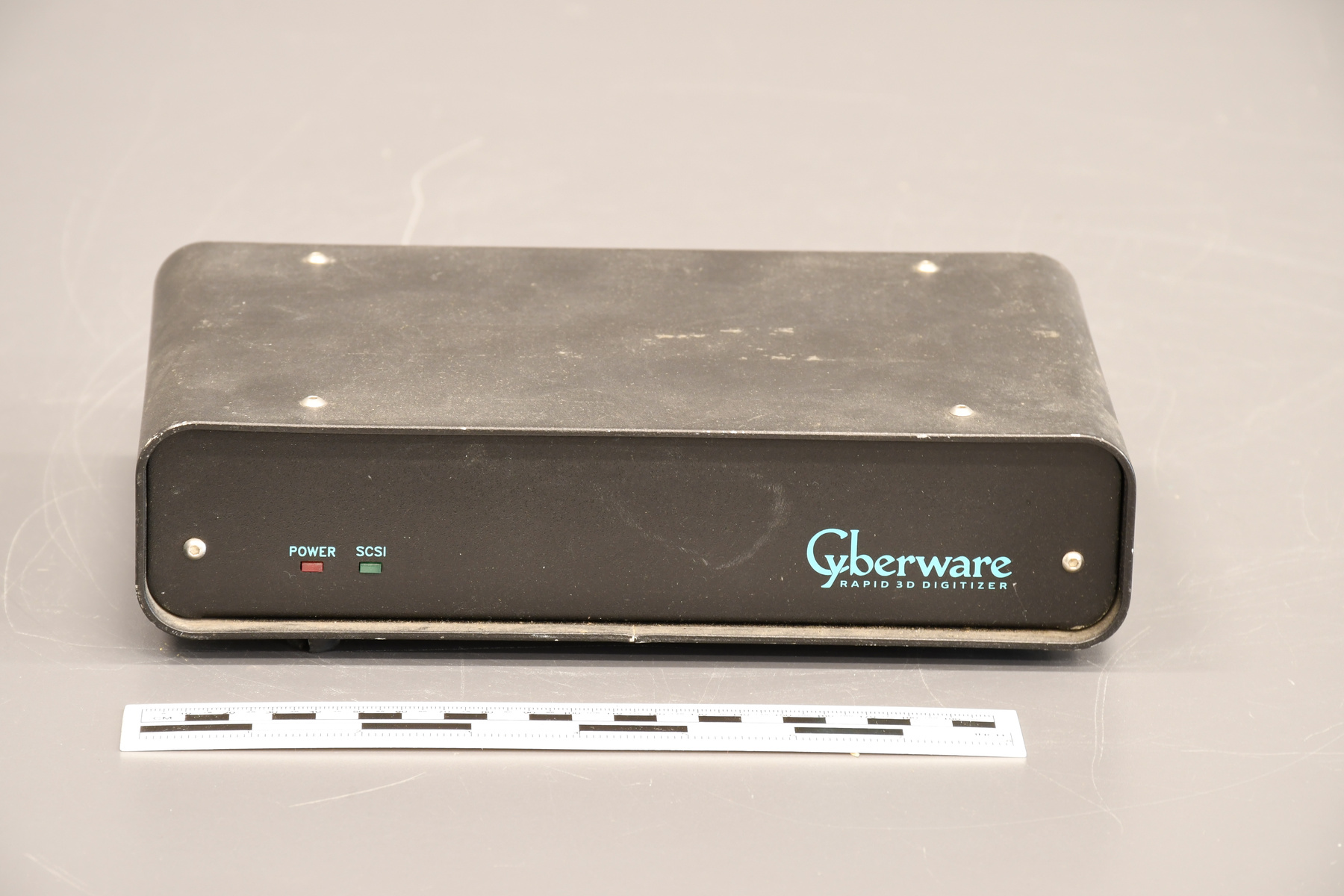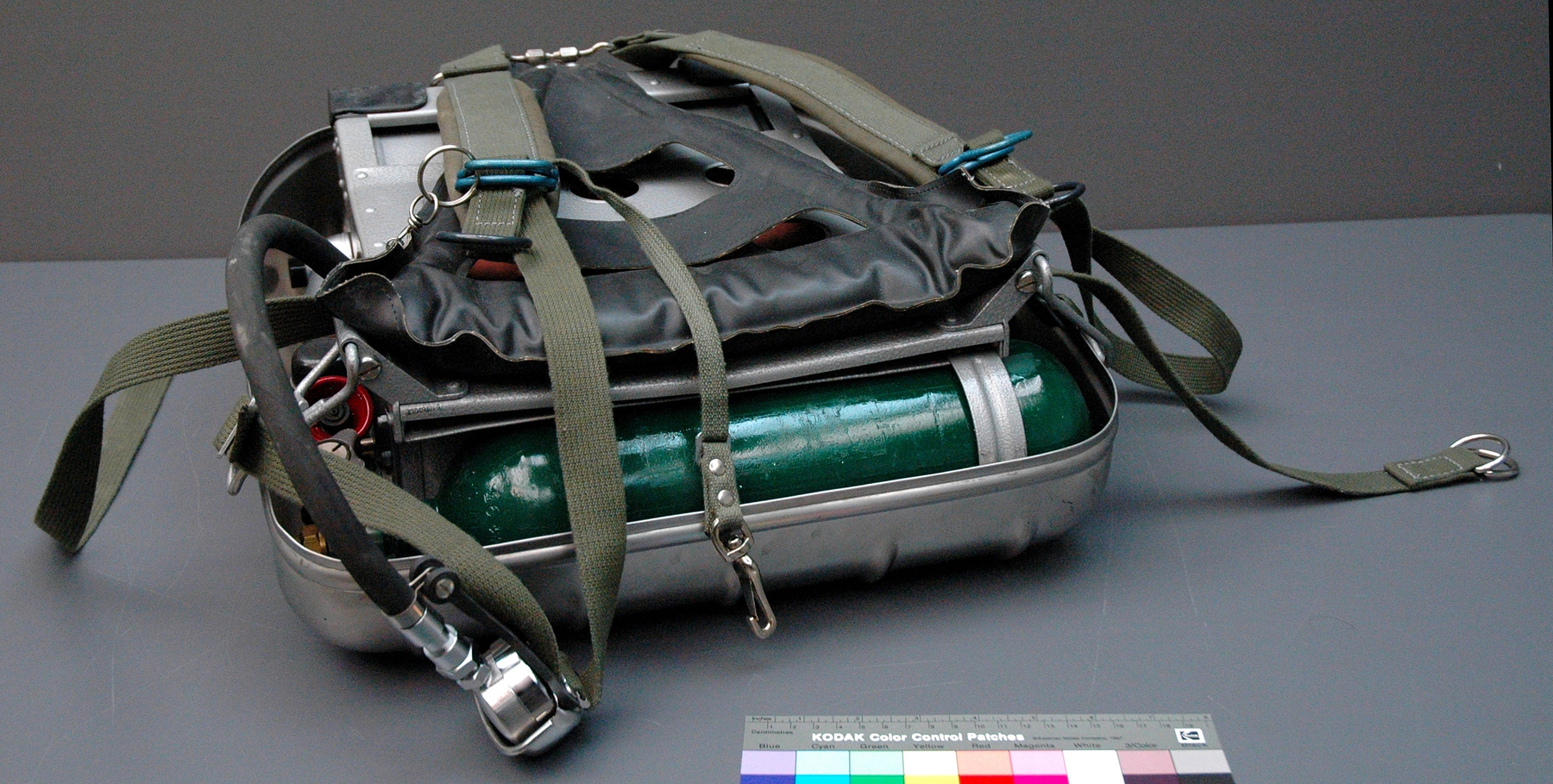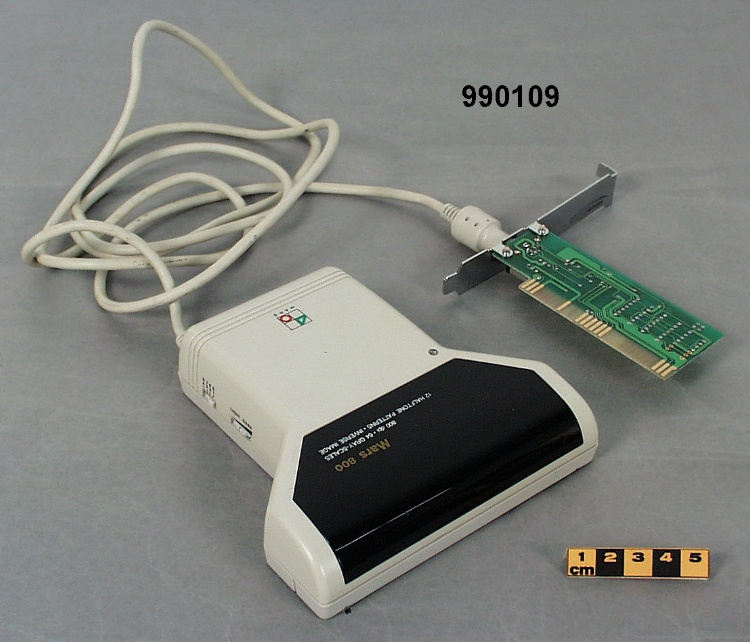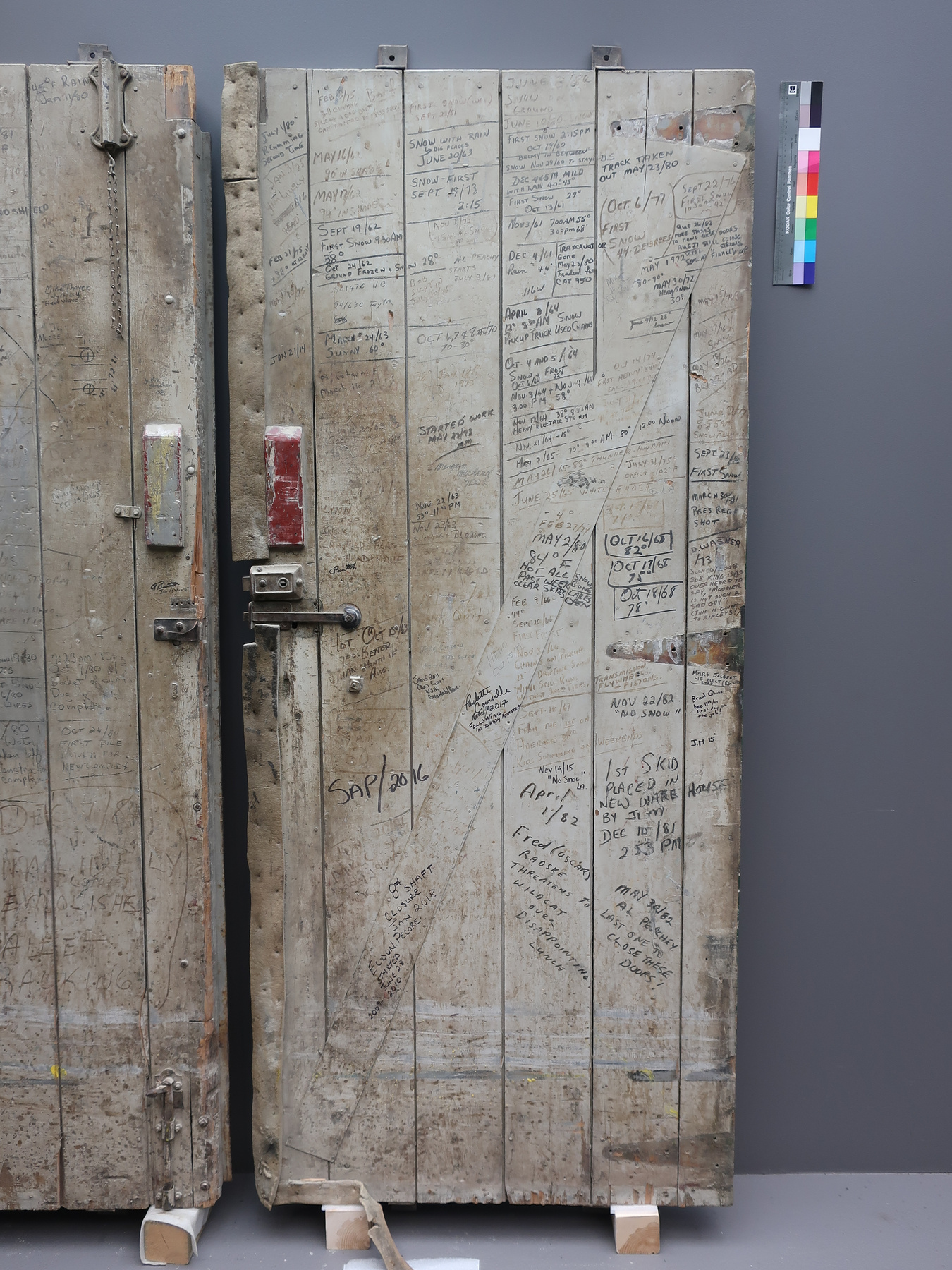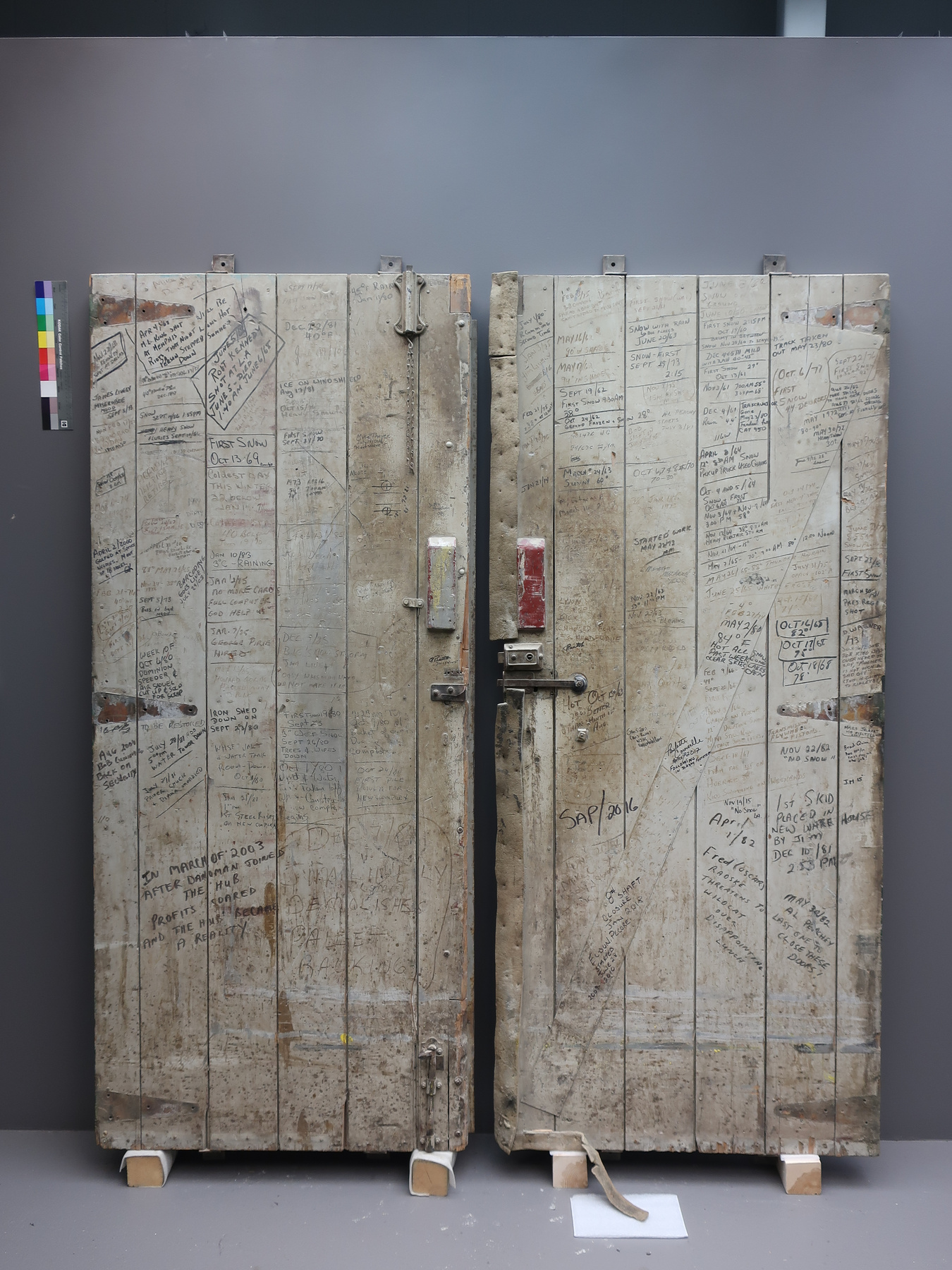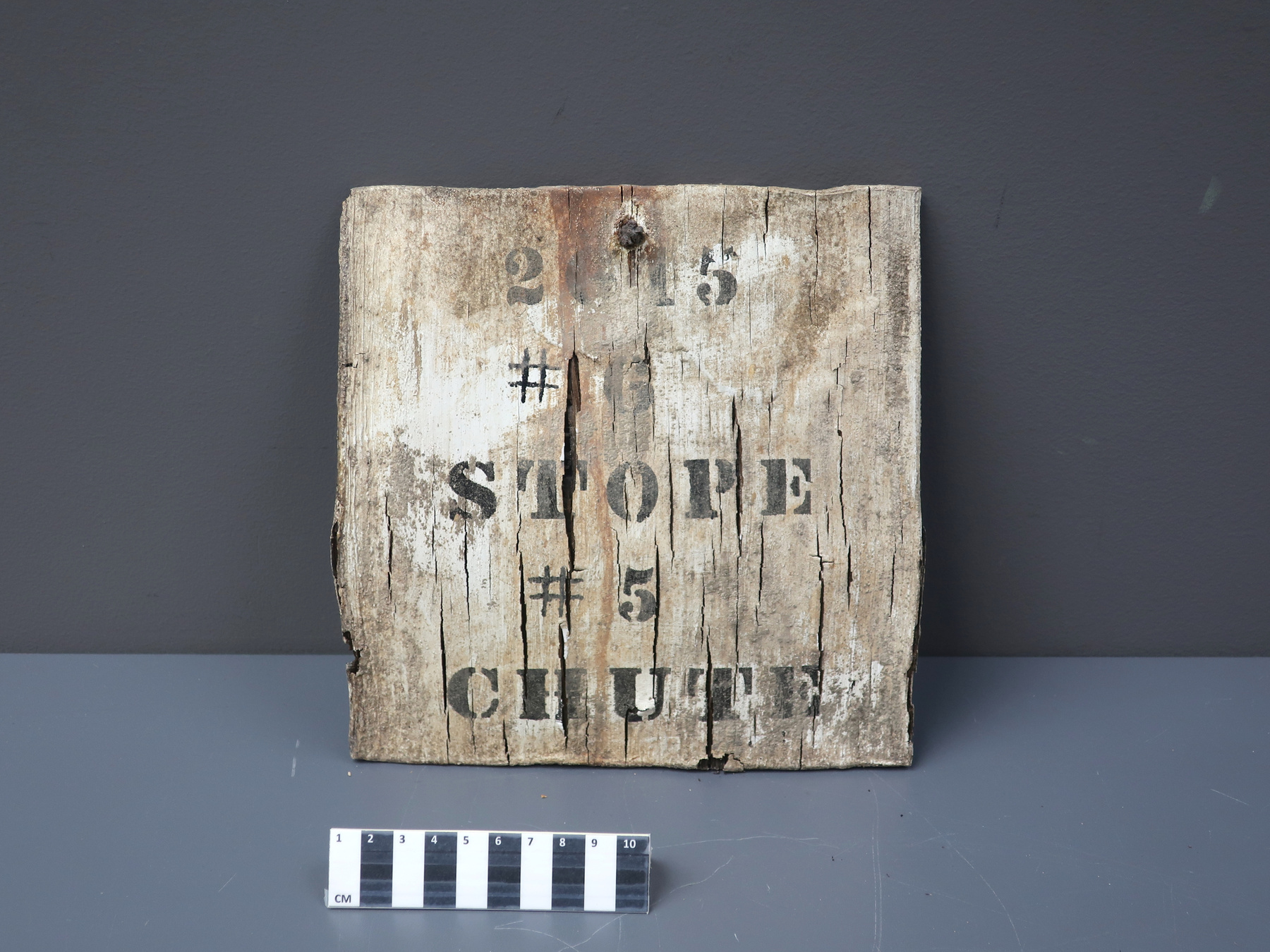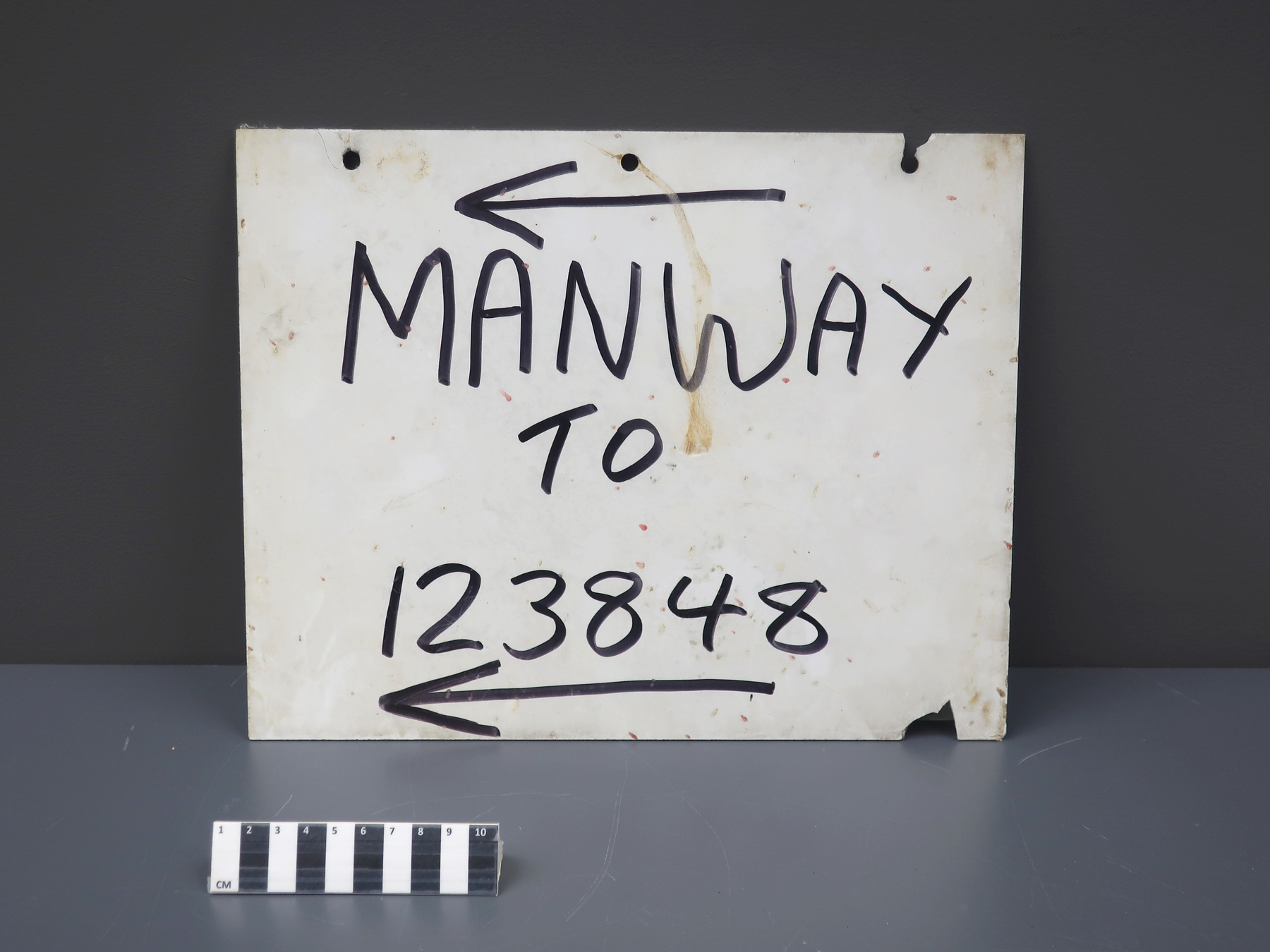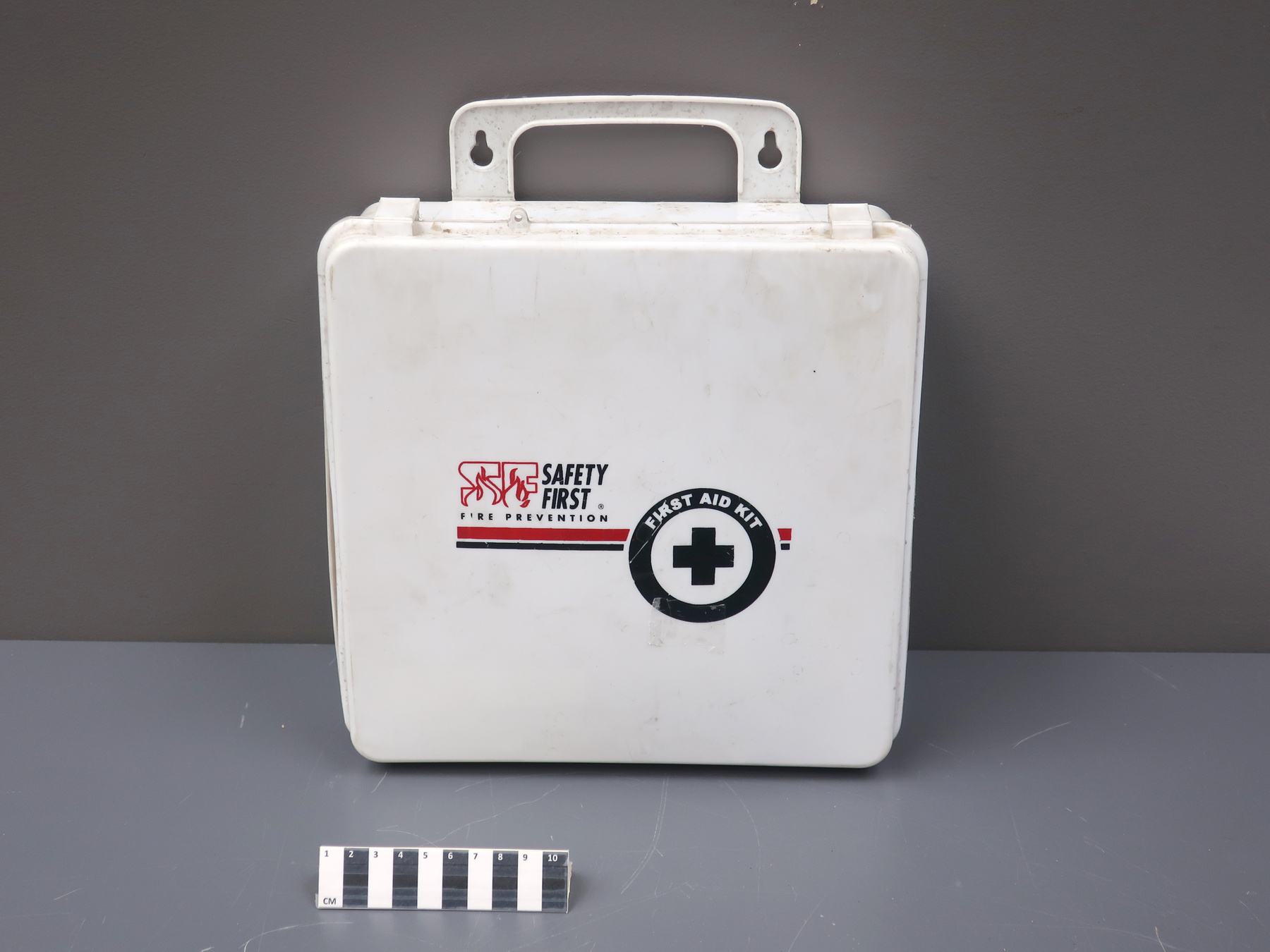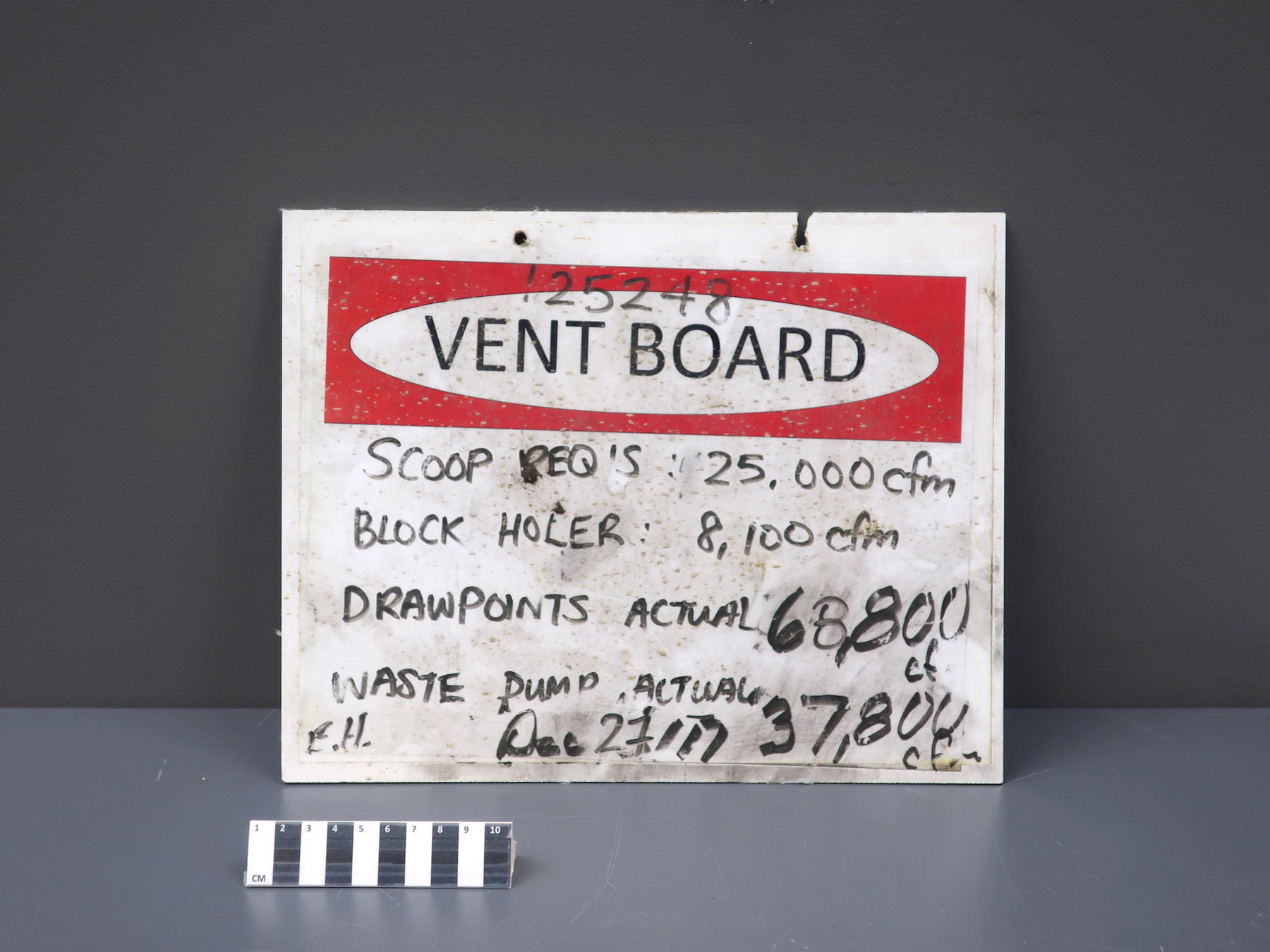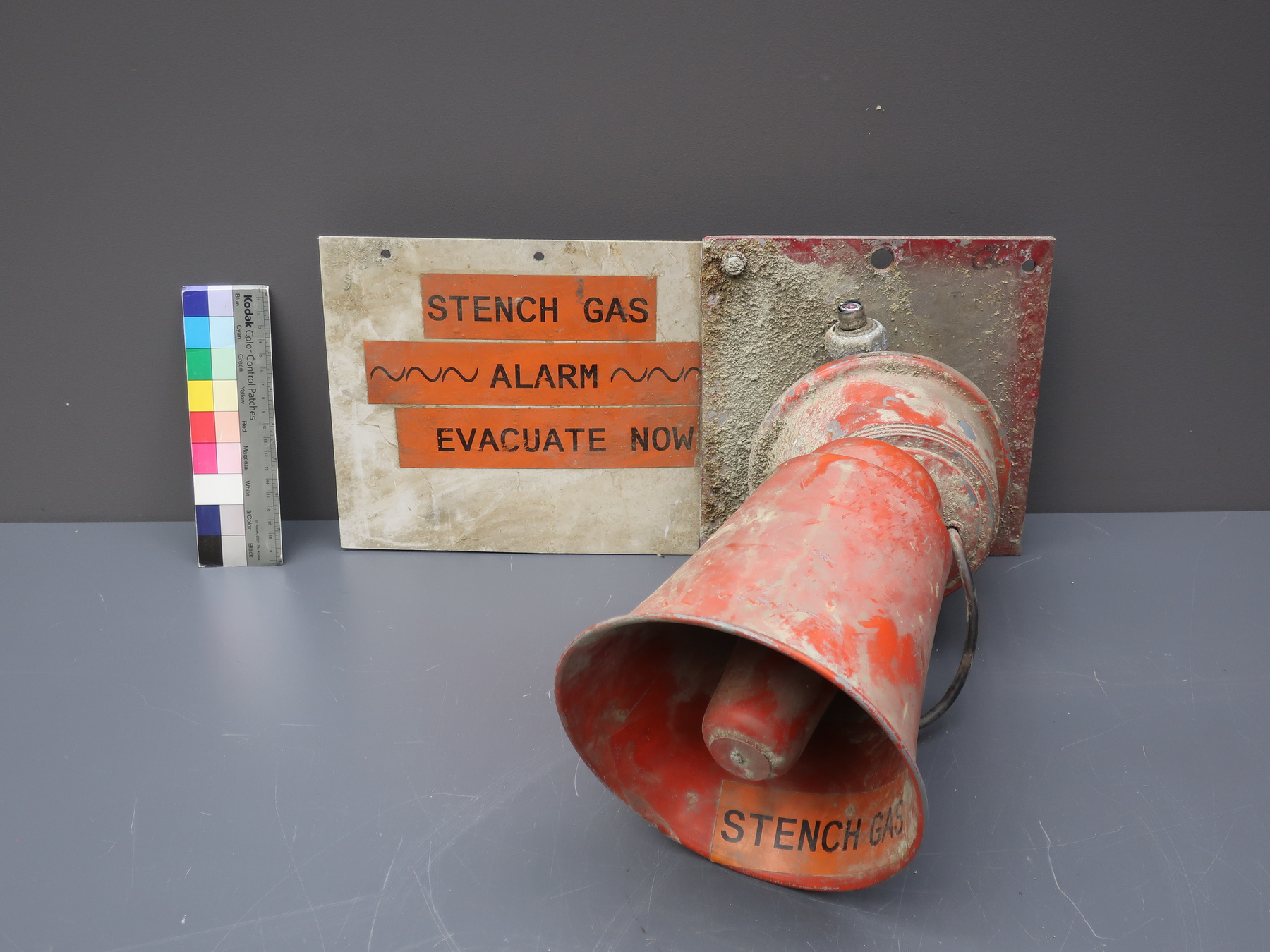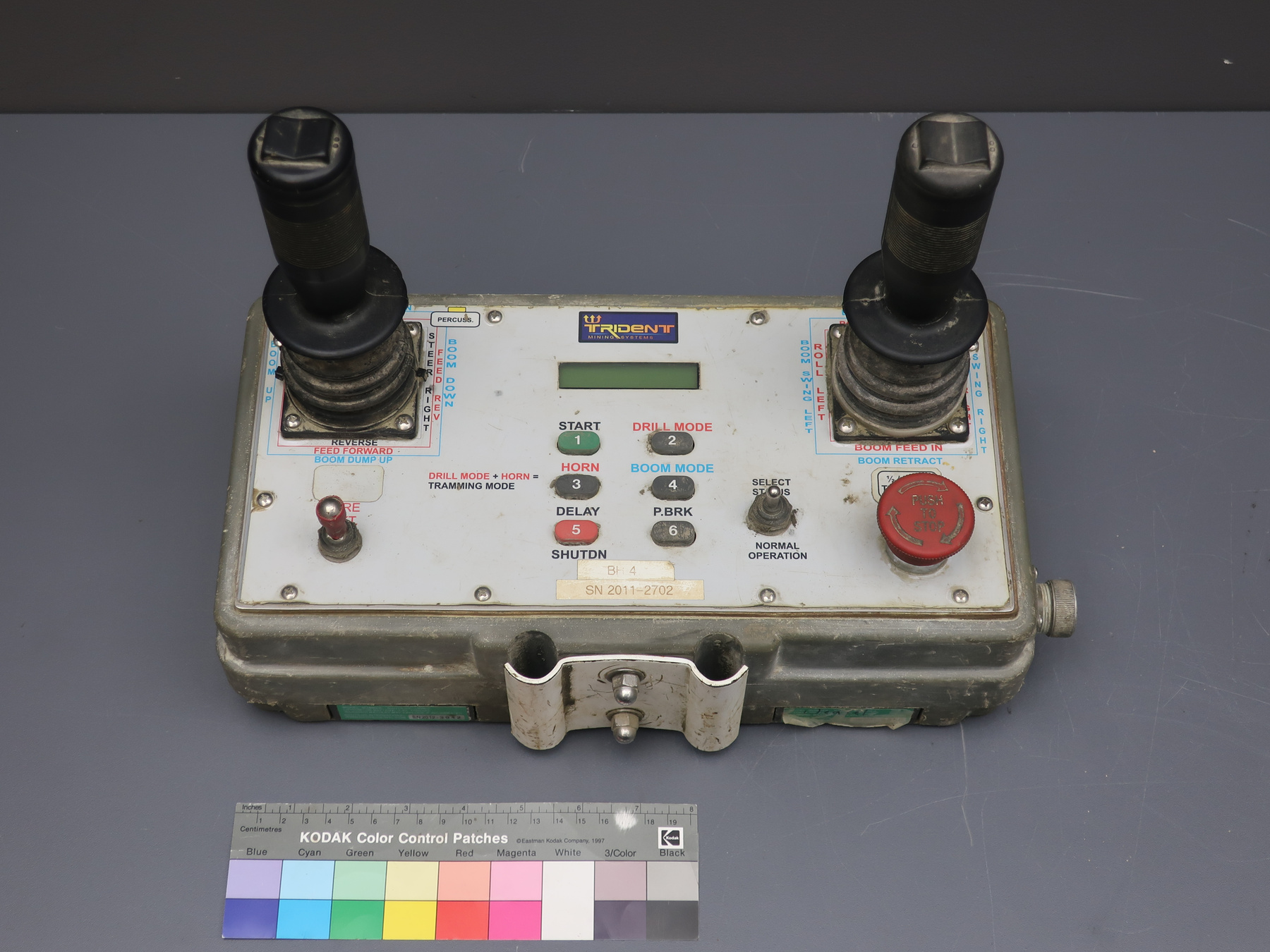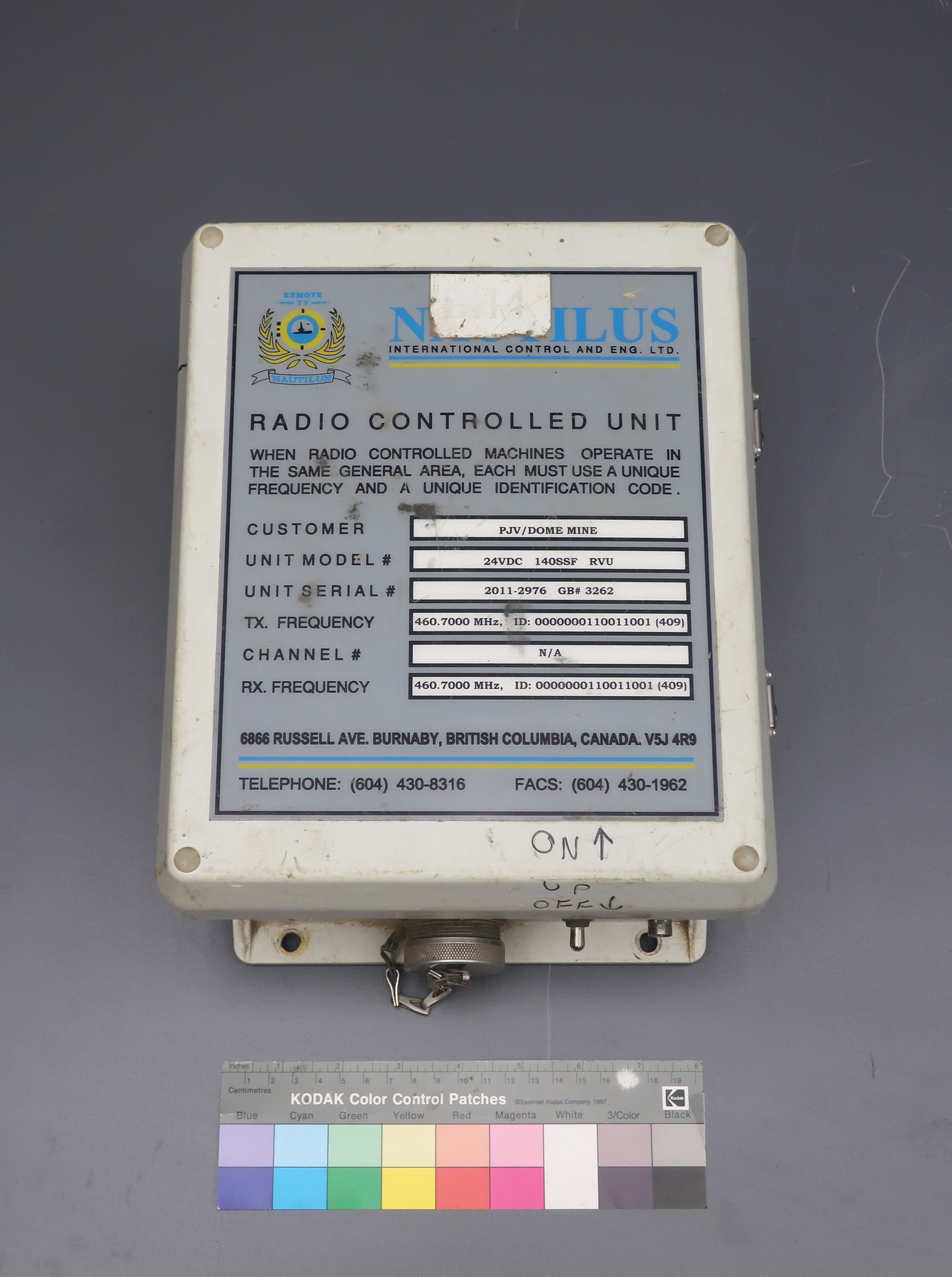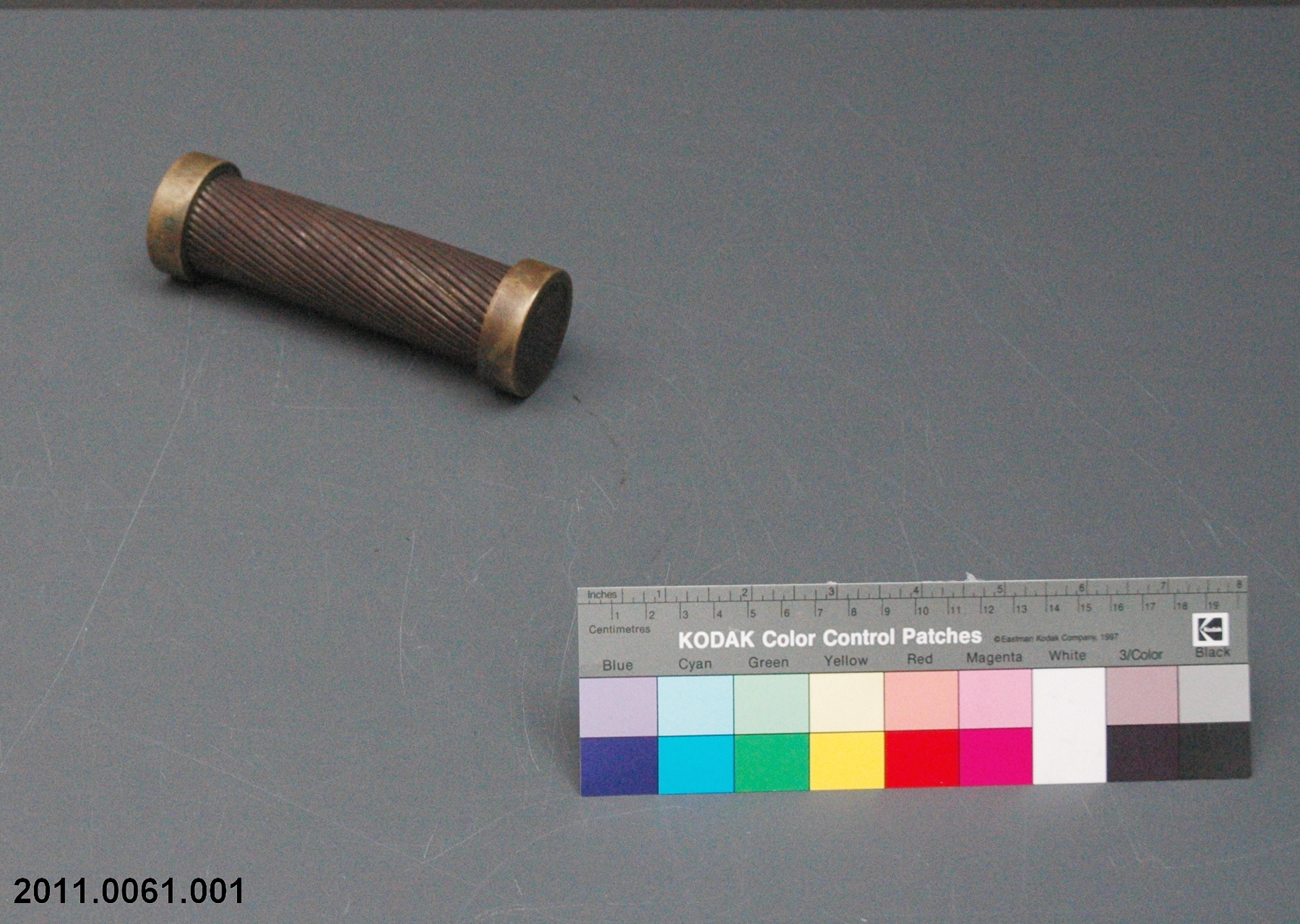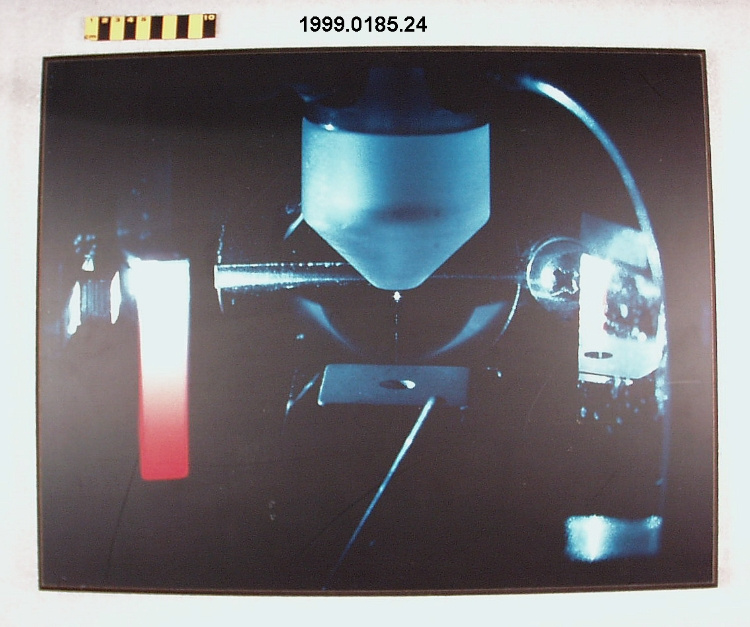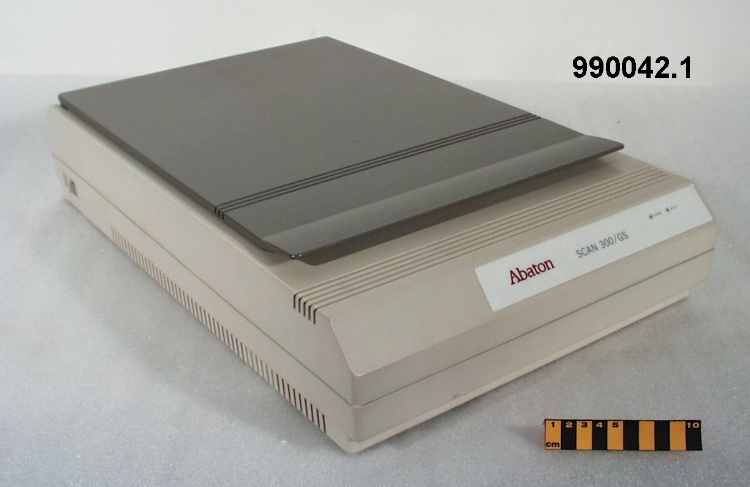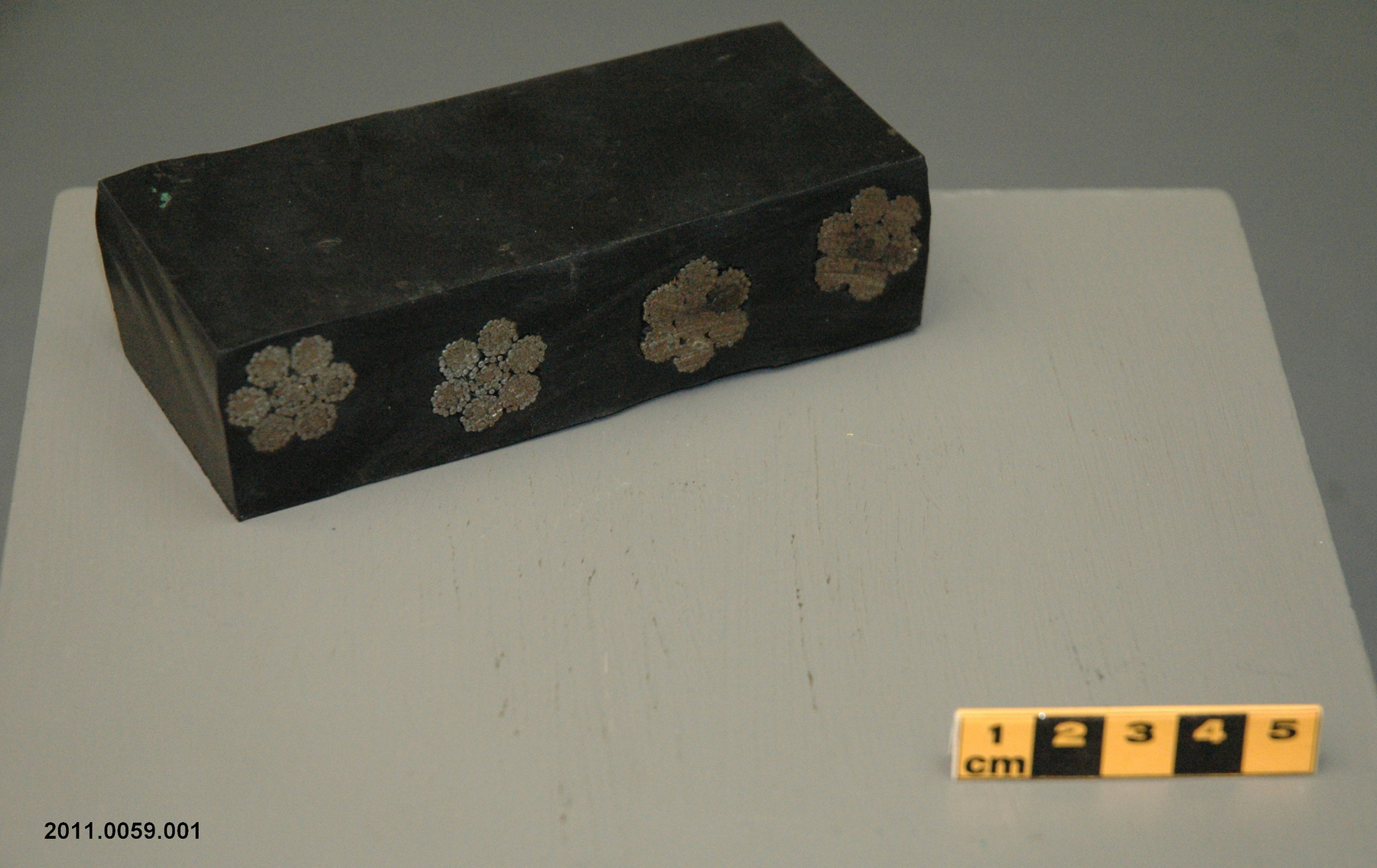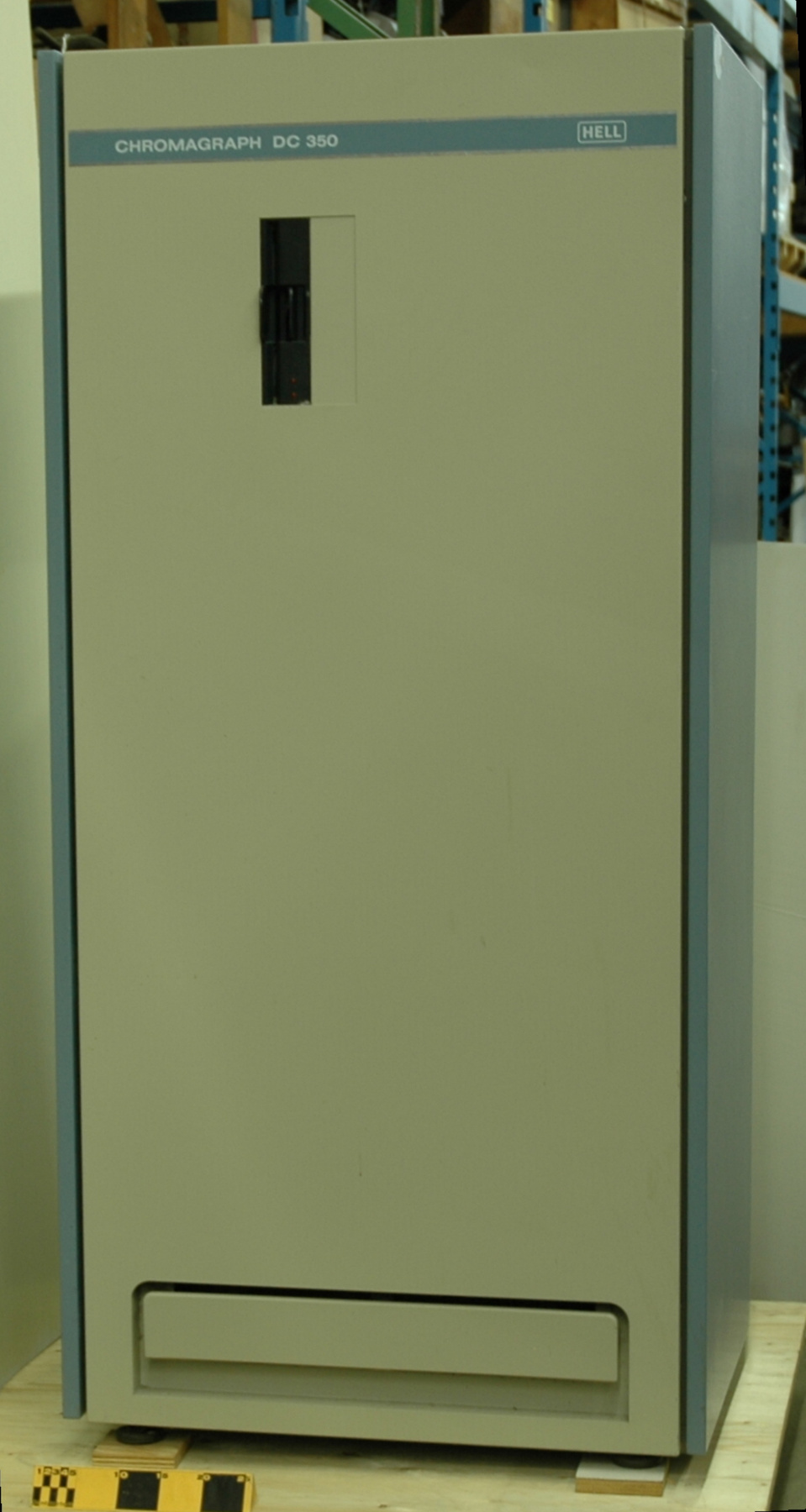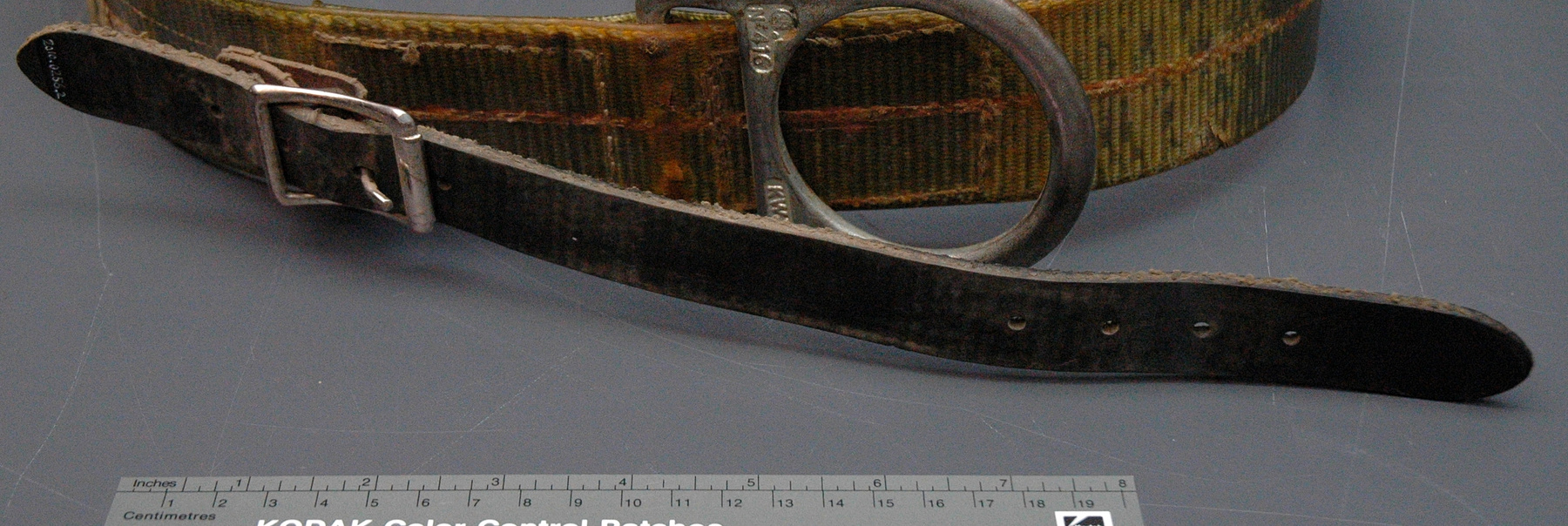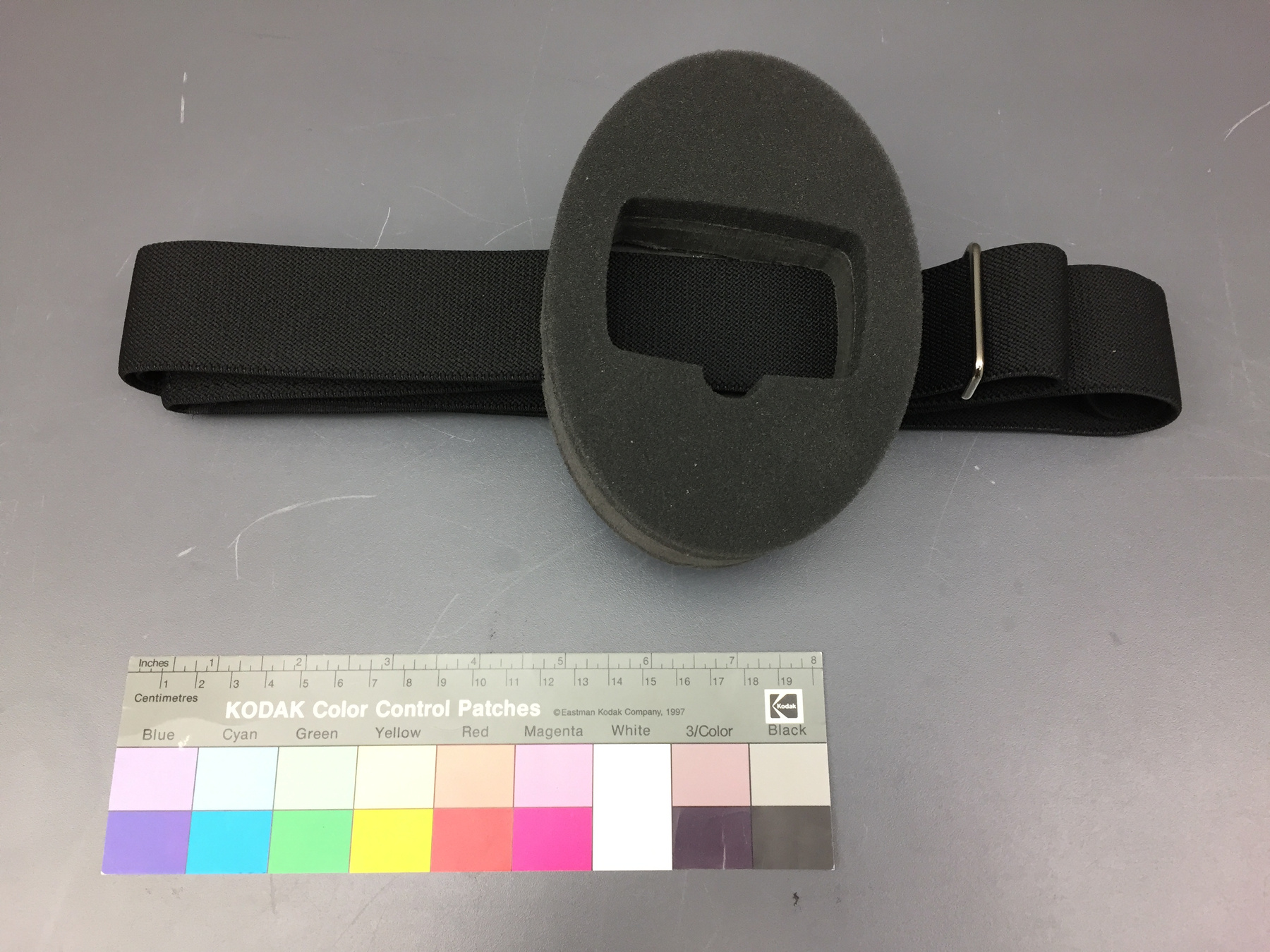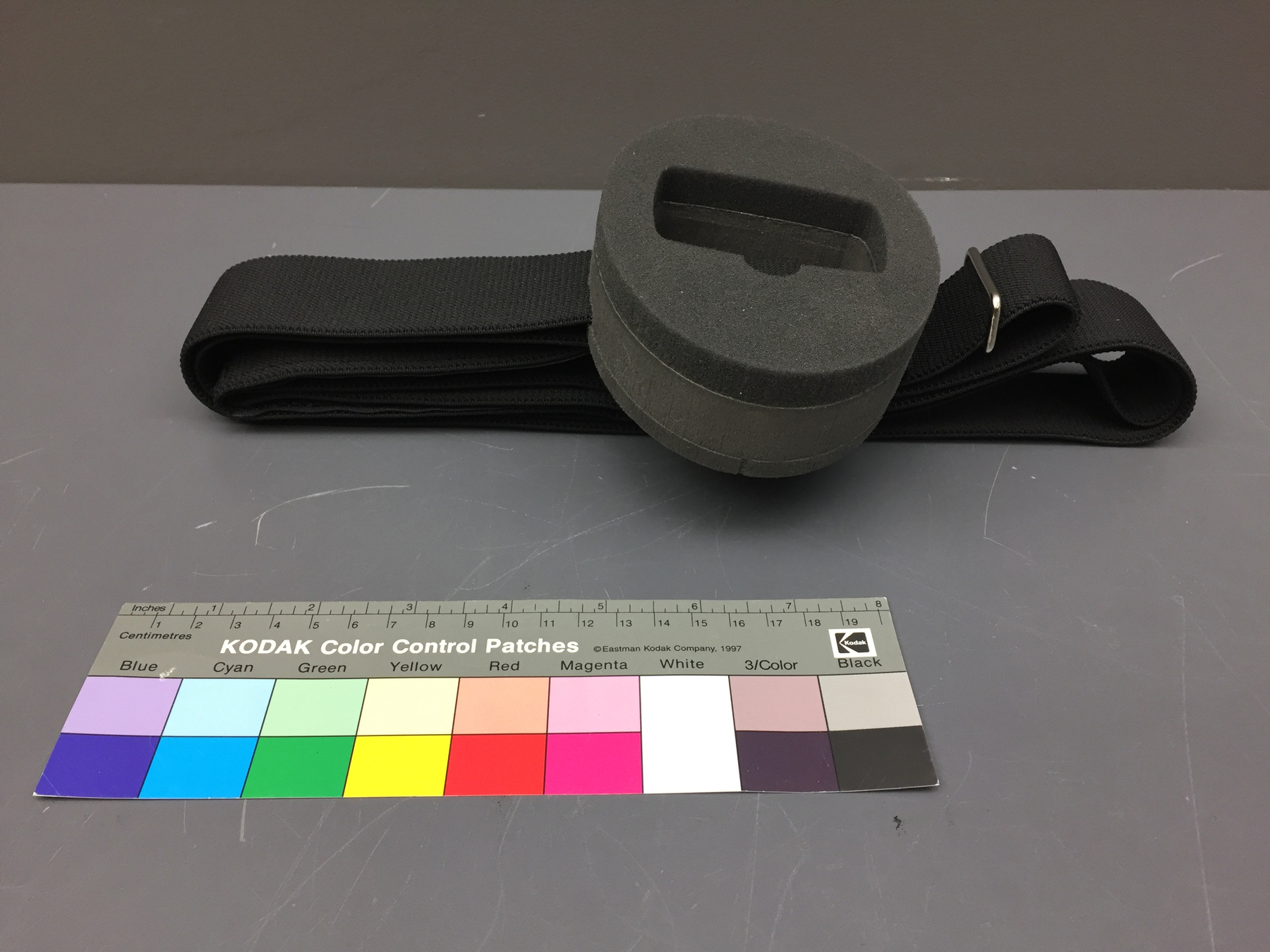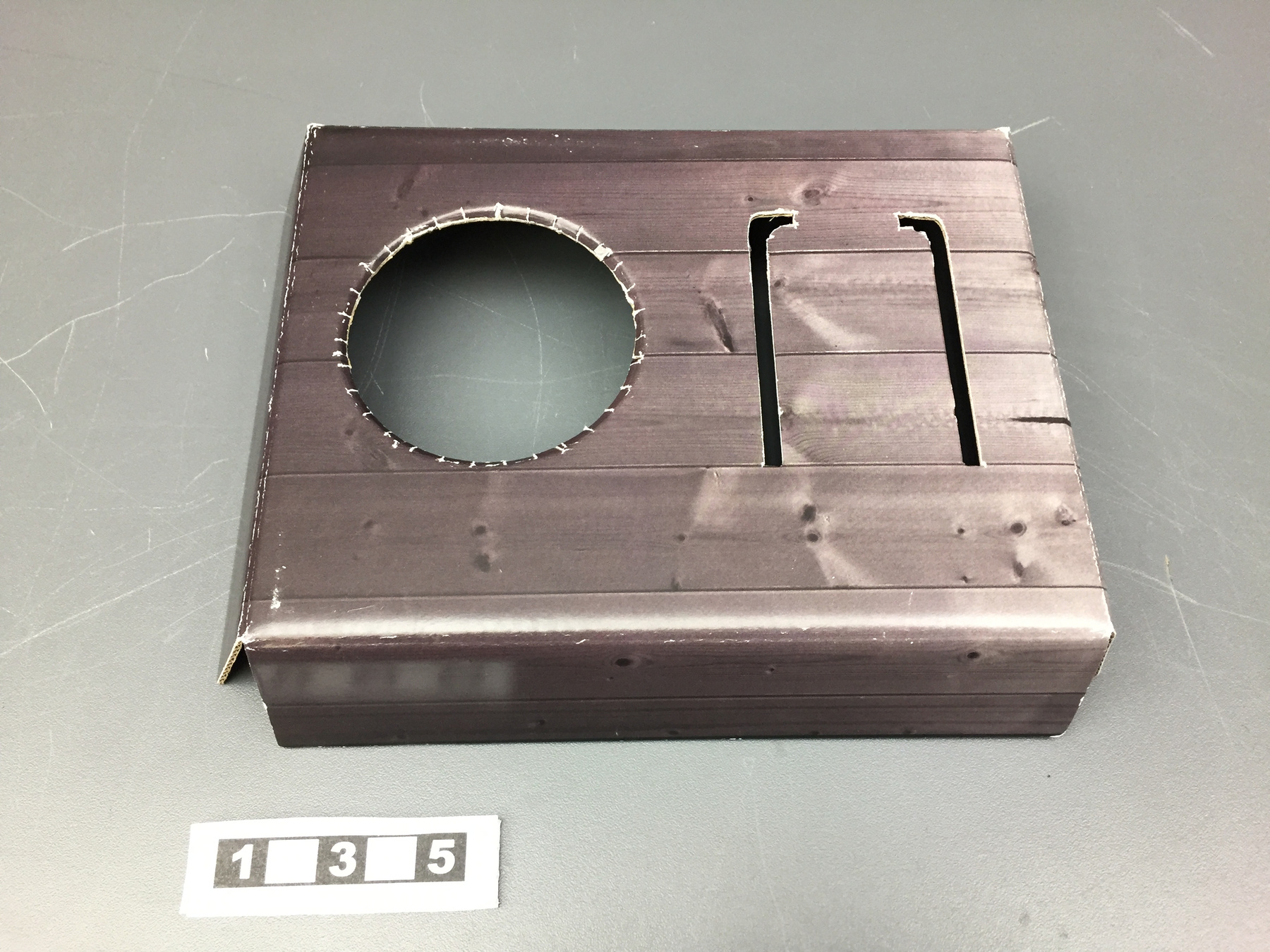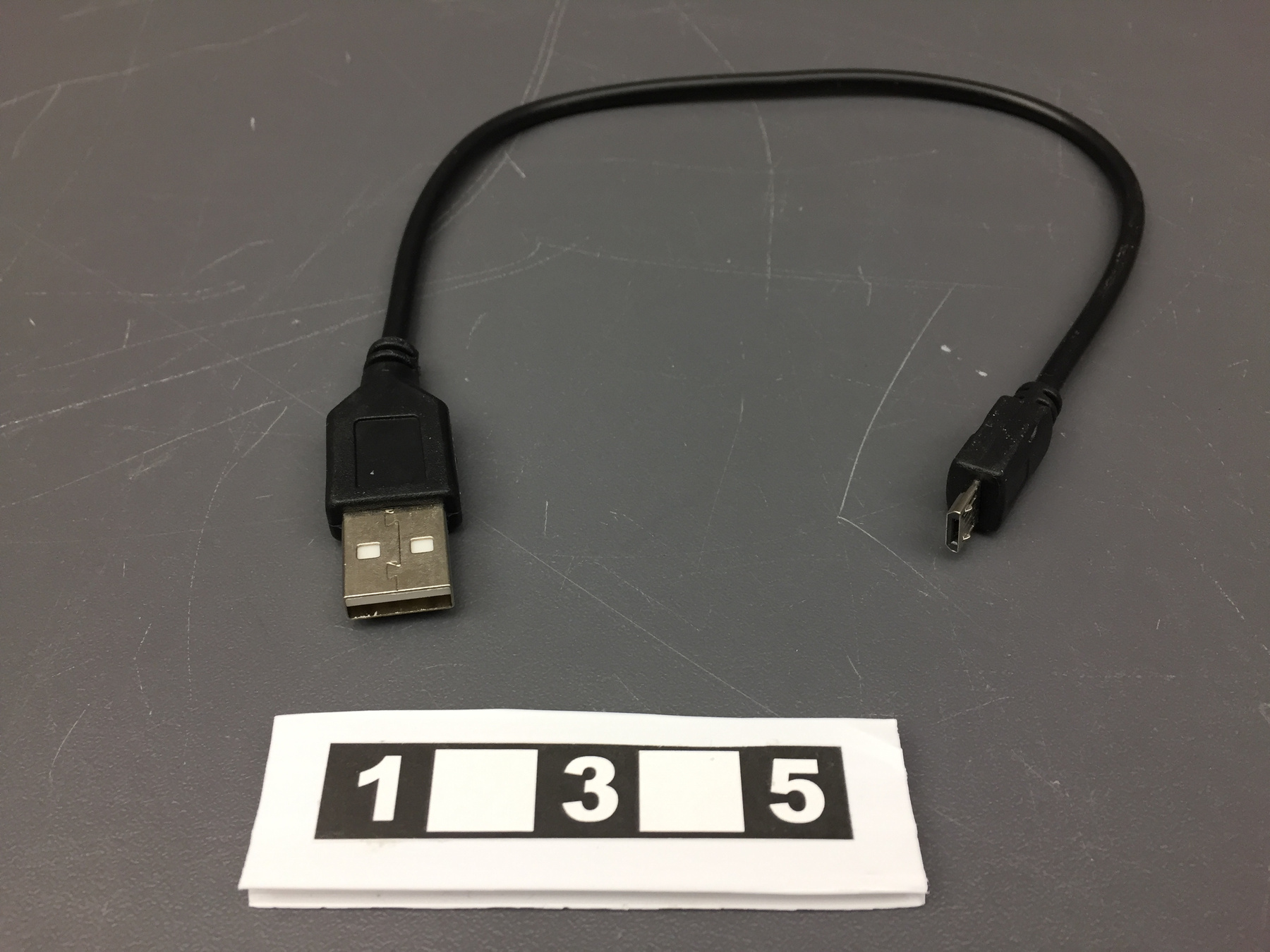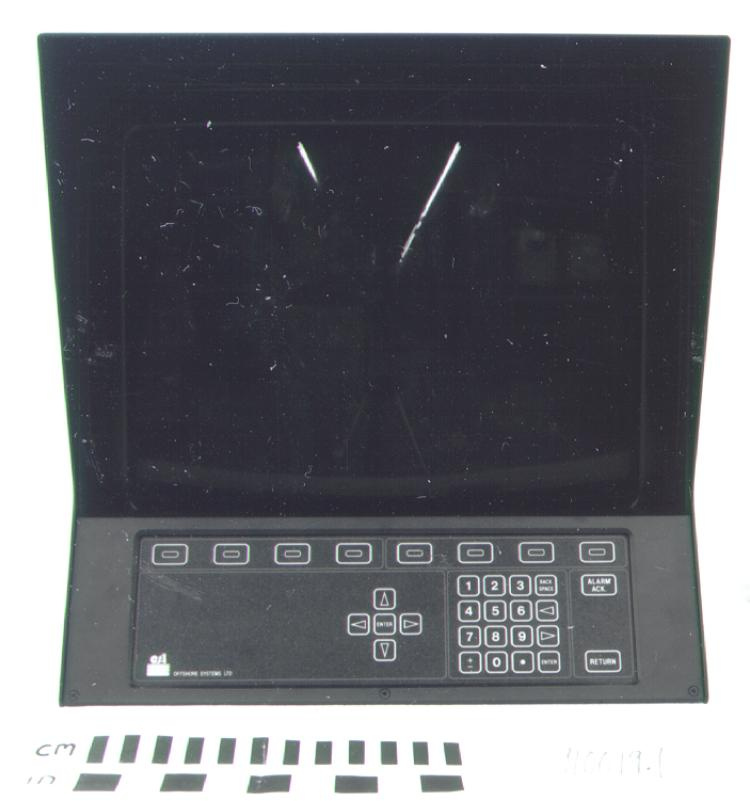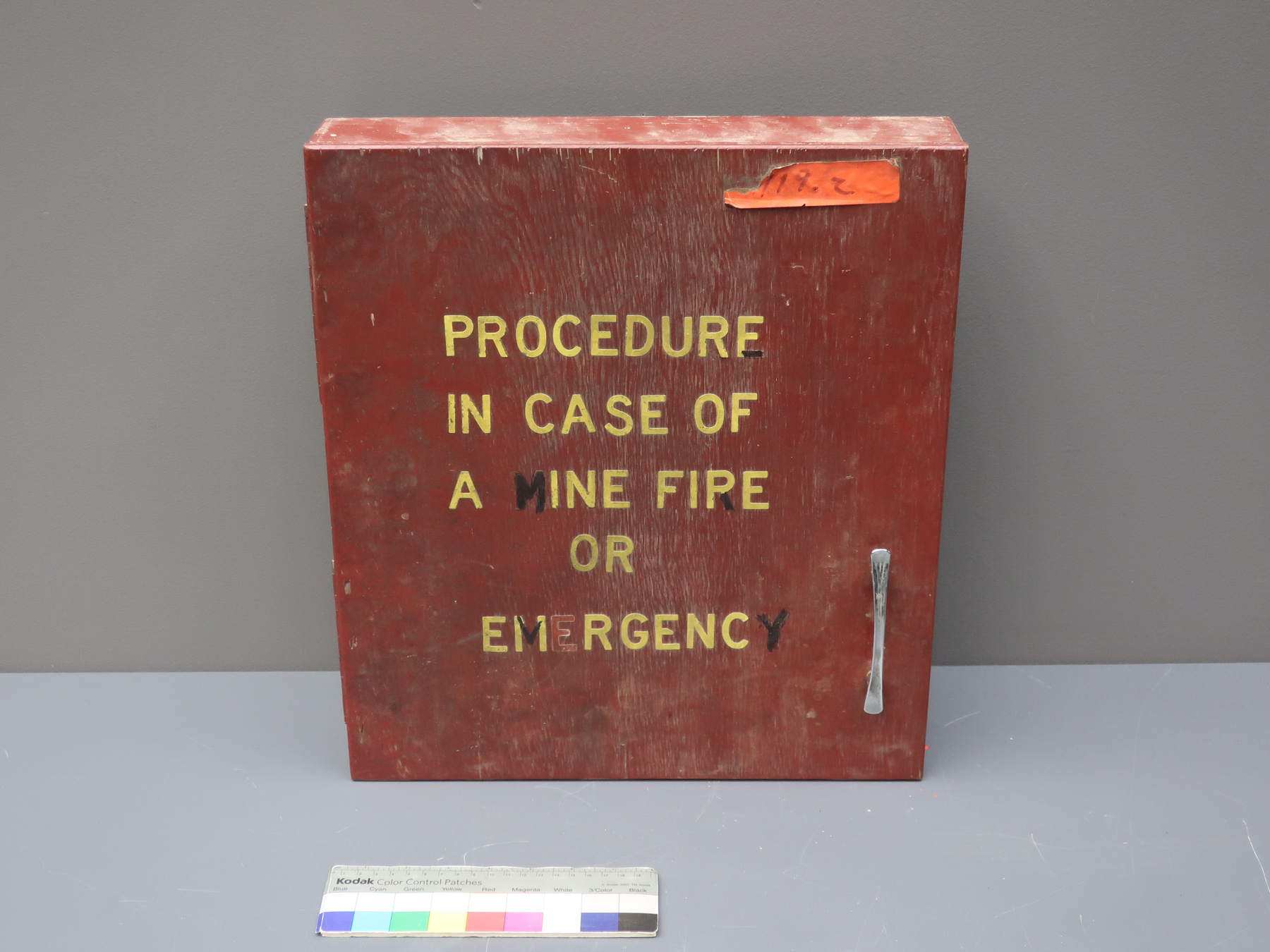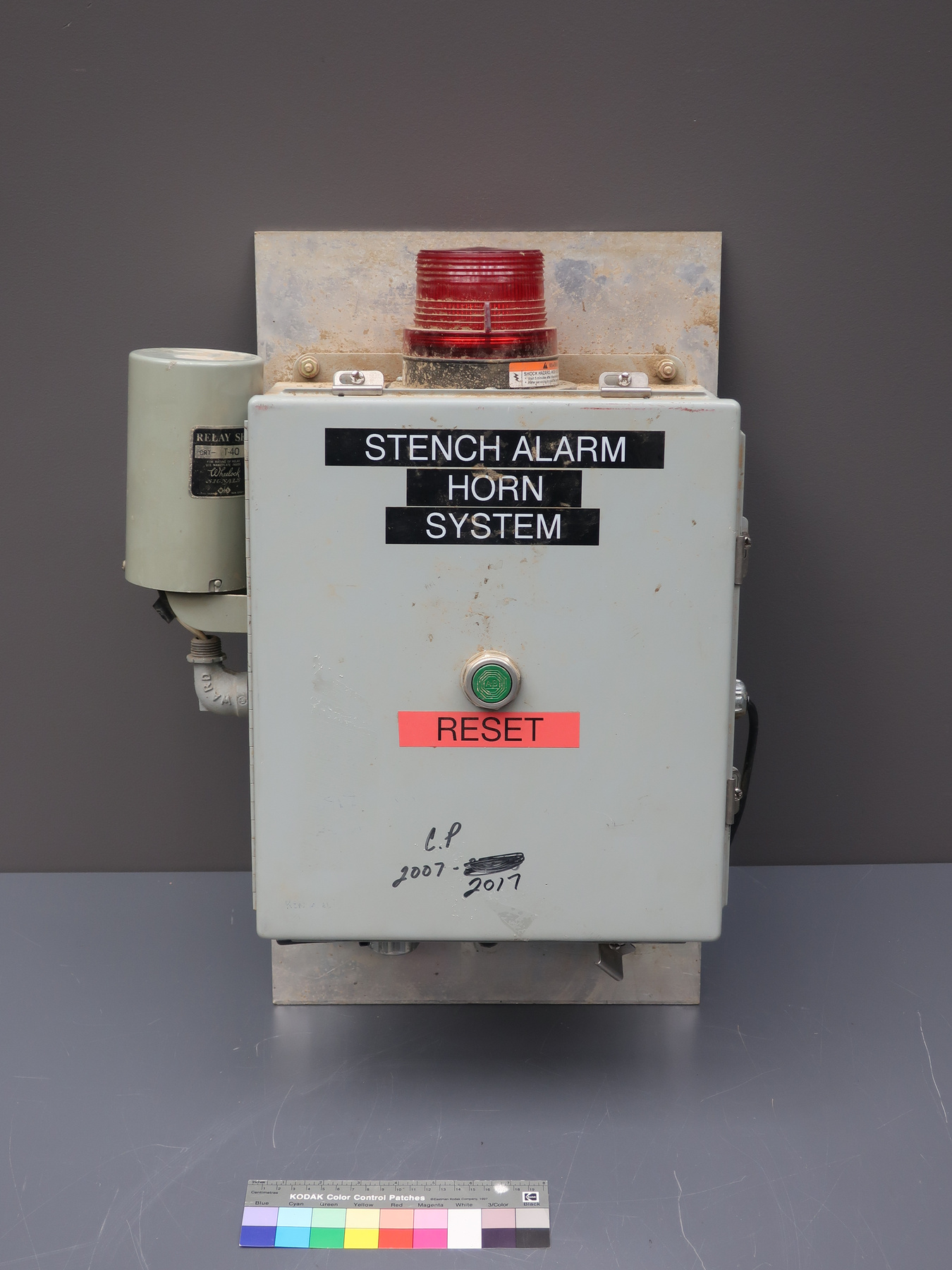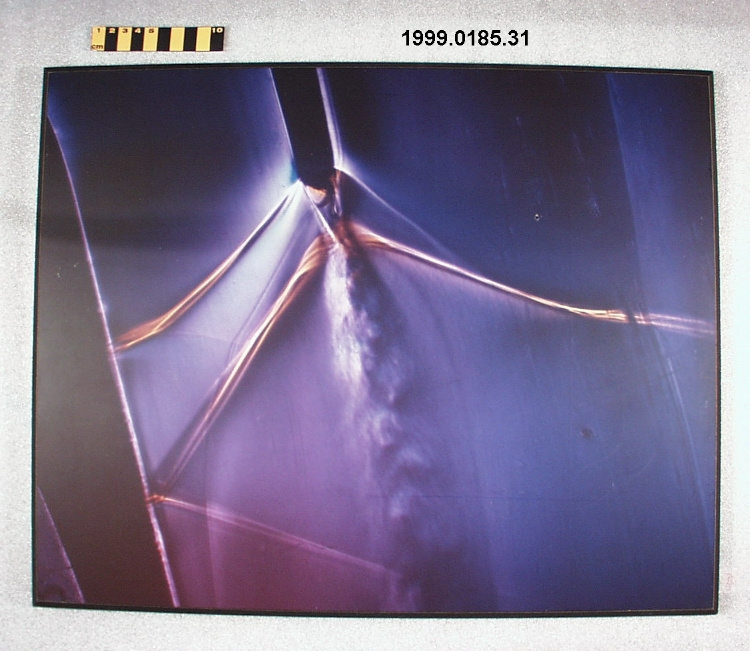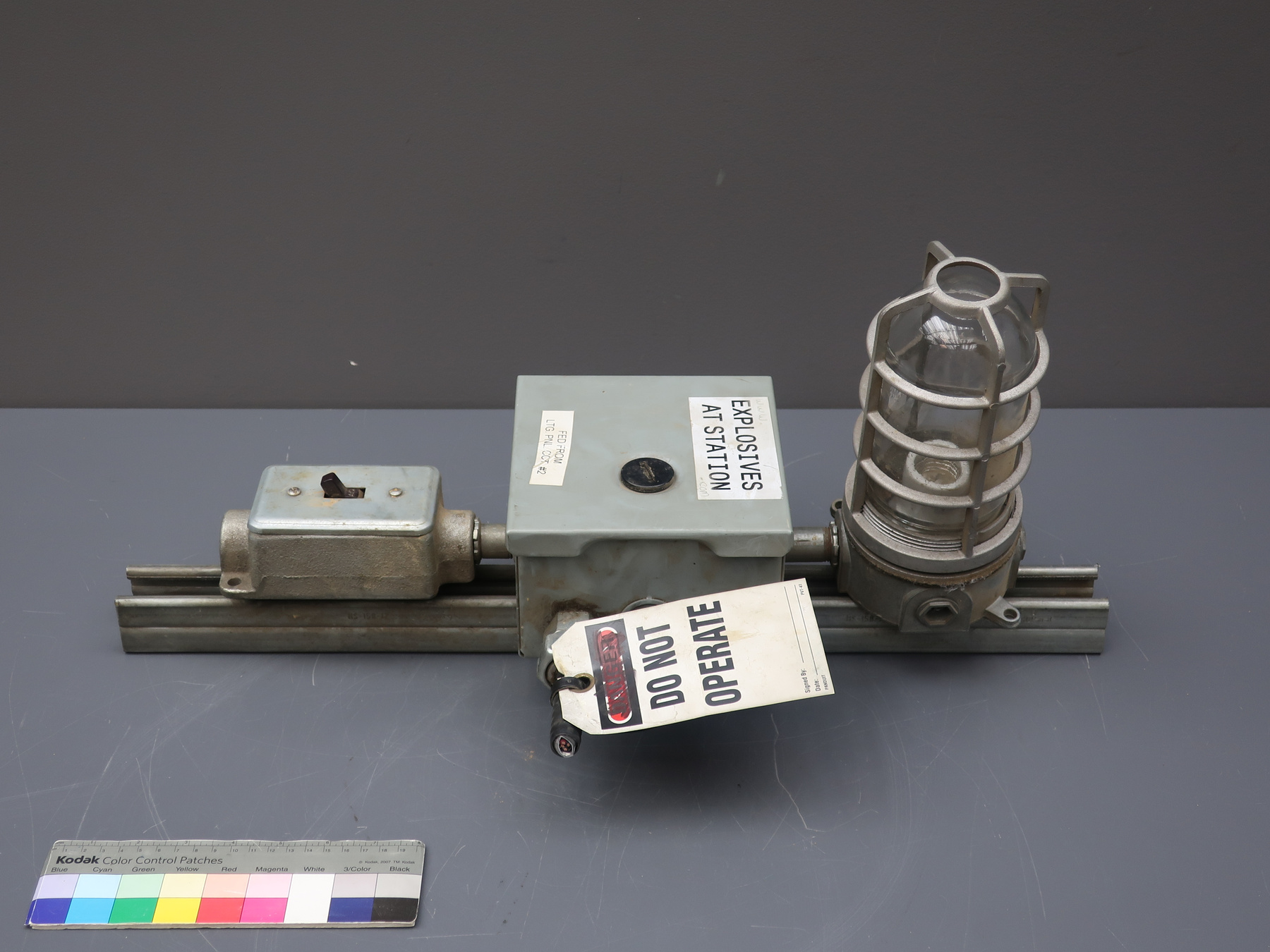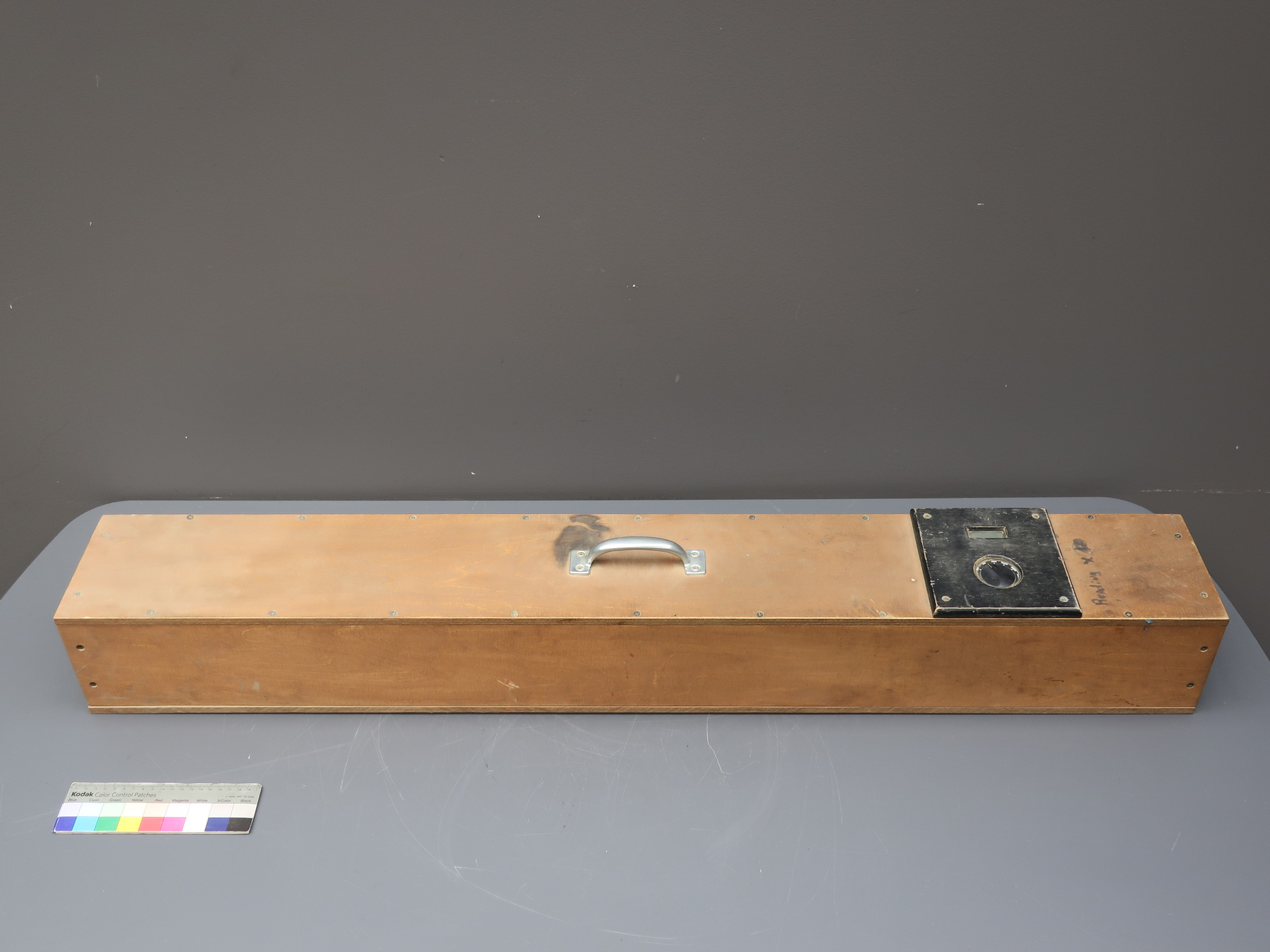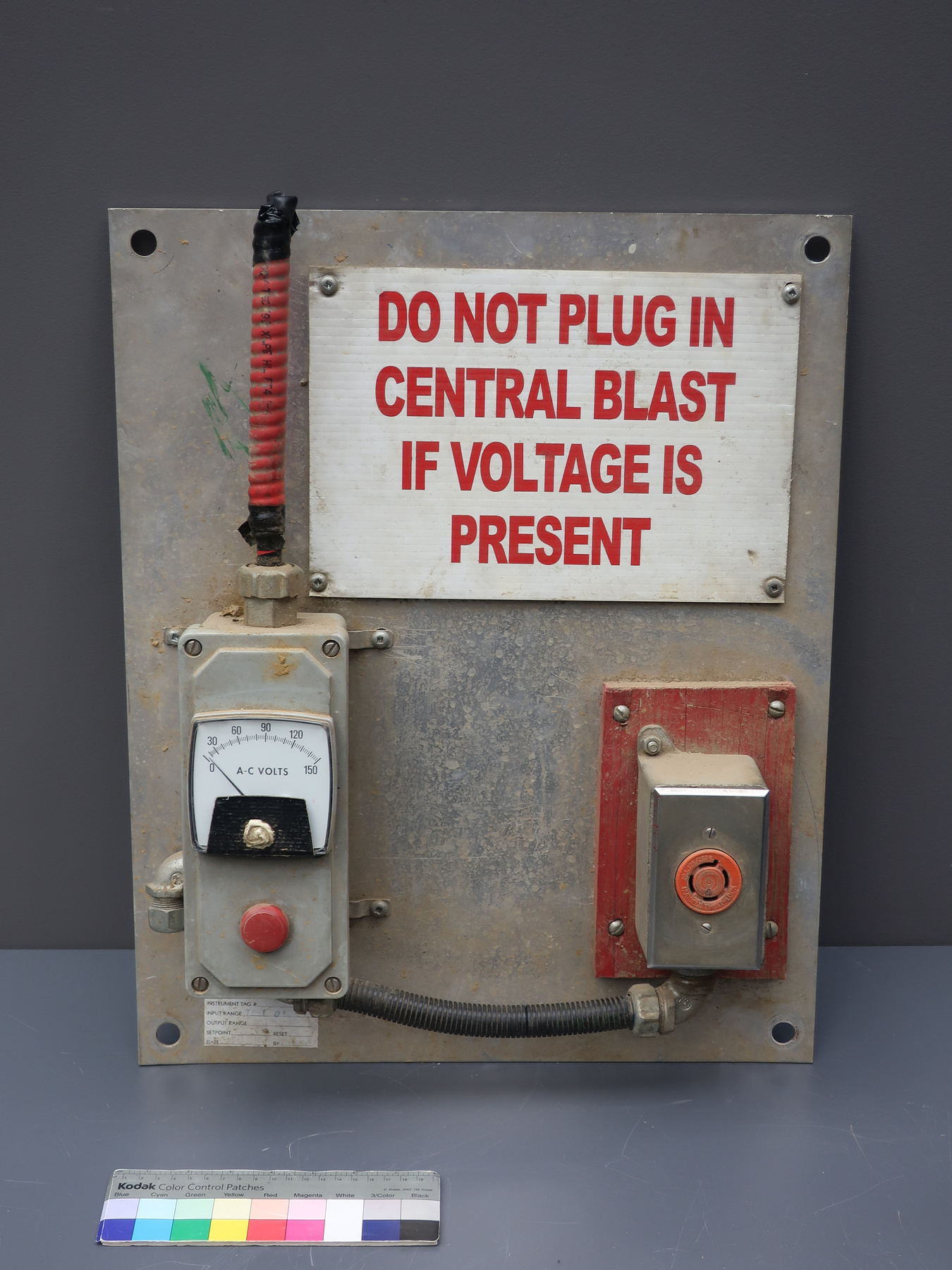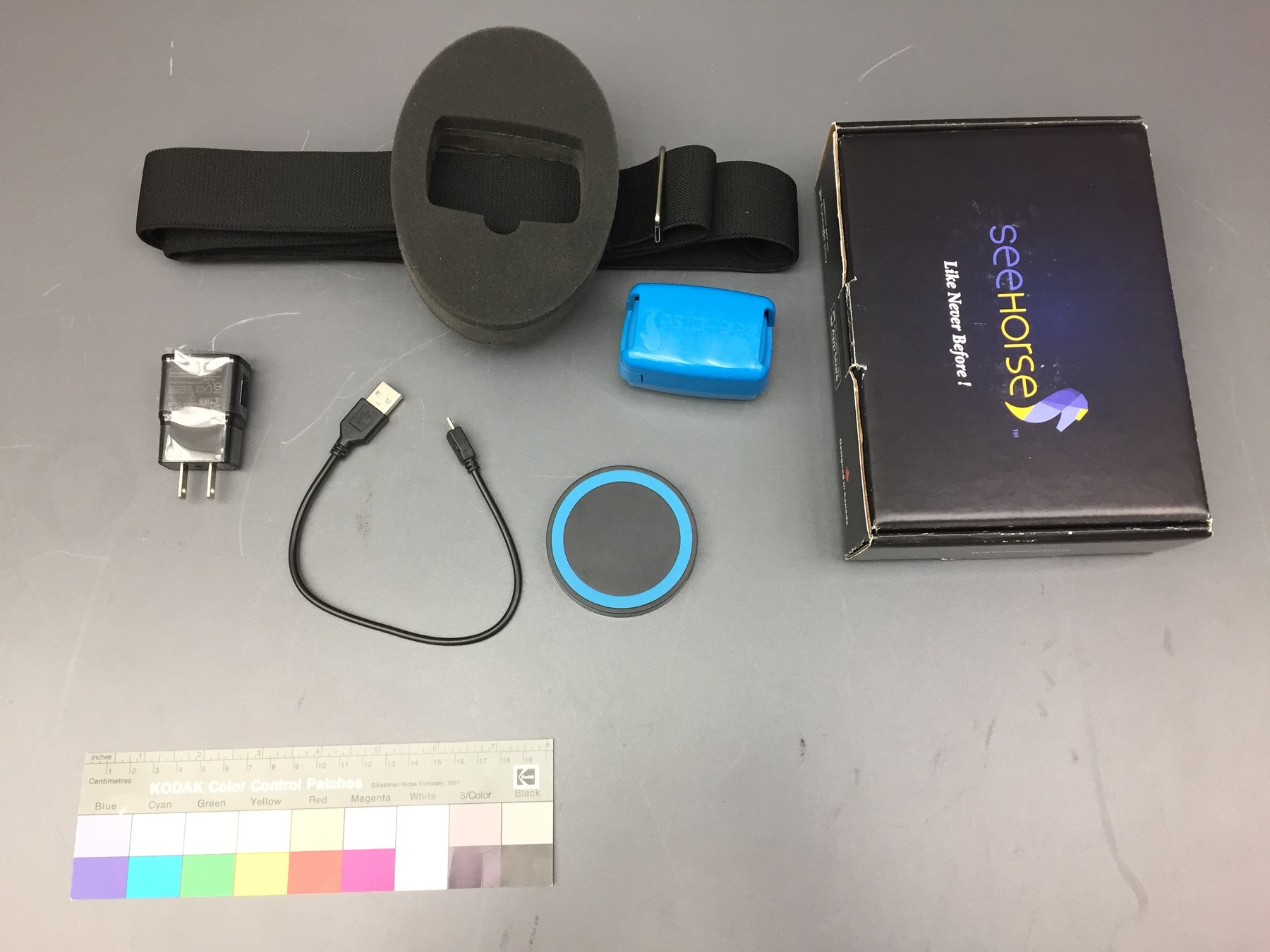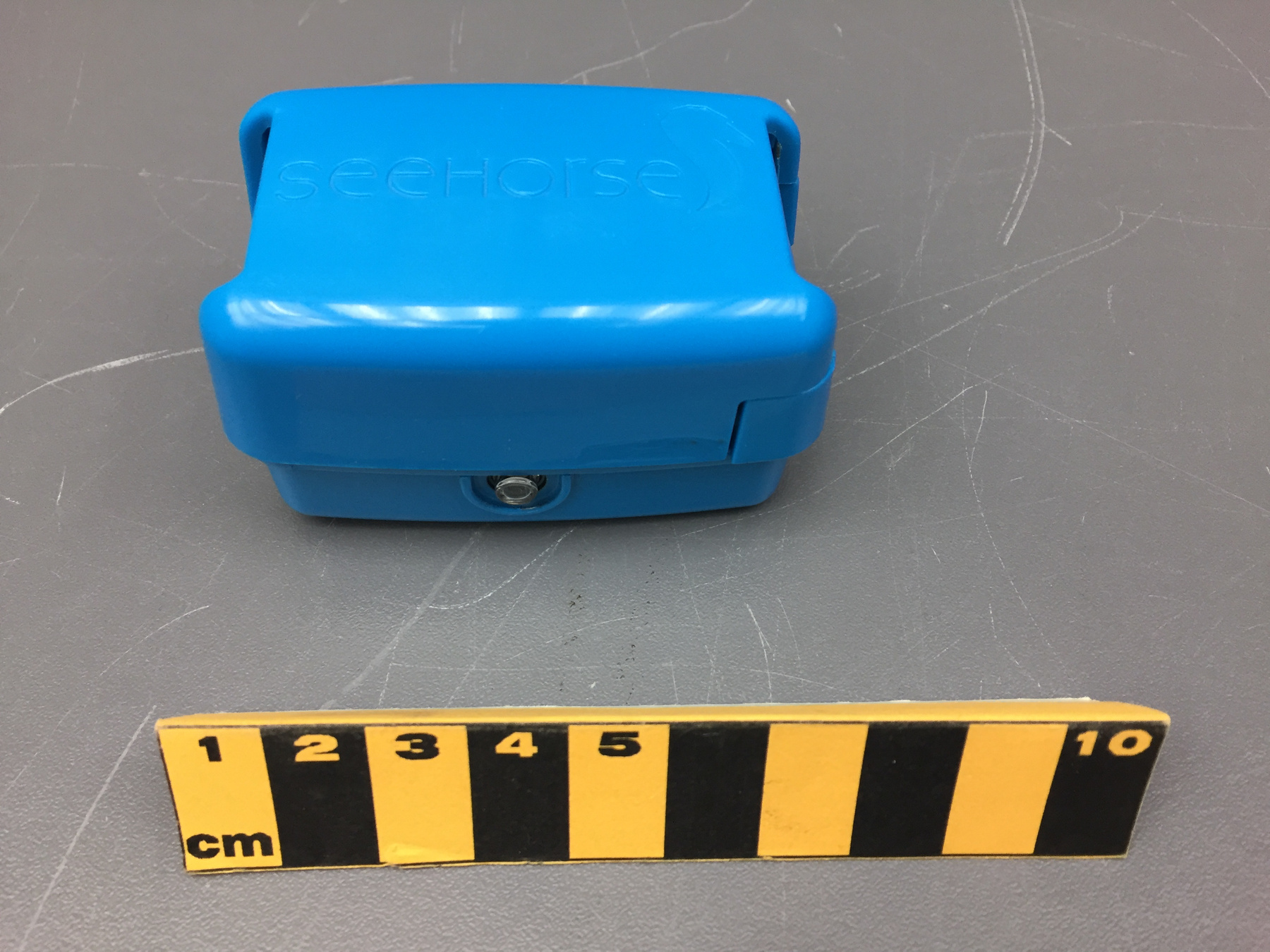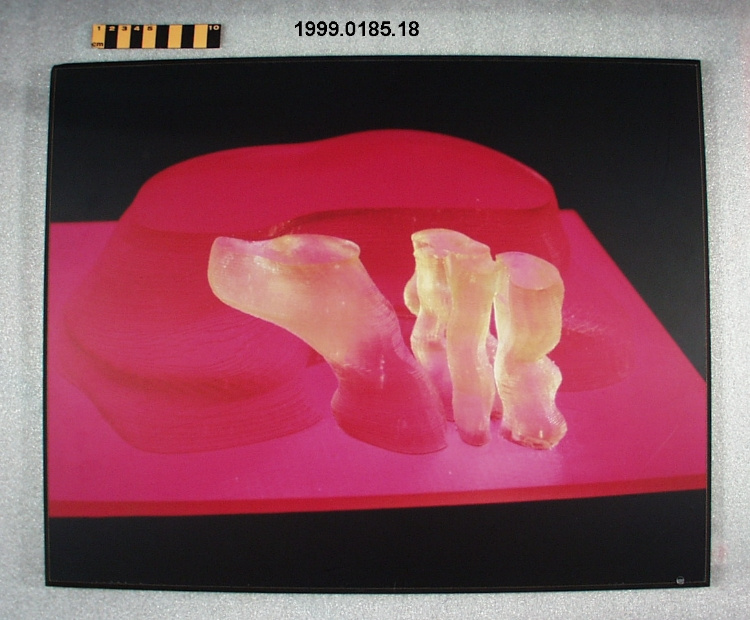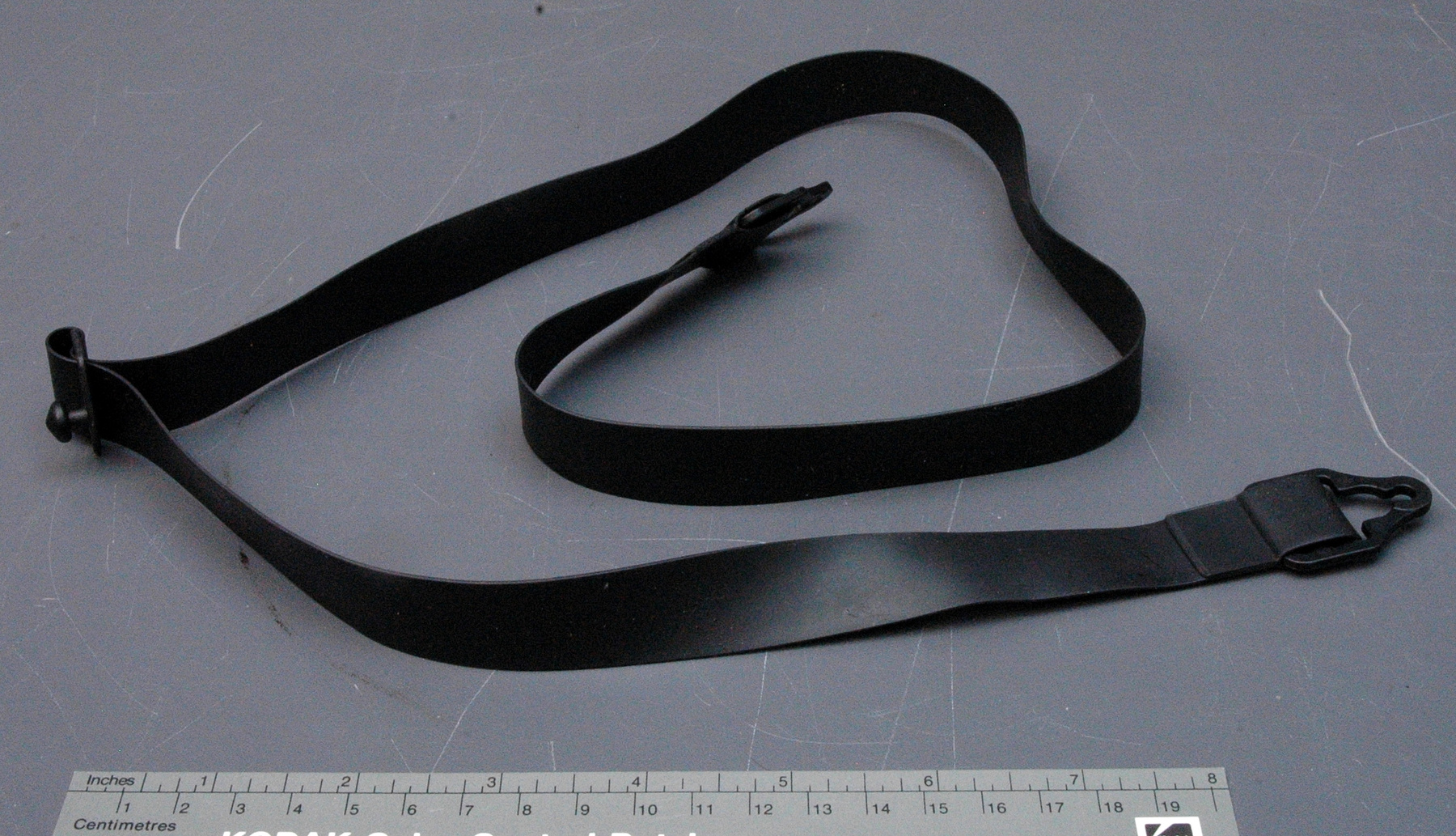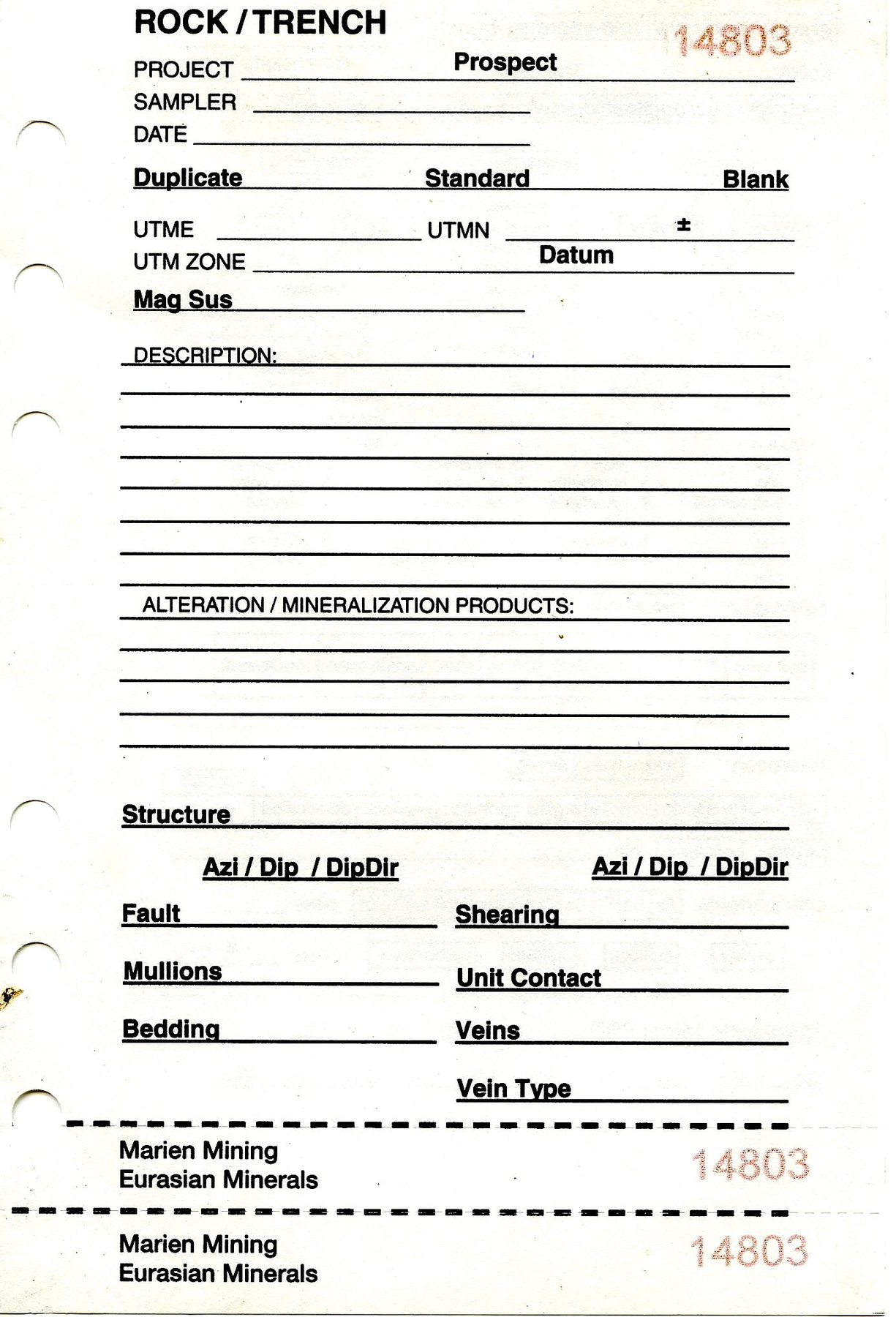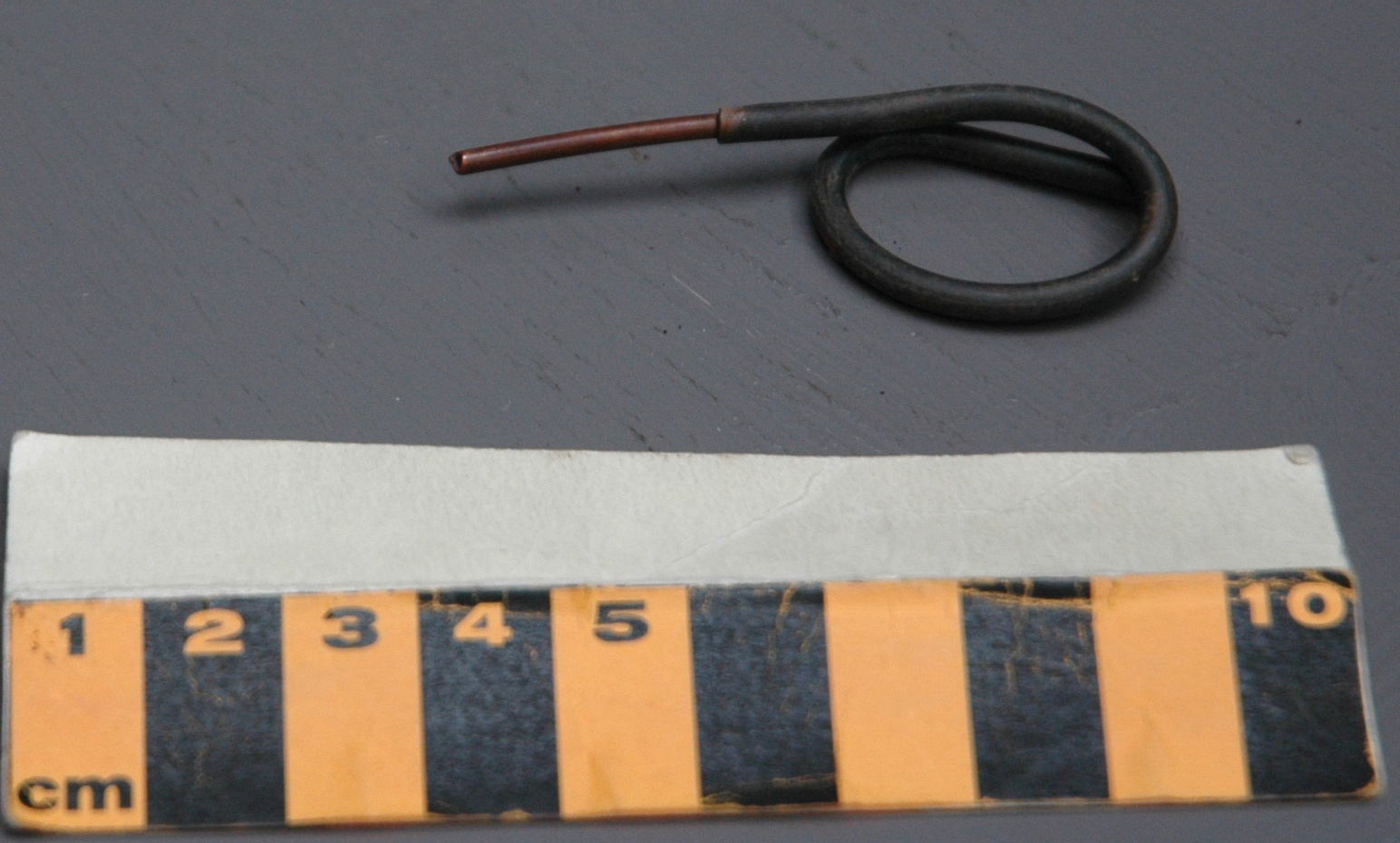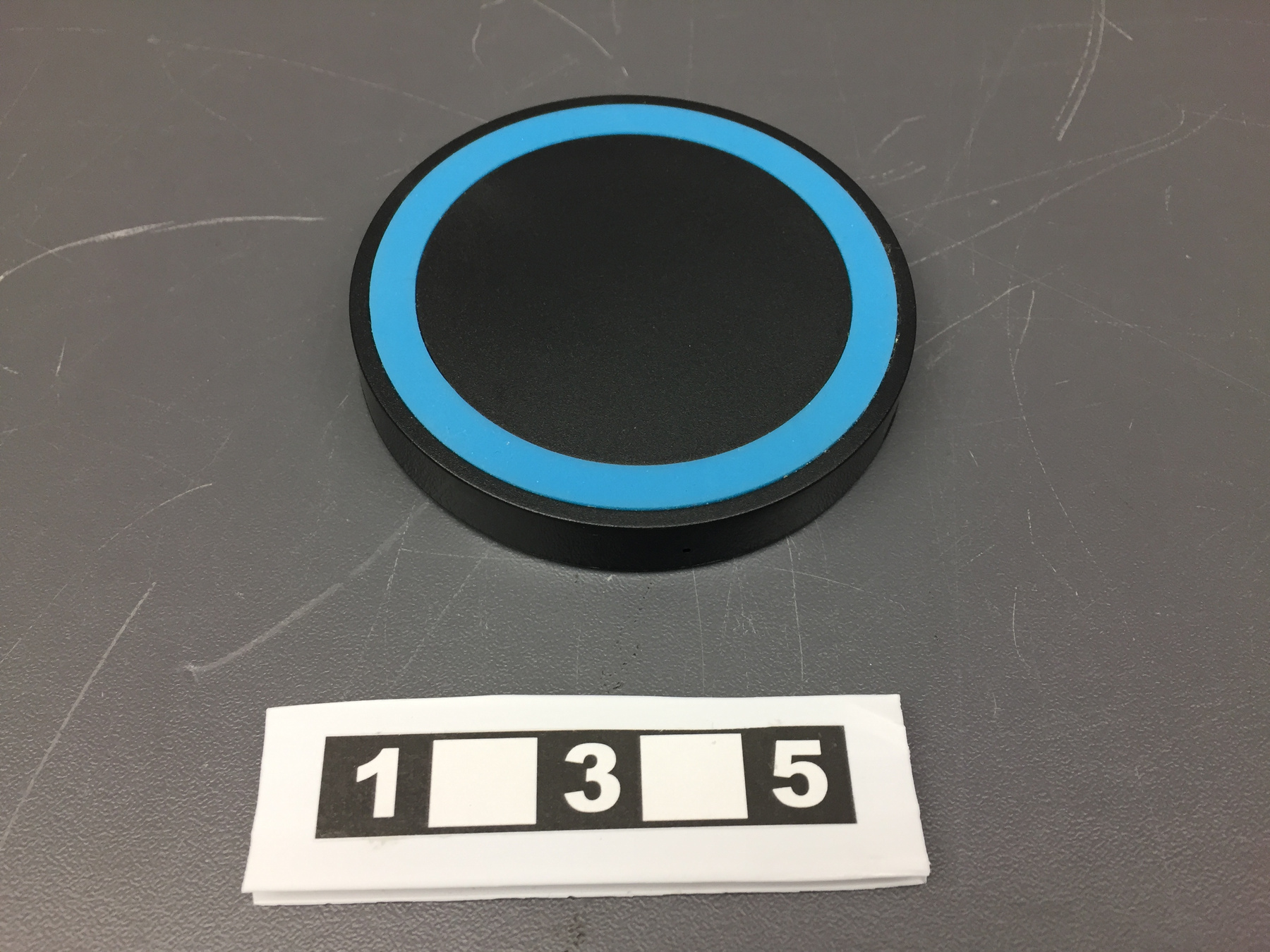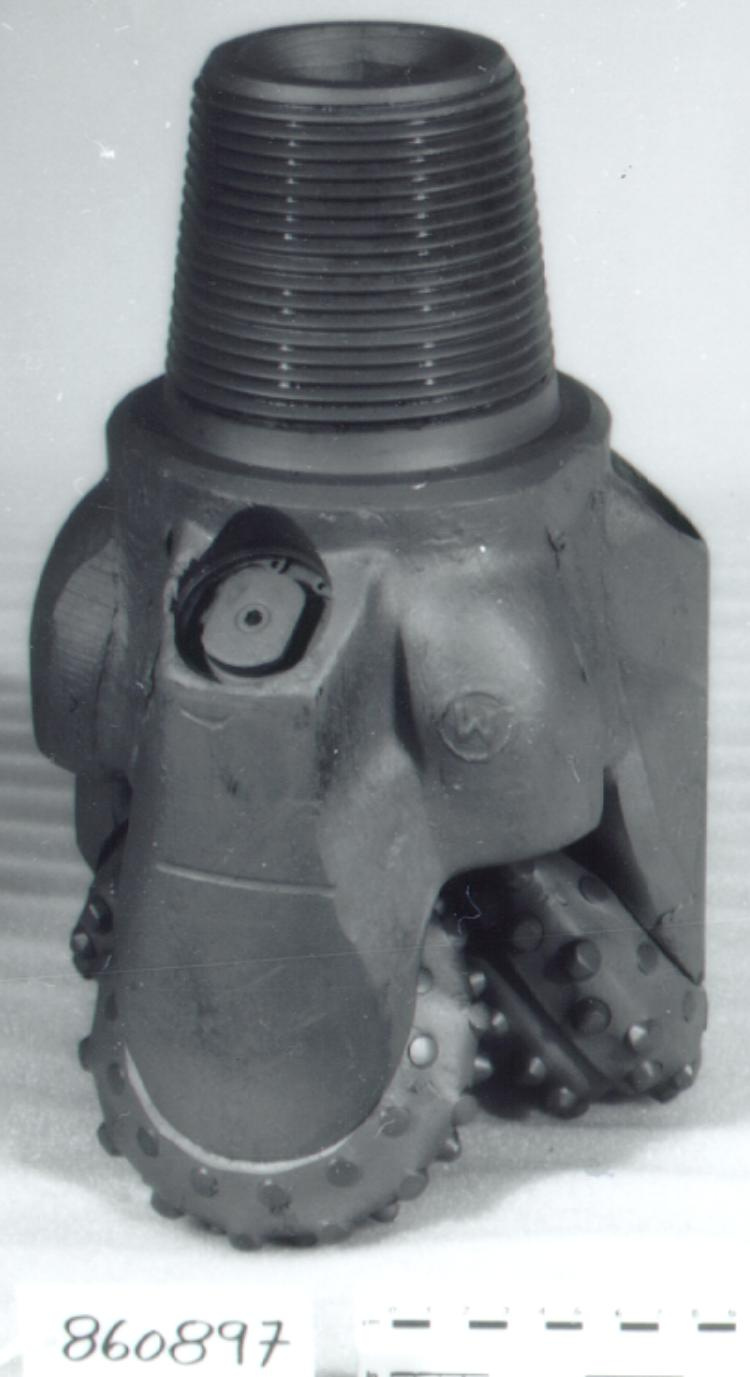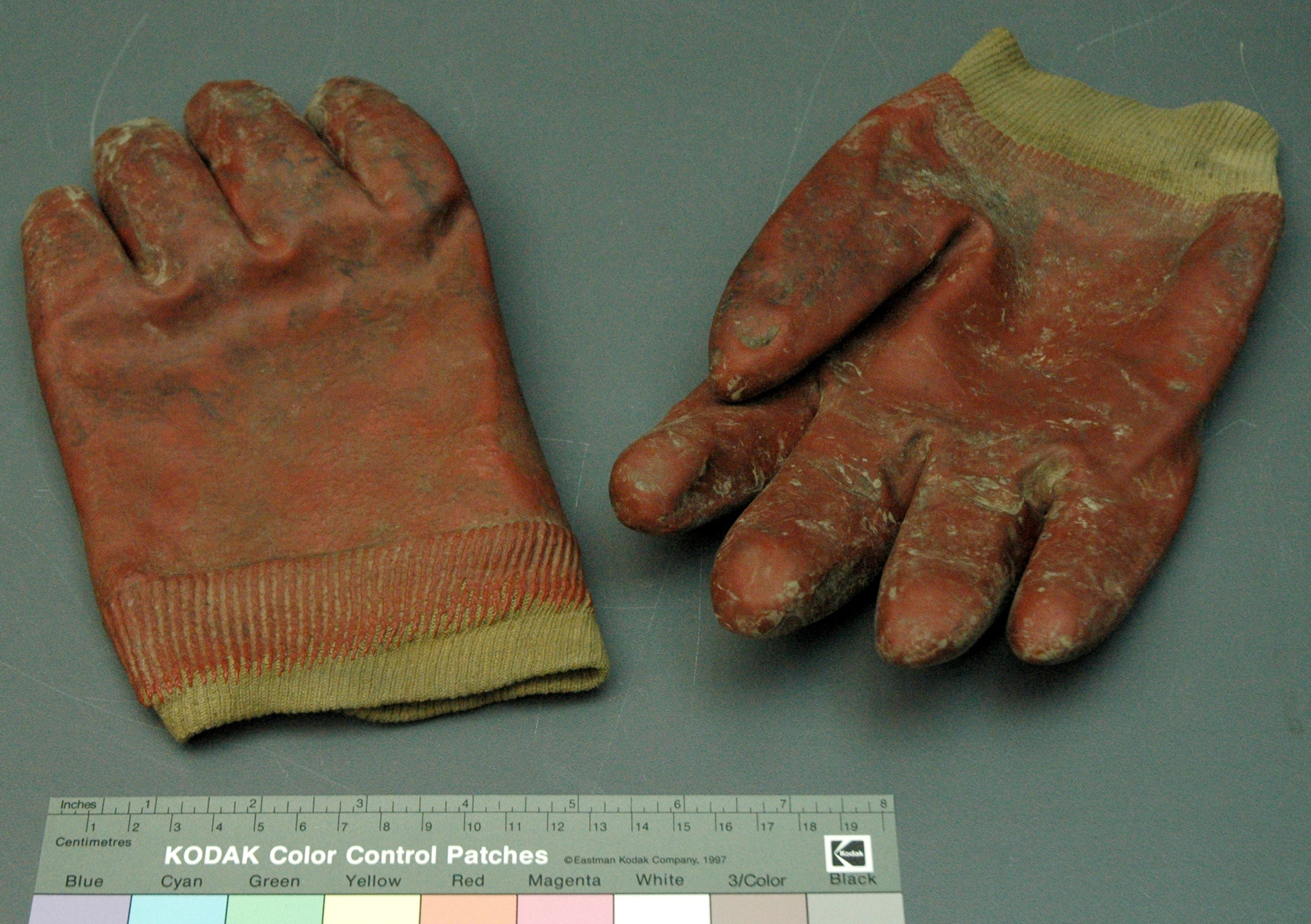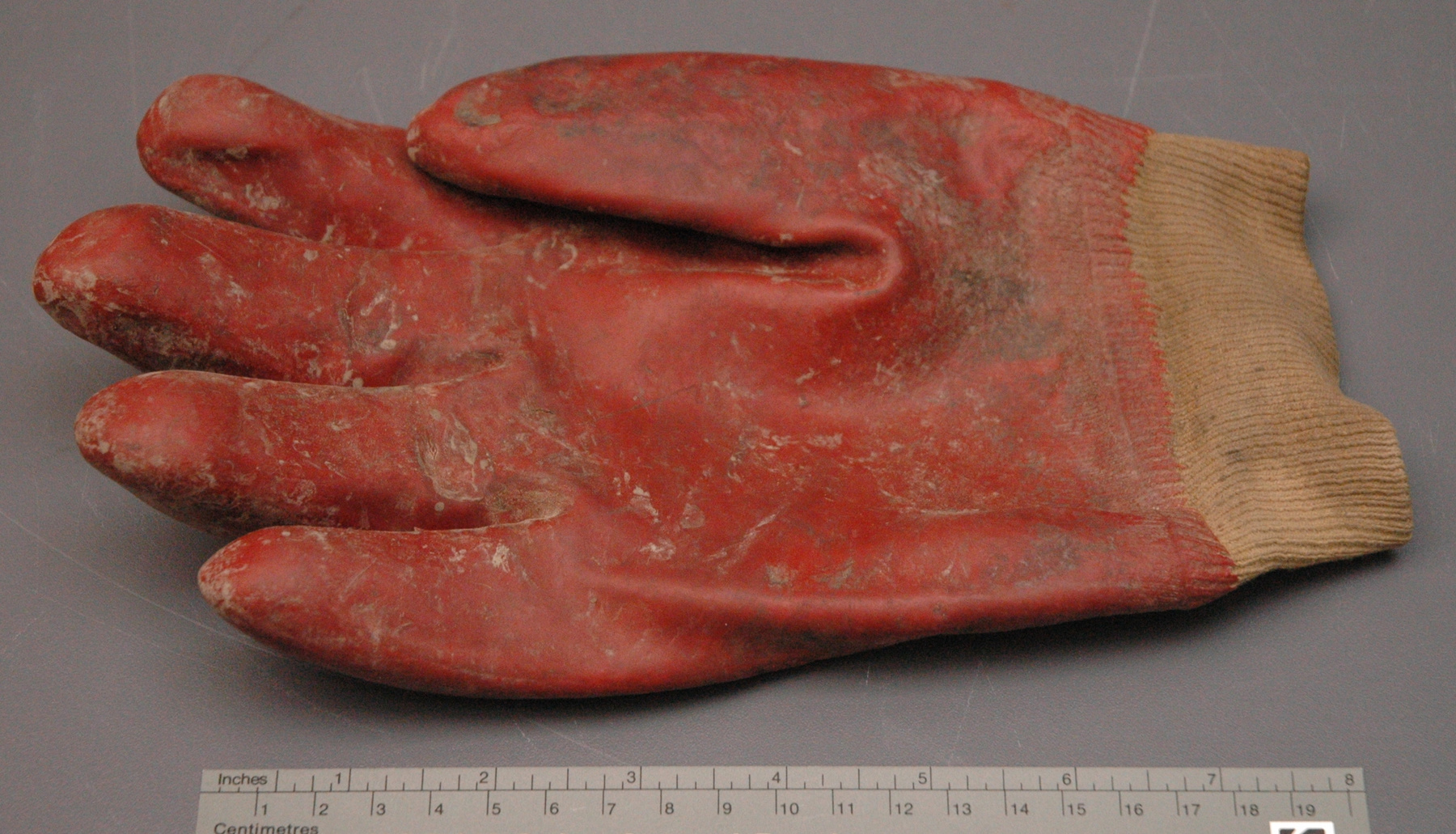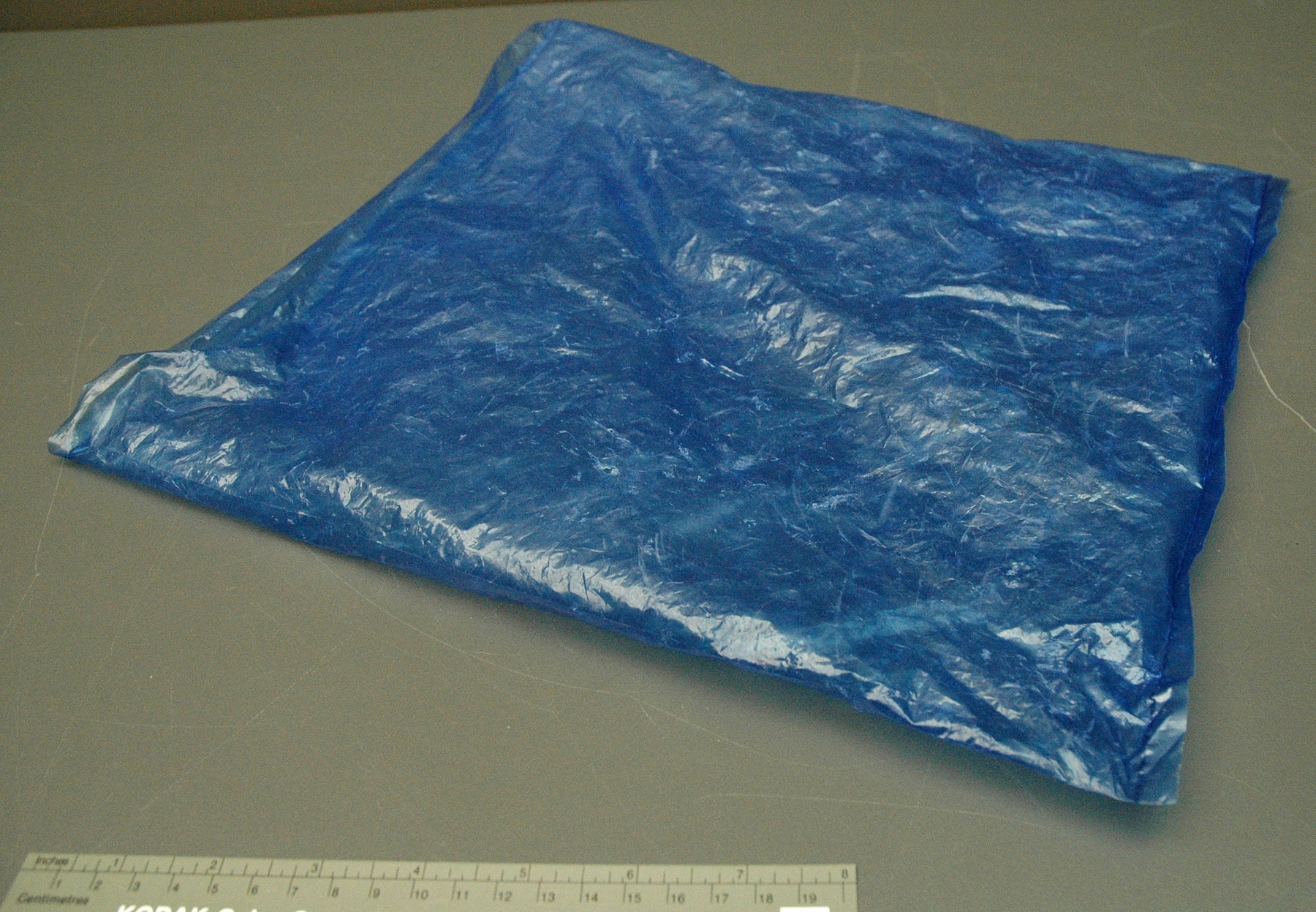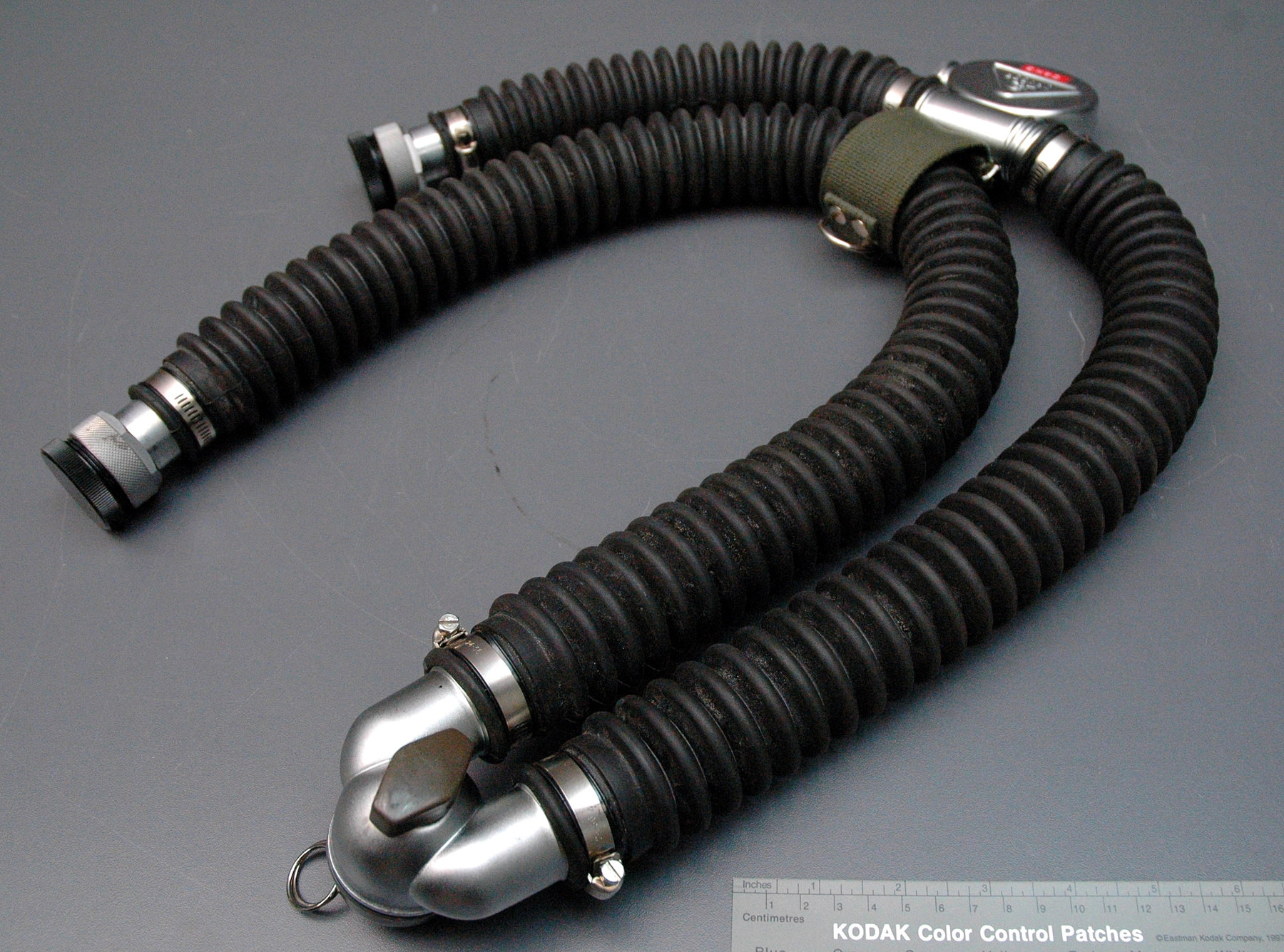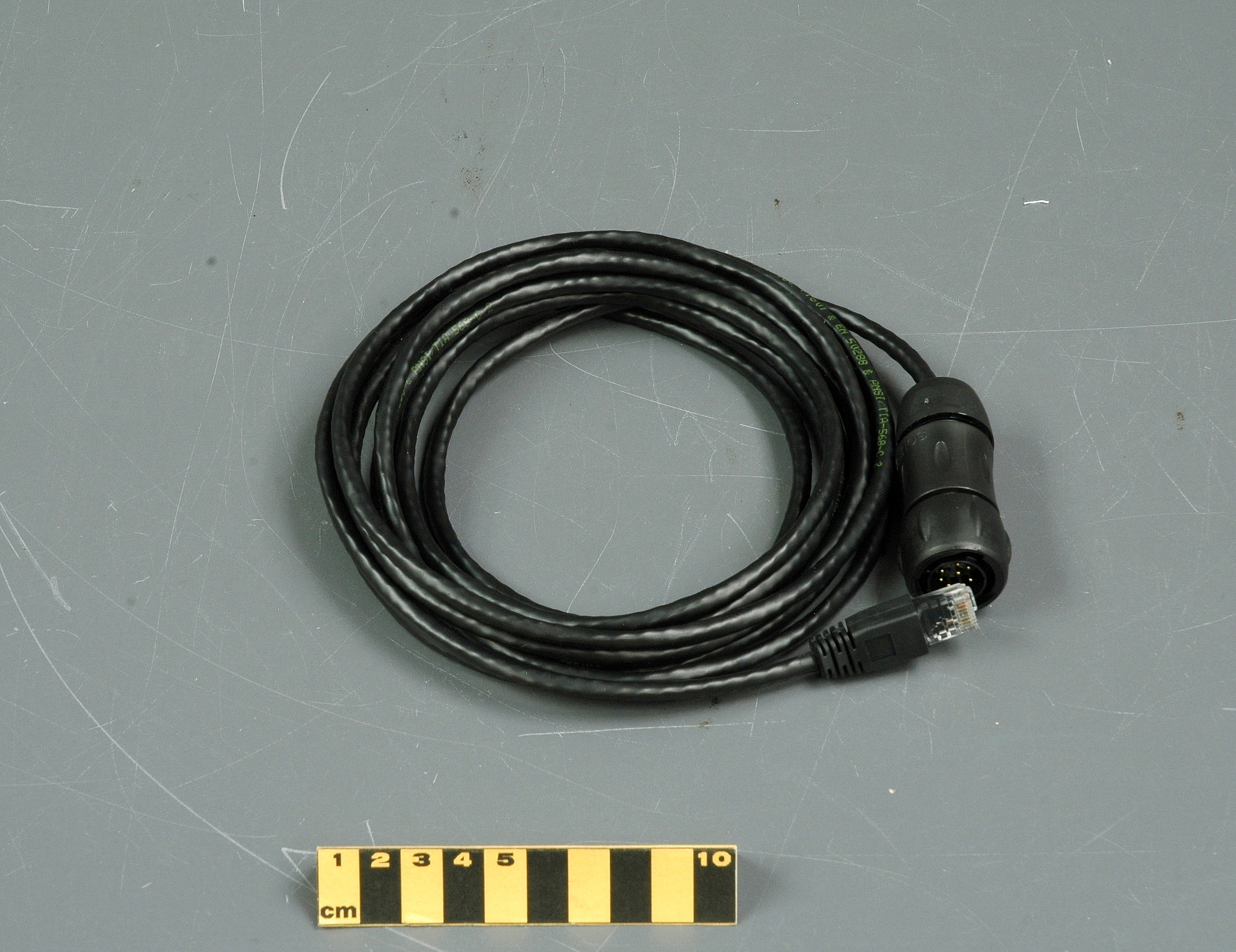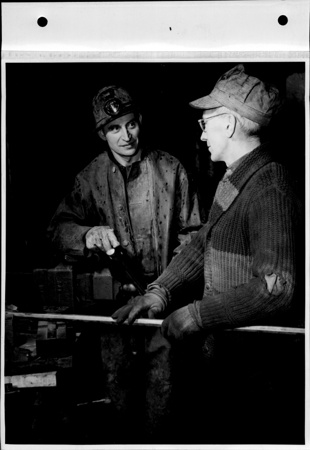Câble
Utiliser cette image
Puis-je réutiliser cette image sans autorisation? Oui
Les images sur le portail de la collection d’Ingenium ont la licence Creative Commons suivante :
Copyright Ingenium / CC BY-NC-ND (Attribution-NonCommercial 4.0 International (CC BY-NC 4.0)
ATTRIBUER CETTE IMAGE
Ingenium,
2017.0055.005
Permalien:
Ingenium diffuse cette image sous le cadre de licence Creative Commons et encourage son téléchargement et sa réutilisation à des fins non commerciales. Veuillez mentionner Ingenium et citer le numéro de l’artefact.
TÉLÉCHARGER L’IMAGEACHETER CETTE IMAGE
Cette image peut être utilisée gratuitement pour des fins non commerciales.
Pour un usage commercial, veuillez consulter nos frais de reproduction et communiquer avec nous pour acheter l’image.
- TYPE D’OBJET
- S/O
- DATE
- 2016
- NUMÉRO DE L’ARTEFACT
- 2017.0055.005
- FABRICANT
- Inconnu
- MODÈLE
- Inconnu
- EMPLACEMENT
- Unknown
Plus d’information
Renseignements généraux
- Nº de série
- S/O
- Nº de partie
- 5
- Nombre total de parties
- 13
- Ou
- S/O
- Brevets
- S/O
- Description générale
- Predominantly synthetic with metal contacts
Dimensions
Remarque : Cette information reflète la taille générale pour l’entreposage et ne représente pas nécessairement les véritables dimensions de l’objet.
- Longueur
- 17,3 cm
- Largeur
- 15,7 cm
- Hauteur
- 3,8 cm
- Épaisseur
- S/O
- Poids
- S/O
- Diamètre
- S/O
- Volume
- S/O
Lexique
- Groupe
- Mines et métallurgie
- Catégorie
- Divers
- Sous-catégorie
- S/O
Fabricant
- Ou
- Inconnu
- Pays
- Inconnu
- État/province
- Inconnu
- Ville
- Inconnu
Contexte
- Pays
- Inconnu
- État/province
- Inconnu
- Période
- Inconnu
- Canada
-
Dr. Jon Peck, who holds a PhD and MSc in Mining Engineering from McGill, is a leading expert in the automation of mobile mining equipment. He is recognized internationally for his work in this field. In 2015, Dr. Peck has been inducted to the International Mining Technology Hall of Fame for his work on automation of surface mining technologies. Dr. Peck’s research on automation dates back to the Canadian Center for Automation and Robotics in Mining. This little documented, but extremely important Centre was created jointly by Ecole Polytechnique and McGill in 1988, and operated at McGill until 1996. The CCARM was led by researchers such as Dr. John Edwards, Dr. Laeeque Daneshmend and Andre Peacher, who continued there the work earlier conducted at the Noranda Research Centre. The Noranda Centre and CCARM were at the core of most of mining R&D, and the entire Canadian automated and remote mining community has its roots in these institutions. When CCARM lost its funding, Dr. Peck moved to Queen’s University, where he served as the Head of the Department of Mining Engineering. In this position, he not only developed new technologies but also supervised PhD research of a younger generation of mining engineers, who are today responsible for designing technologies for mining from deep sea to space. In 1992, Dr. Peck founded Aquila Mining Systems Ltd. which designed an Advanced Monitoring and Positioning Platform. The product was sold to Caterpillar in 1996 and is now a standard platform in surface mining operations. At Aquila, Dr. Peck was responsible for pioneering of the real-time high precision GOS guidance for blasthole drills and cable shovels and drill monitoring with rock recognition capabilities. In fact, all subsequent work on rock recognition has been based on Dr. Peck’s research. In 2004, Dr. Peck created Peck Tech, where he continues to work on augmented GPS devices, advanced rock recognition algorithms, and autonomous drill operations. He also advices mining companies around the world on automation and remote mining. Dr. Peck continues to educate and mentor a new generation of Canadian mining engineers through his work at Queen’s, McGill and Concordia. Dr. Sandy Pyke is an Electronic Technologist, software engineer and hardware architect. He worked with Dr. Peck at Aquila in the 1990s, and then continued developing the monitoring and positioning platforms at Caterpillar. He built prototypes of Aquila’s and Peck Tech’s technologies. Dr. Pyke rejoined Peck at Peck Tech in 2004. (From Acquisition Proposal, see Ref. 1) - Fonction
-
To connect the scanner to another unit for transfer of information. - Technique
-
The uGPS Rapid Mapper is a small, portable, fully automated, remotely controlled scanner. The scanner is furnished with a GPS system, which can map reference points for an underground mine and use the points to positions the scanner in the mine allowing it to accurately locate it. uGPS Rapid Mapper is a unique laser-based, mobile mapping technology designed to survey underground mines and build 3D maps that can be converted to virtual mines or can be modeled on a PC. The system travels through a mine and scans it very quickly, creating a 3D point cloud data. The data conveys very detailed information on the mine. It allows us to examine the mine inside, but also to step out of the mine and see its model. This extends the applications of the technology from mine planning and safety to assessment of geological data and vertical excavations for narrow-veined deposits. The technology includes 2 laser scanners, which scan the area creating point clouds; an inertial sensor that calculates position, orientation and velocity of the unit underground; an onboard computer, optional Wi-Fi connectivity, and an RFID tag reader. This allows for an open loop scanning, close loop scanning and vertical scanning. (From Acquisition Proposal, see Ref. 1) - Notes sur la région
-
Inconnu
Détails
- Marques
- Moulded into the larger connector's casing: "SOURIAU/ TRIM TRIO/ [clockwise on the end of the connector] A/ B/ C/ D/ E/ F/ G/ H"
- Manque
- Appears complete
- Fini
- Predominantly black cord and connectors with one clear synthetic end showing red, white, green and blue wires inside.
- Décoration
- S/O
FAIRE RÉFÉRENCE À CET OBJET
Si vous souhaitez publier de l’information sur cet objet de collection, veuillez indiquer ce qui suit :
Fabricant inconnu, Câble, vers 2016, Numéro de l'artefact 2017.0055, Ingenium - Musées des sciences et de l'innovation du Canada, http://collection.ingeniumcanada.org/fr/id/2017.0055.005/
RÉTROACTION
Envoyer une question ou un commentaire sur cet artefact.
Plus comme ceci
